 Blog
Blog
Summary of the Evaluation Report of RESHAPE
The Evaluation Report is prepared by Eduardo Bonito, Claire Malika Zerhouni, Isabel Ferreira, Katarina Pavić and Lívia Diniz with contribution of Lala Deheinzelin
A practice-based database & a listing of artistic initiatives experimenting with new models of working together or innovative ways of engaging audiences in different parts of Euromed.
 Blog
Blog
The Evaluation Report is prepared by Eduardo Bonito, Claire Malika Zerhouni, Isabel Ferreira, Katarina Pavić and Lívia Diniz with contribution of Lala Deheinzelin
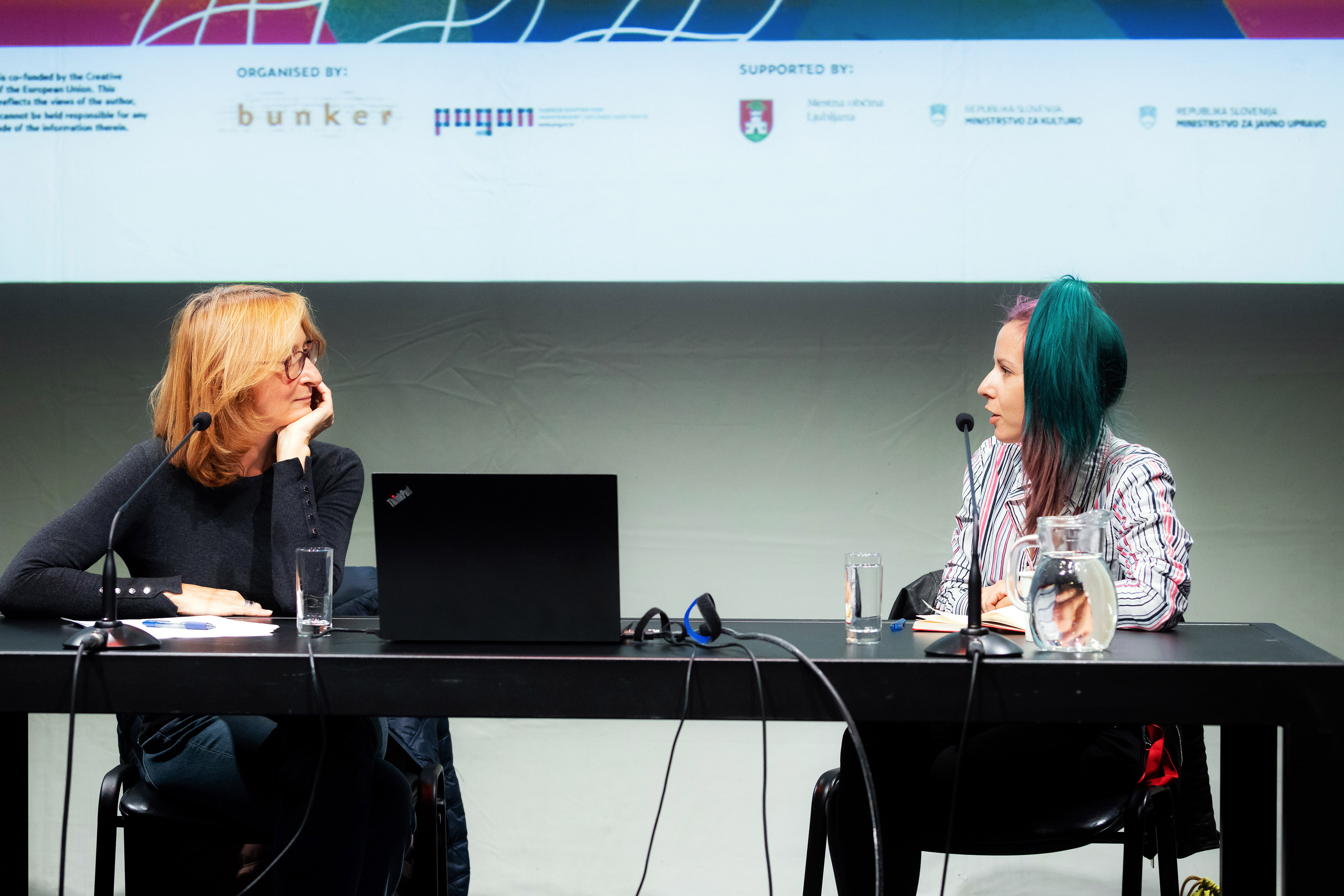 Audio
Audio
Subscribe to our newsletter and receive news about Reshape project.
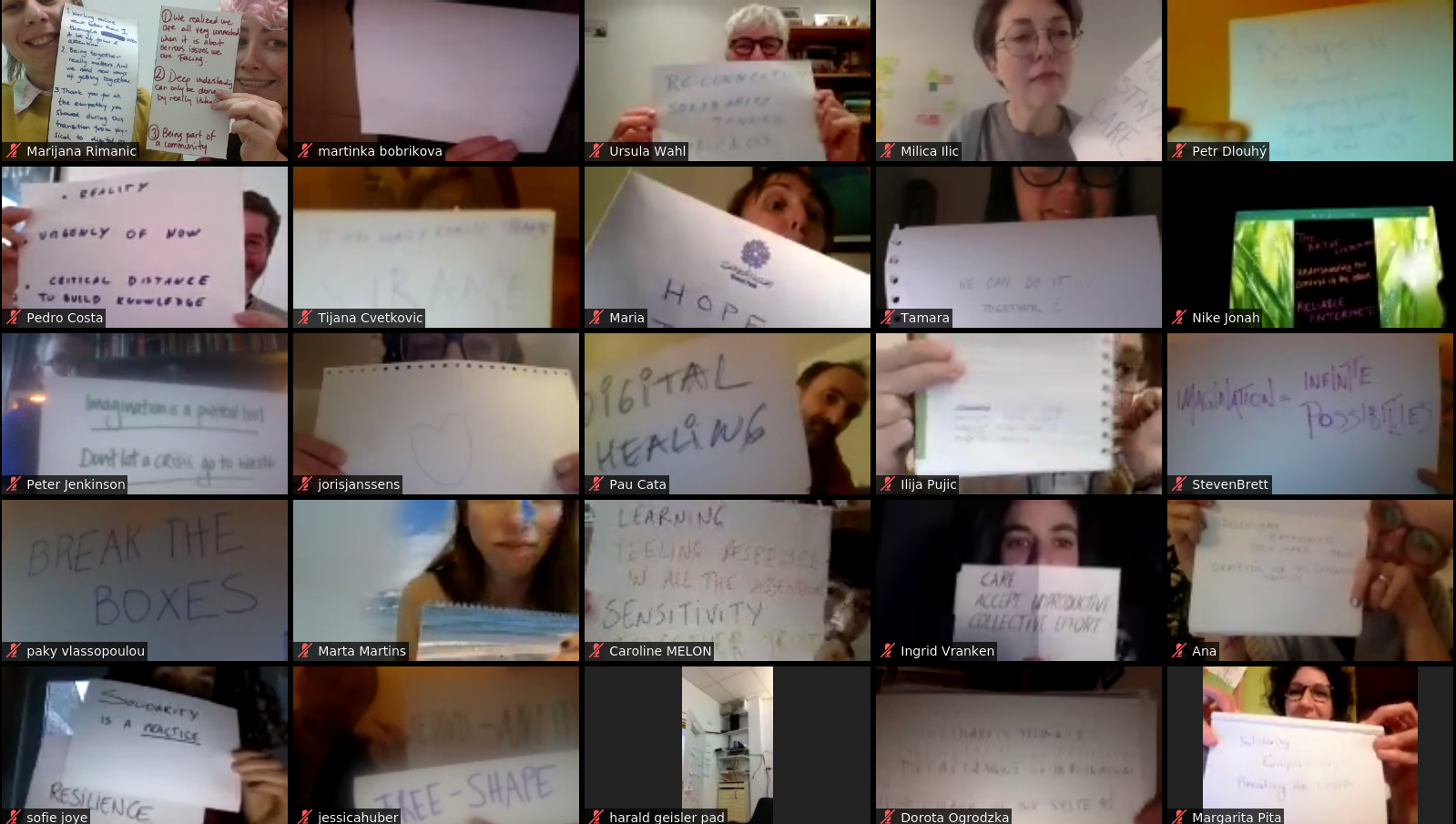
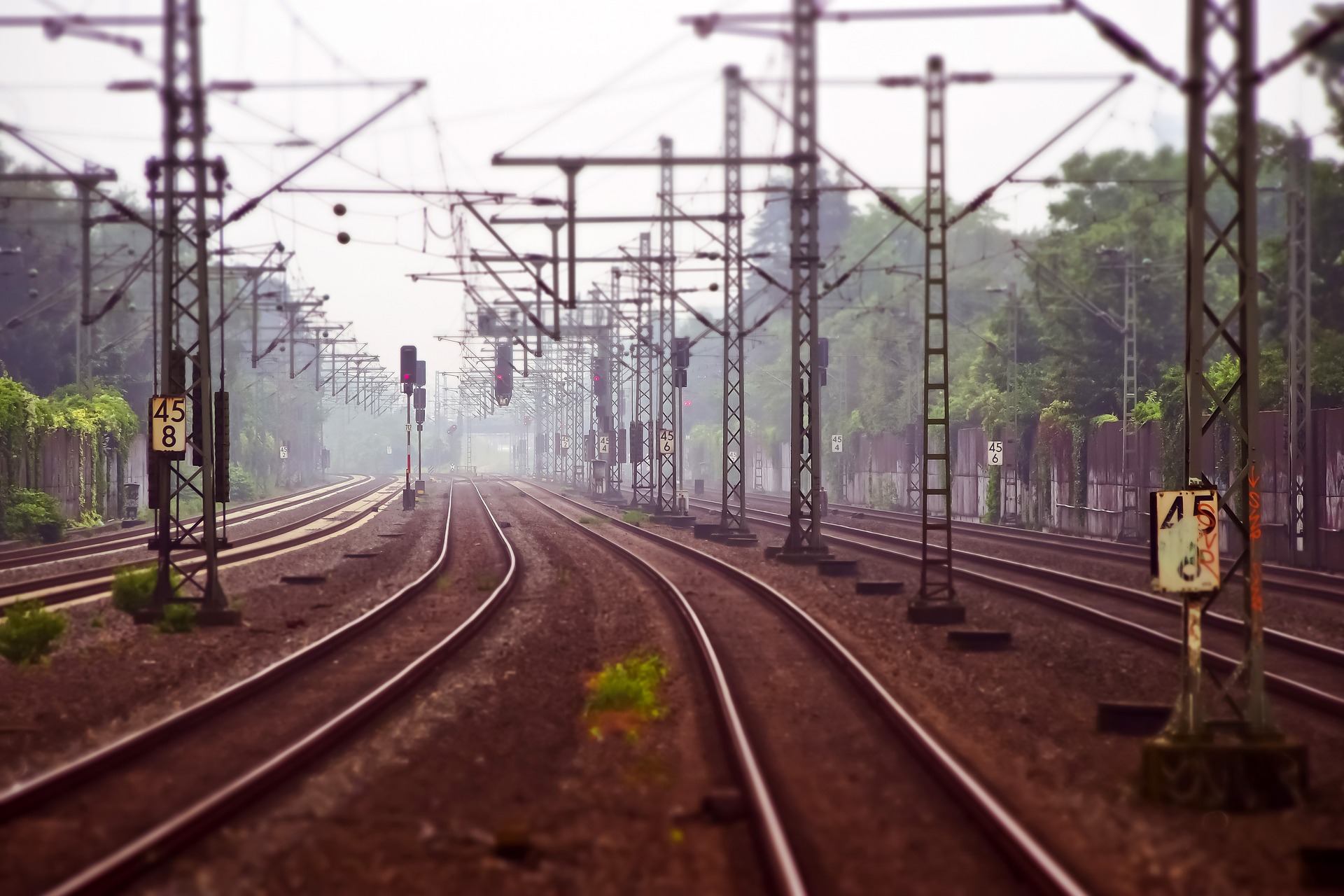
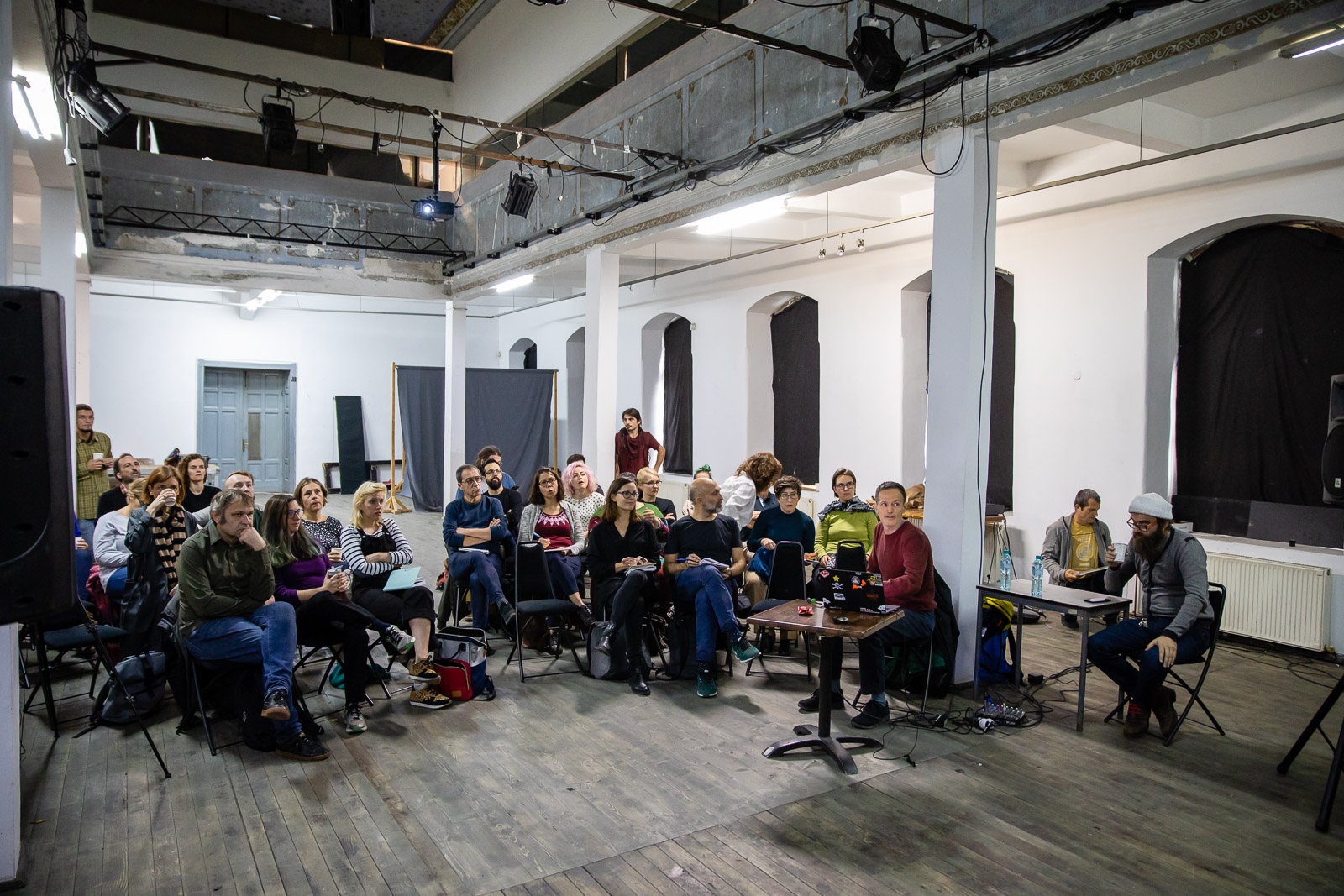

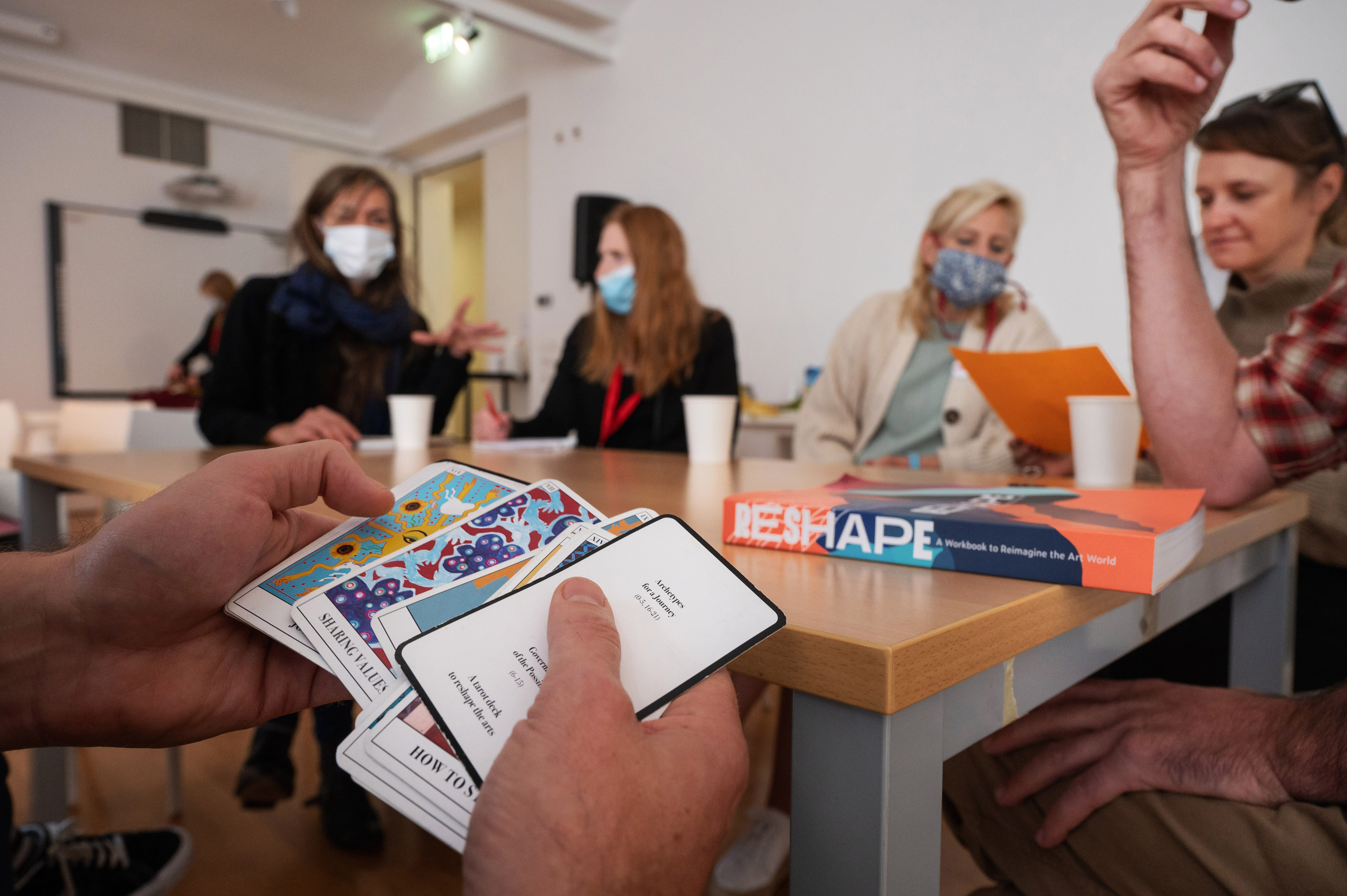
By Tjaša Puber What follows is by no account an objective attempt to reflect the events of the final conference of RESHAPE project. Albeit not a part of the project itself, I was invited to participate on the conference on three separate events as a speaker, and can therefore only offer an insight from (sort of) within. Then again – RESHAPE never pretended to be anything but that. An inside job of trying to change the (art) world.
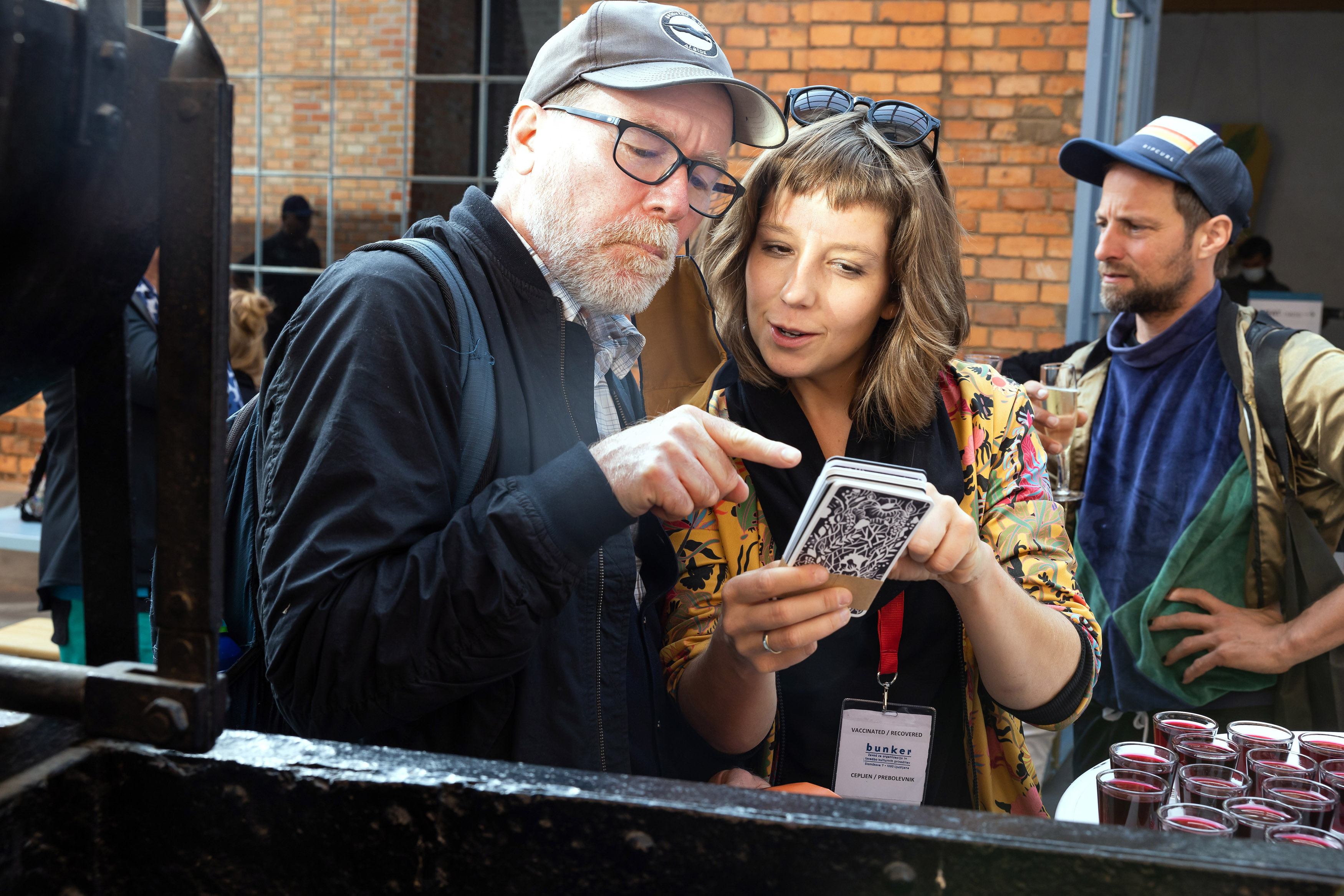
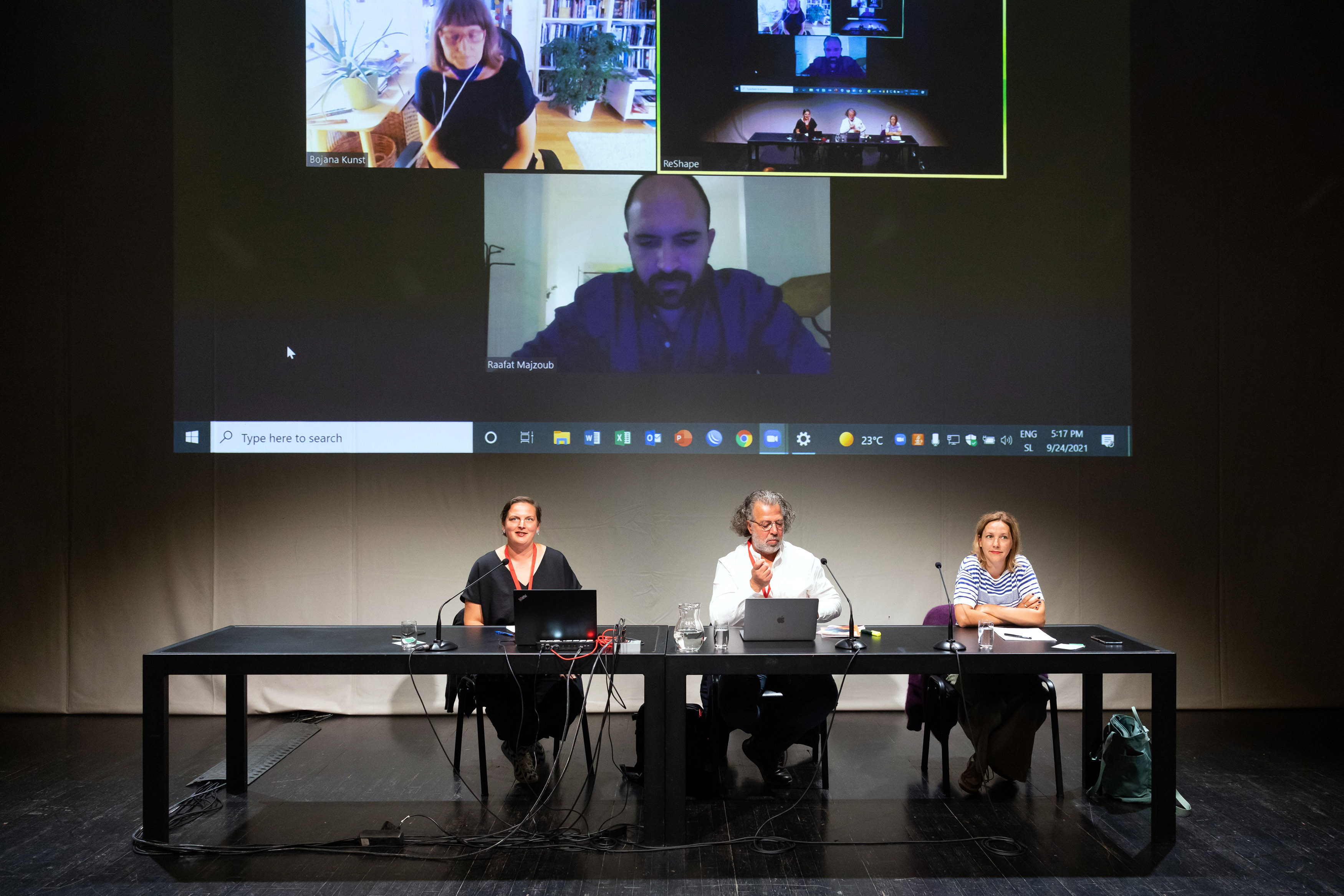
The topics of decolonization and degrowth are certainly not new, but with the recent global movements, they are receiving increased attention and a sense of urgency. The same sense exists within the art world, where the necessity for decolonizing cultural institutions is followed by the requisition to go beyond the performative level and to rethink the role of institutions and implement change at the structural level.
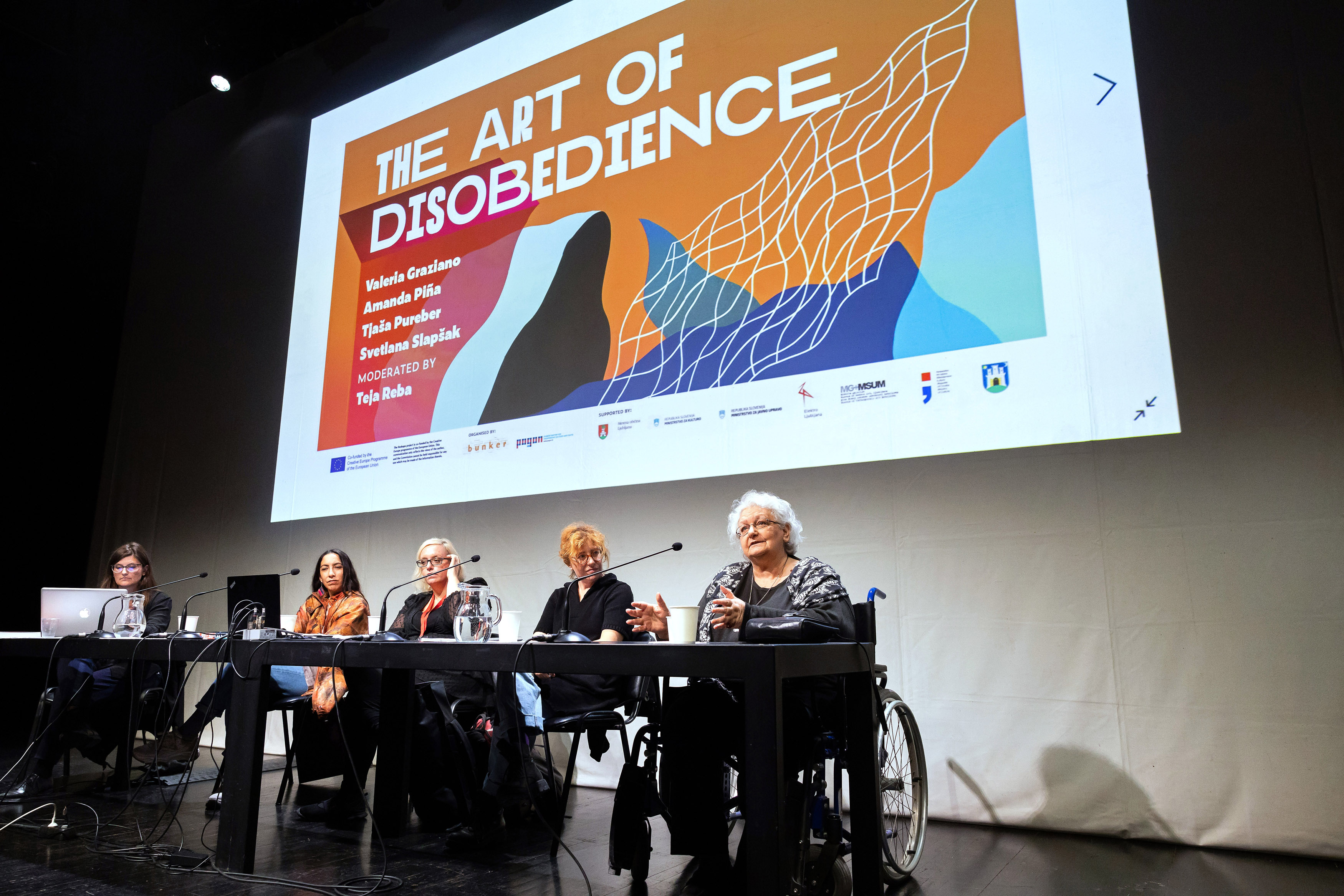
If culture is a set of invisible customs, rules and regulations pertaining to our society, can we view art as a way to question, break and reinvent them? Should artists be a force of disobedience, calling out for changes in the existing order of things? Can an artwork invite its audience to a space of shared concern, and function as an act of disobedience?

For a long time, we were living in a configuration best described as being caught between two ends, expecting the change that never comes. This “end that couldn’t end” on the one hand caused a sense of hopelessness, almost ontological fatigue, and on the other hand, it fueled the fantasies of the end that imagines it through some sort of catastrophic scenario - thus actually maintaining the status quo.
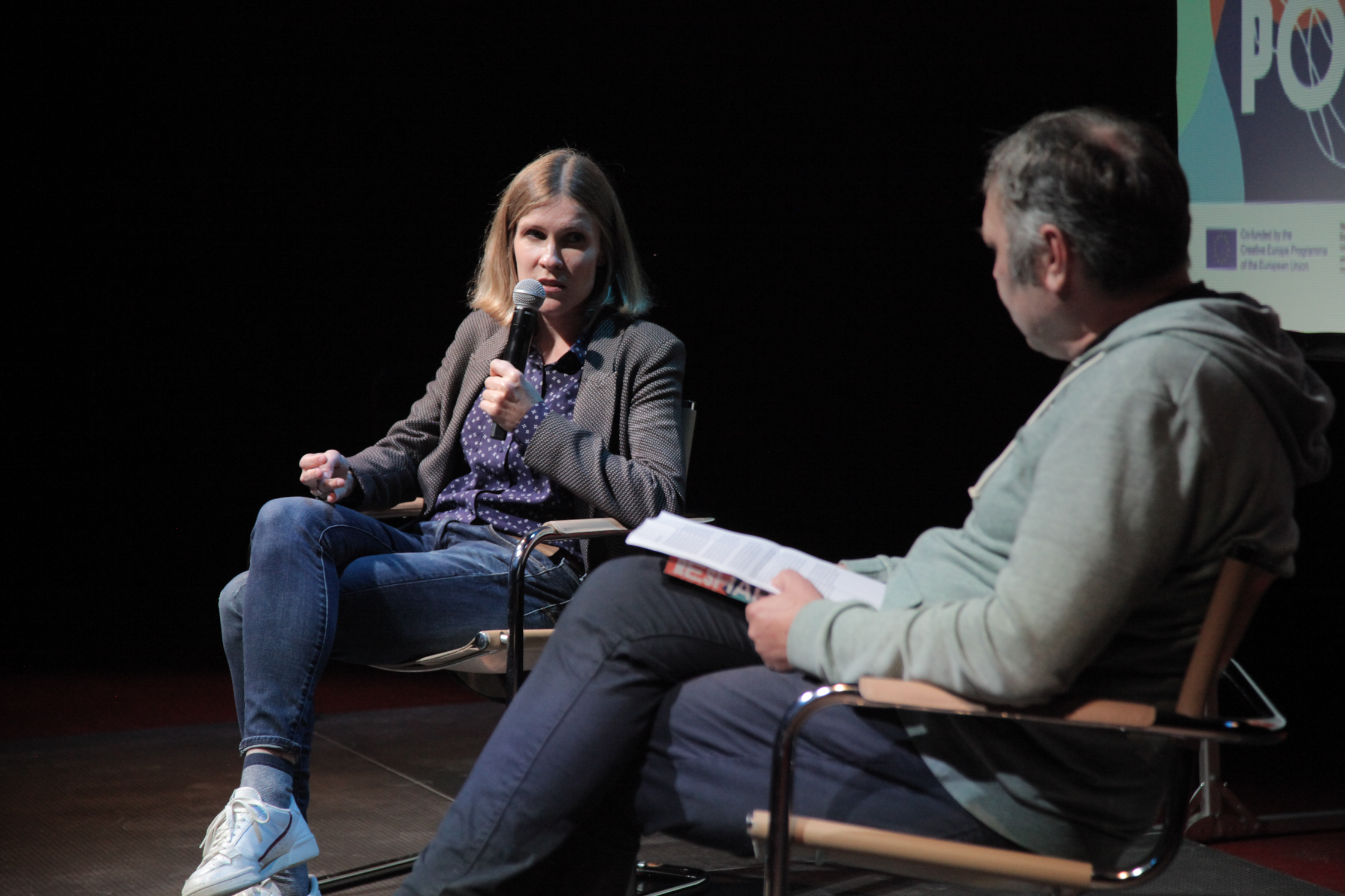
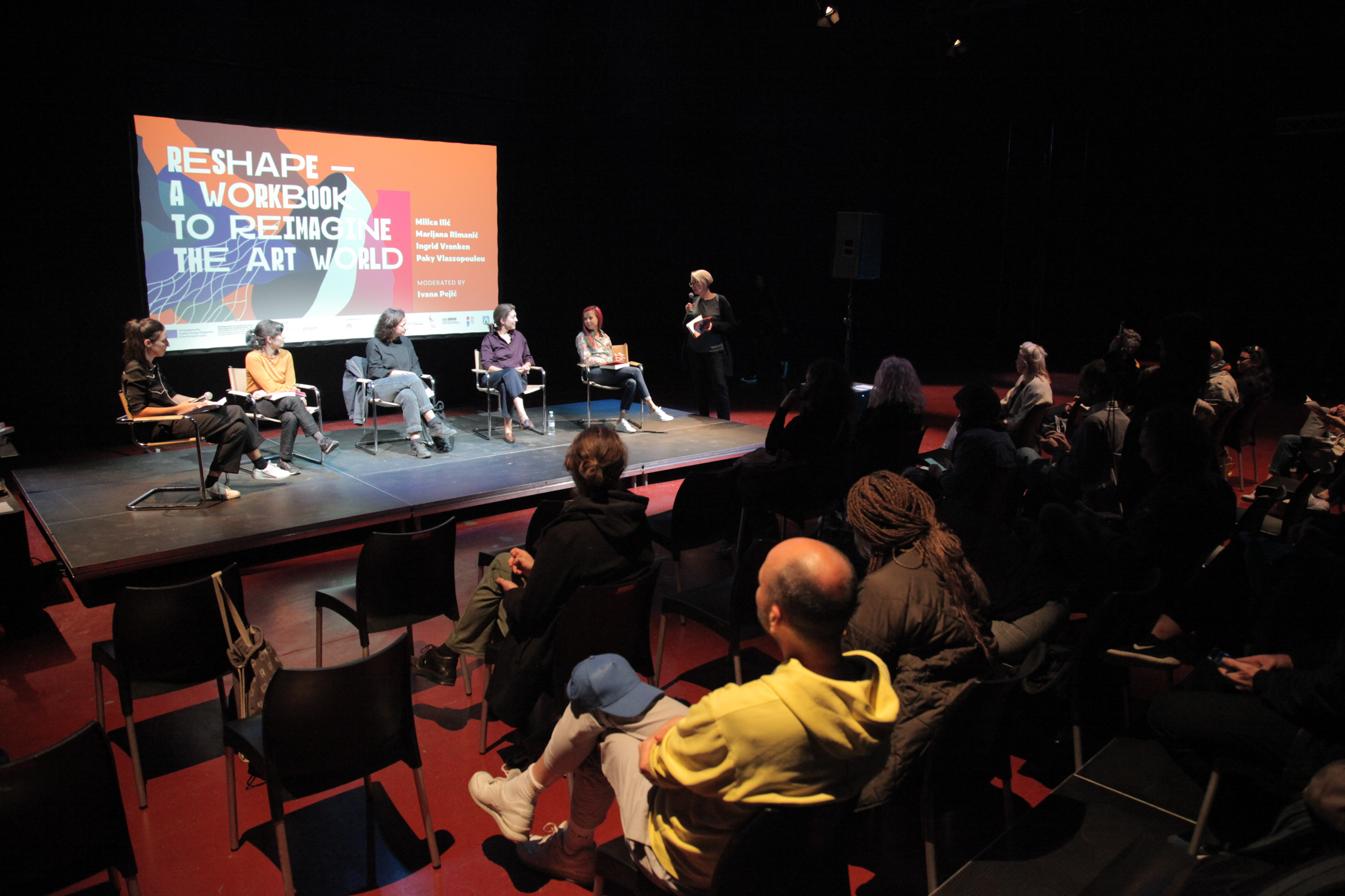
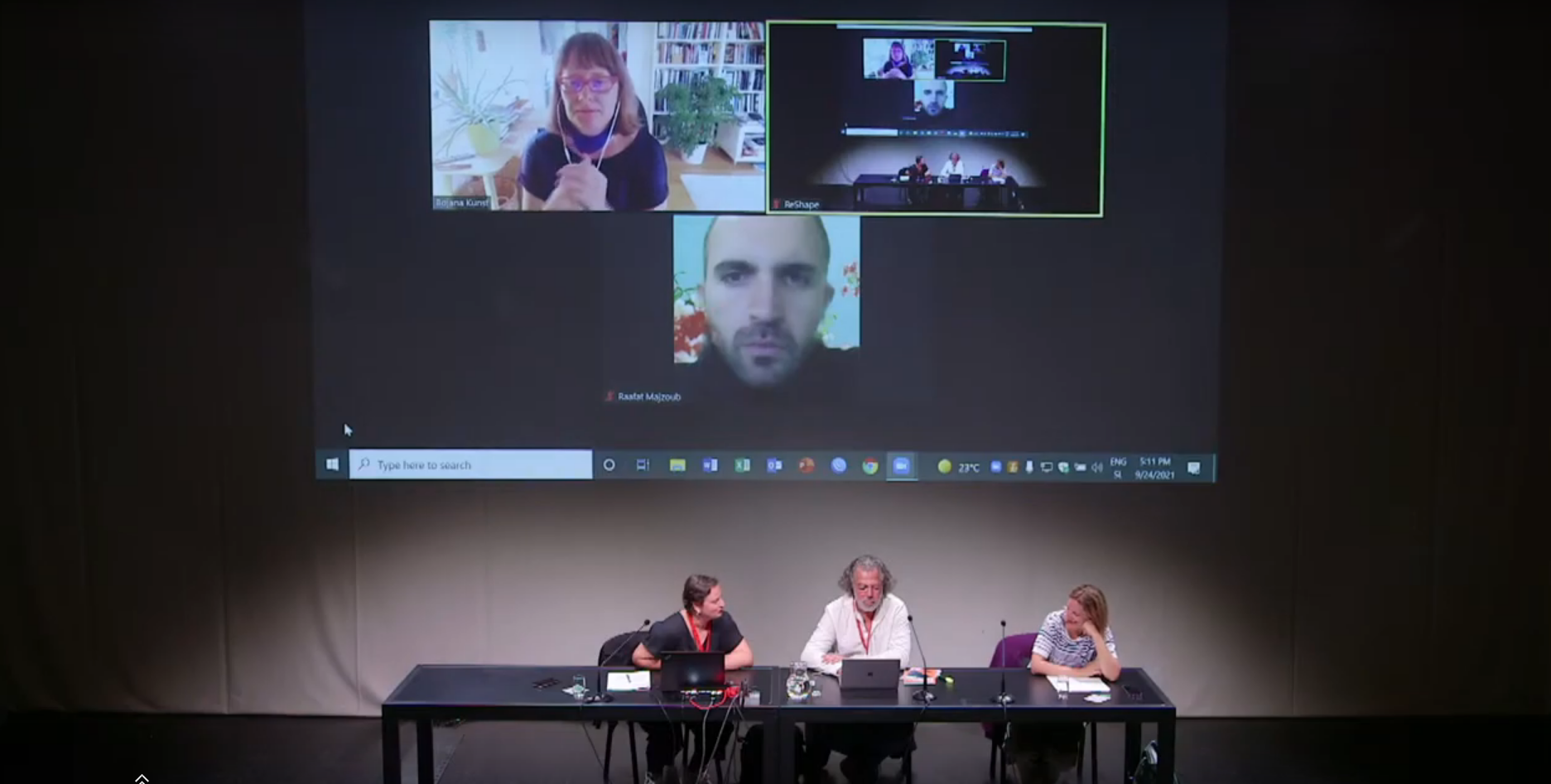
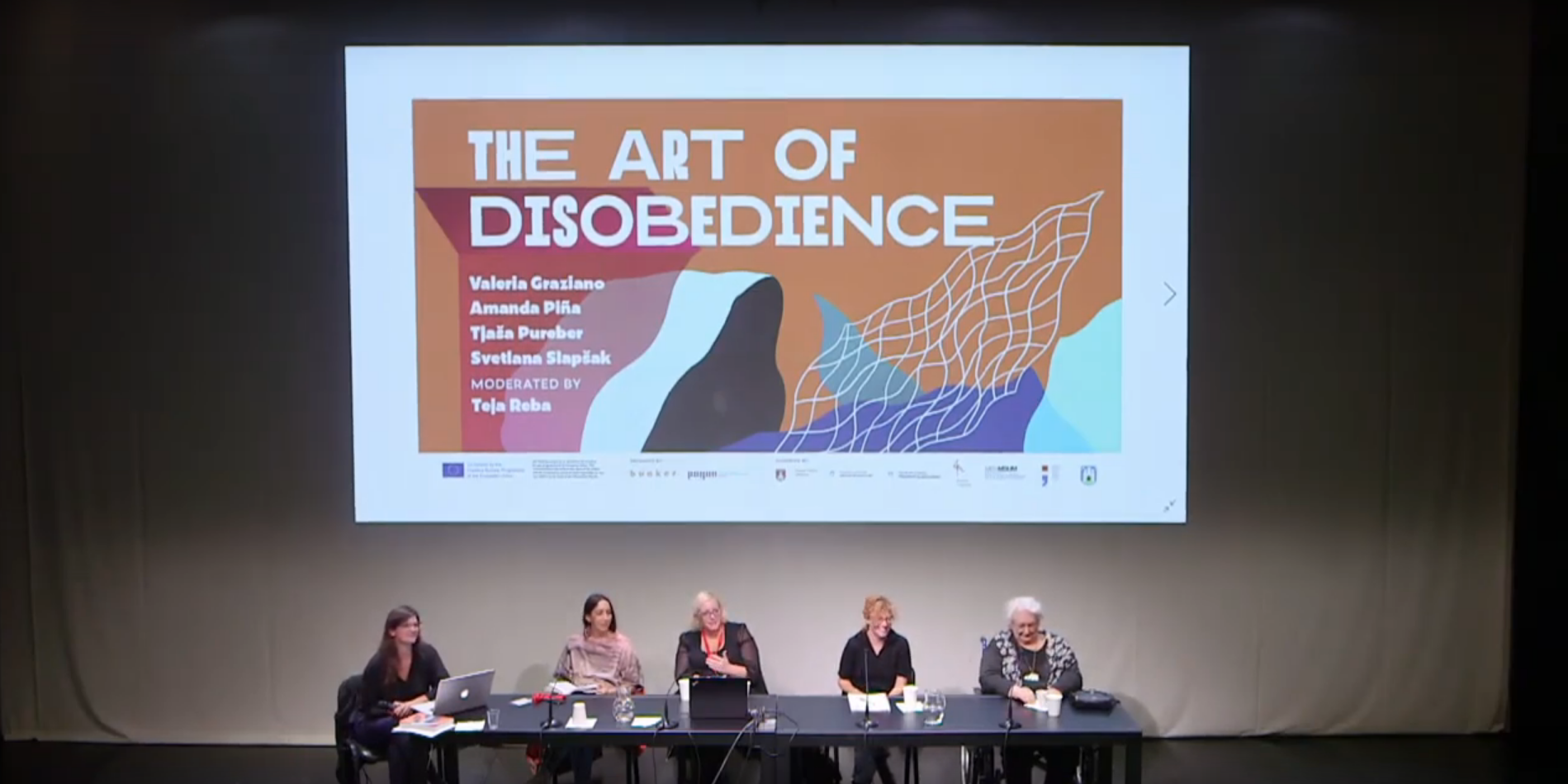
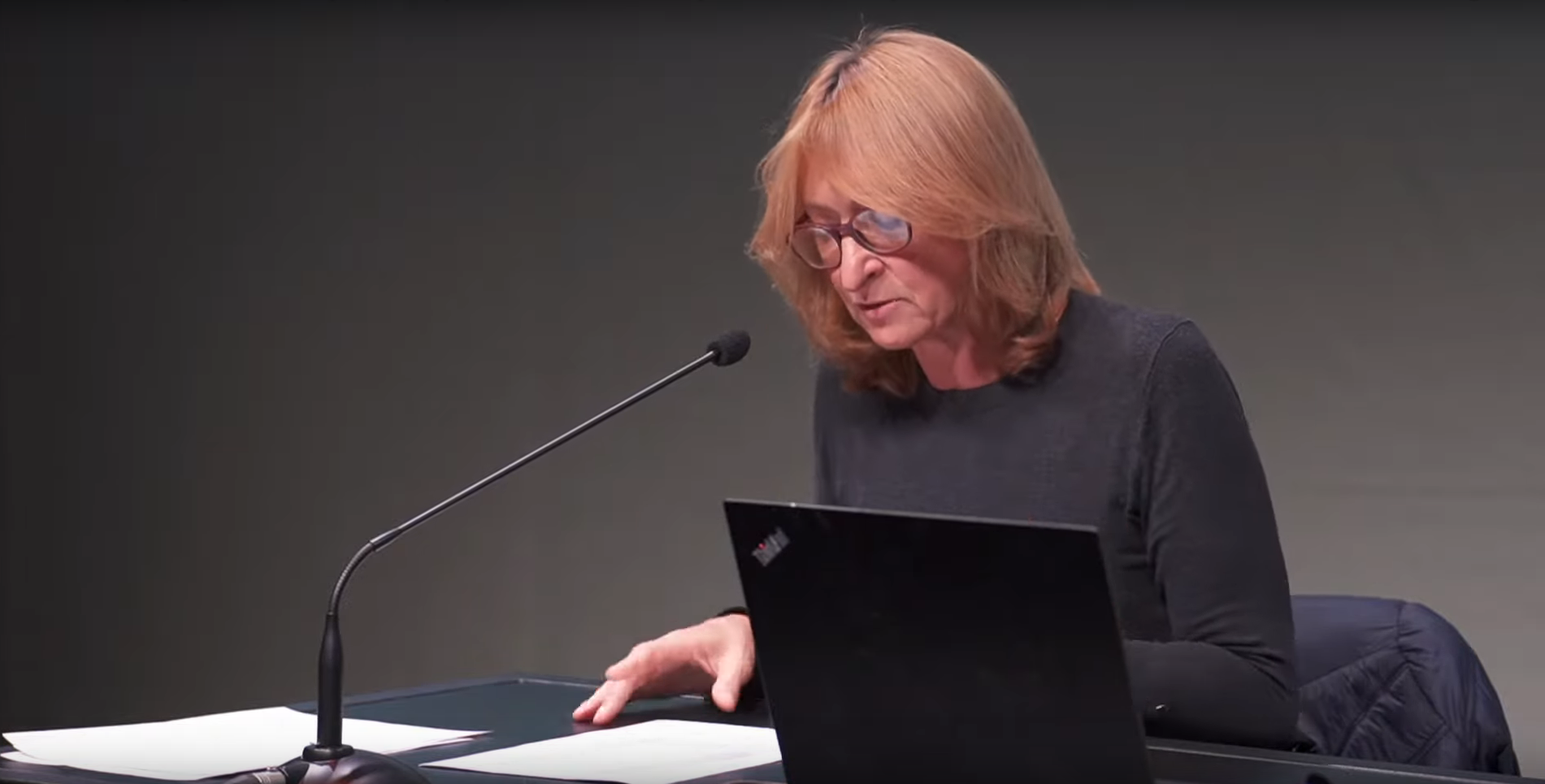

Flanders Arts Institute was partner in RESHAPE, a large-scale EU funded collaboration project (2018-2021) in which 19 partners joined forces to draw a blueprint for a sustainable European arts eco-system that relates with contemporary society.
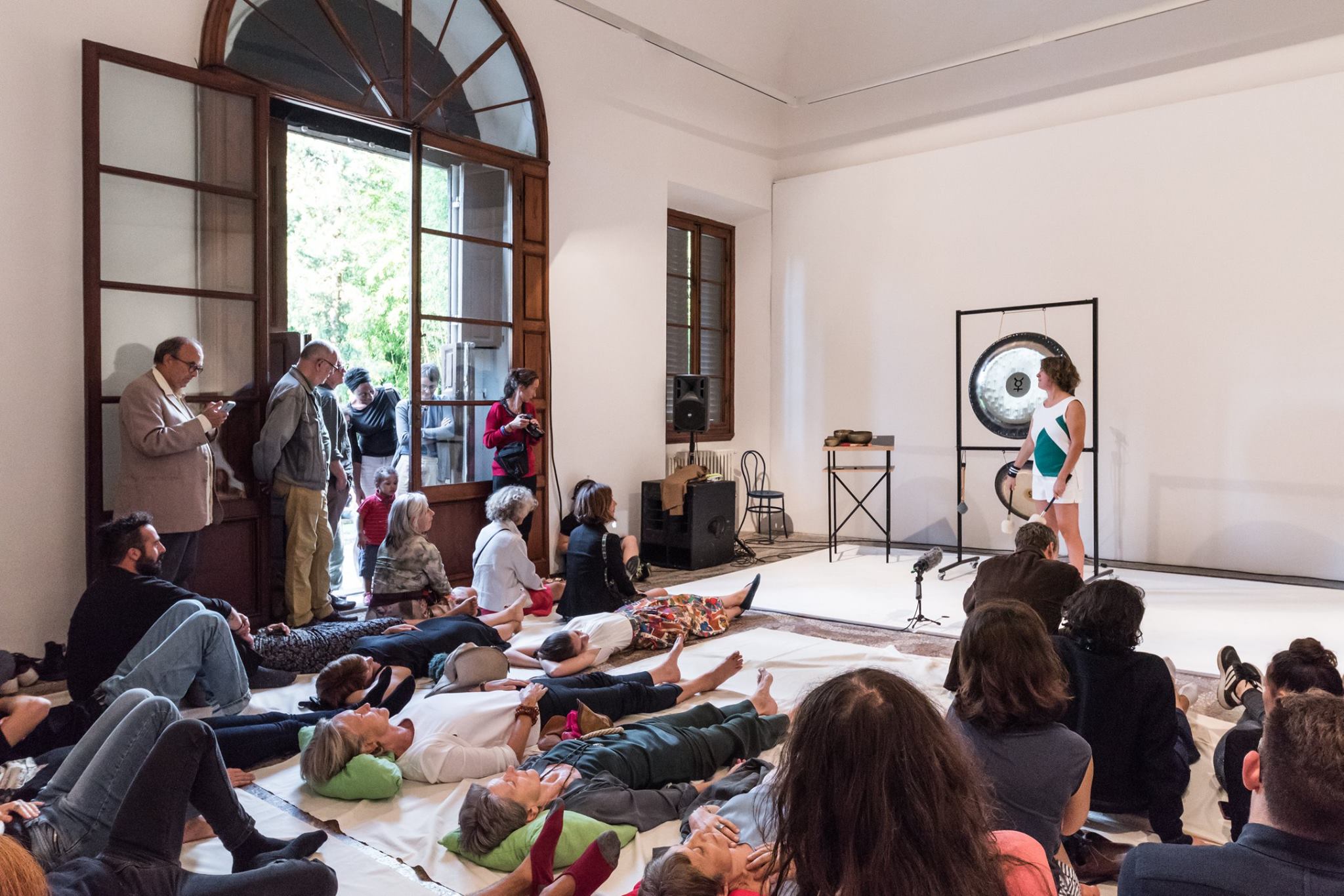
Created 15 years ago, Radio Papesse is an online audio archive devoted to contemporary art and a place for the documentation and the articulation of a critical discourse around the visual arts. At the same time, it is a platform that brings together artists, musicians and producers and opens up space for interesting projects of sonic storytelling. Its creators, Carola Haupt and Ilaria Gadenz entered the radio venture at a time when it was quite marginalized, if not obscure medium but, in the meantime, new audiences have discovered its various potentials. In conversation with Ilaria we learned more about the radio as a medium in presenting contemporary art, but also as a tool for community building, especially in times of social isolation.
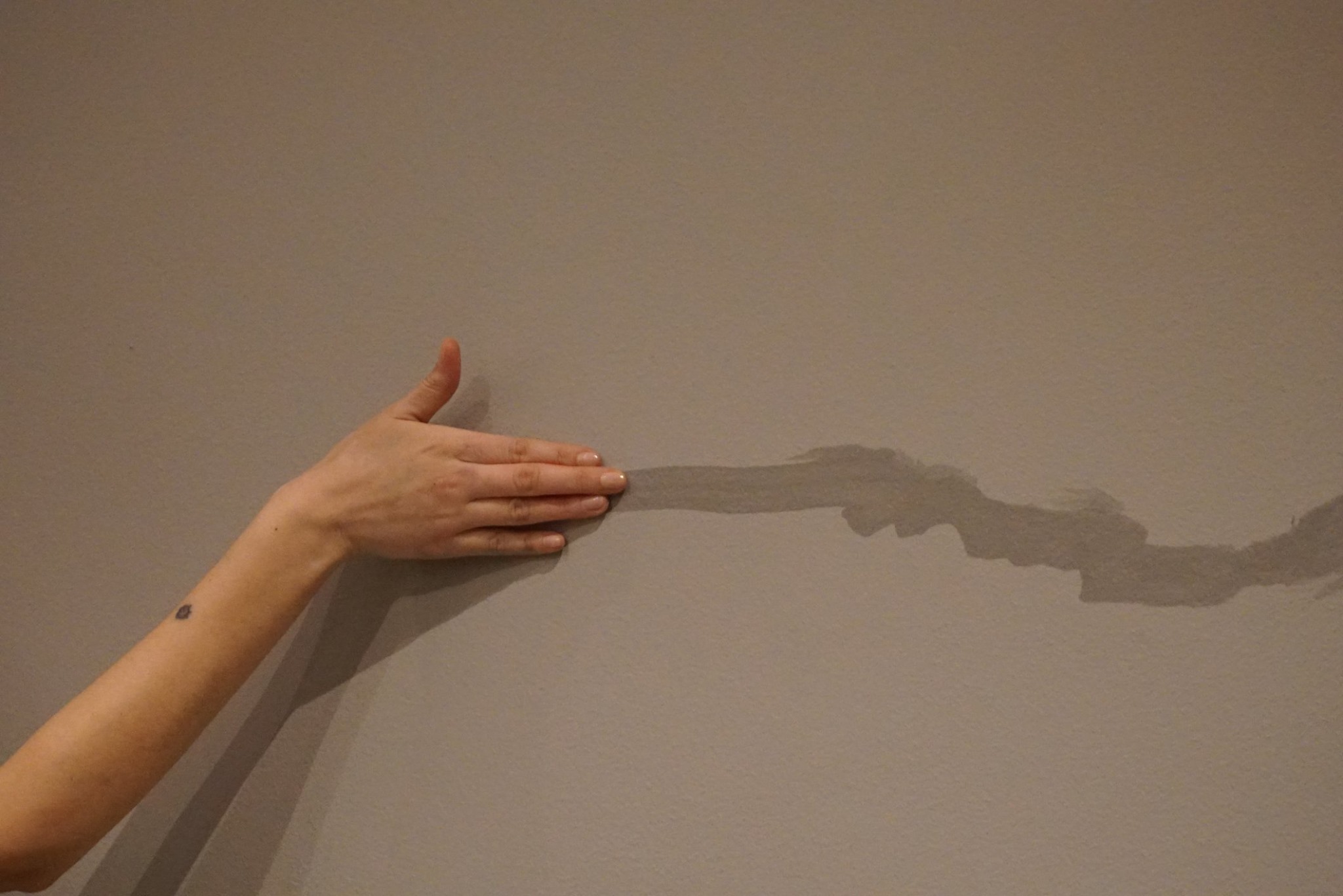
Based in Kiev, Method Fund was founded in 2015 by a diverse group of artists, curators, critics, architects and educators. Their founders — Lada Nakonechna, Olga Kubli, Tetiana Endshpil, Ivan Melnichuk, Denis Pankratov and Kateryna Badianova — describe it as an experimental self-educational project, focused on searching the form of an art institution that would meet the requirements of the present as well as the peculiarities of the local context. We’ve met via zoom with Lada on one screen and Olga, Ivan and Tetiana on the other, to talk about their views on institutional experimenting and reshaping.
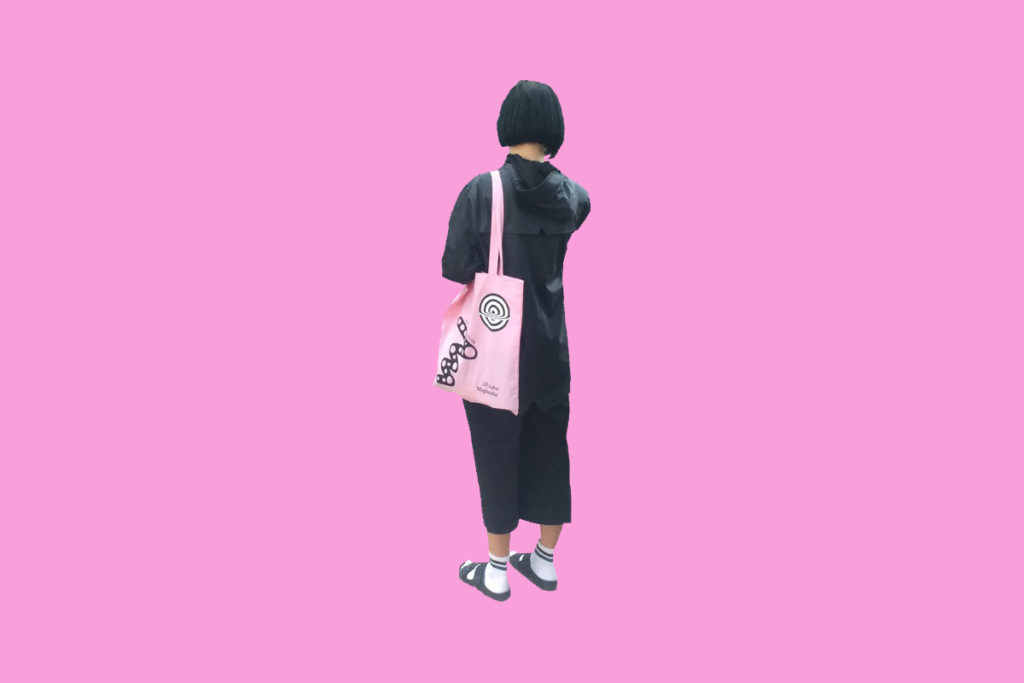
Krystel Khoury presents Mophradat, an art organization that seeks to create opportunities for artists from the Arab world - a loose geographical determinant to which they approach in its full diversity and complexity. Located between Brussels and Athens, Mophradat is developing an innovative approach to funding, commissioning, collaborating, and gathering.
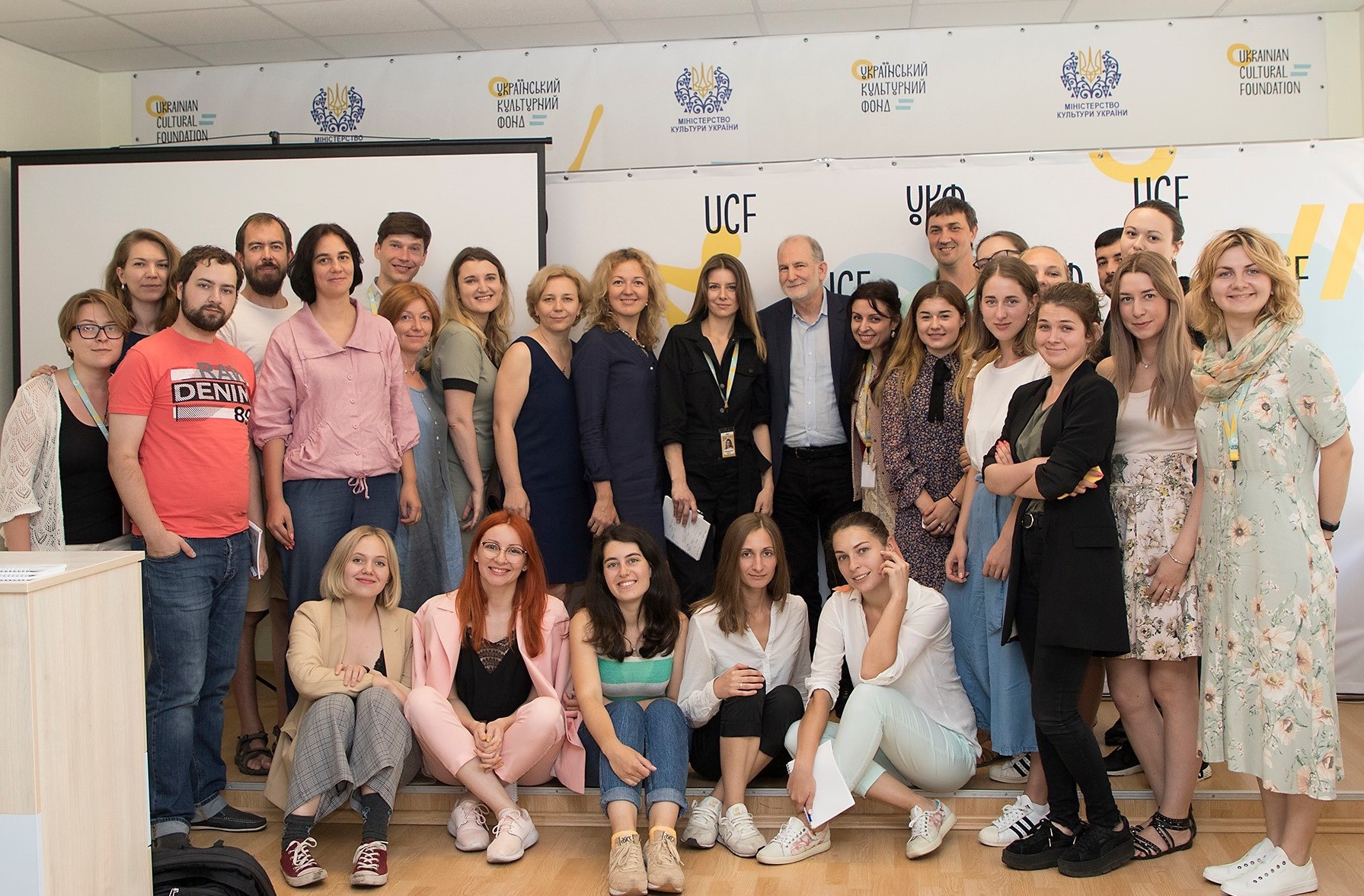
Just like all around the world, the COVID-19 outbreak has shaken the cultural sector in Ukraine, a country that has been struggling with an unstable political situation for a while now. The rise of cultural life after the Dignity Revolution of 2014, was soon accompanied by the establishment of the Ukrainian Cultural Foundation - the state institution that introduces new mechanisms of funding for initiatives in the field of culture and creative industries. Thanks to the UCF, the non-governmental sector was not left to fend for itself during the pandemic, as the foundation took on the role of a crisis manager, trying to adapt quickly to the new realities.
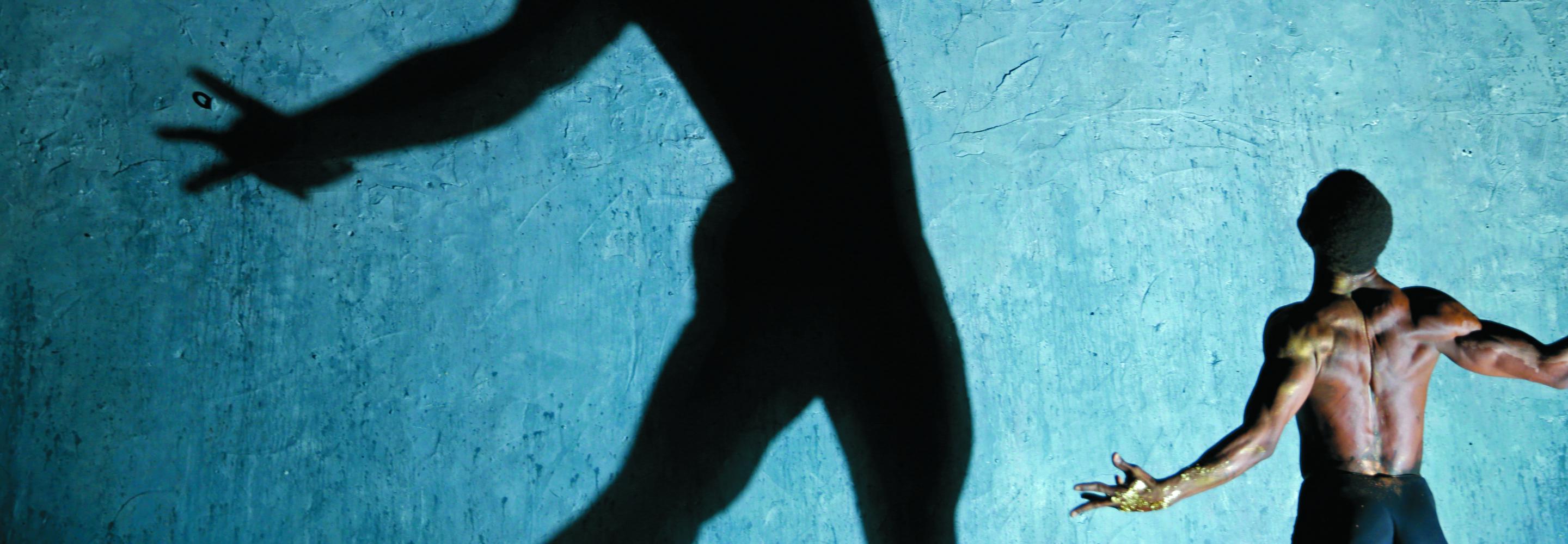
DutchCulture asked researcher Errol Boon to respond to DutchCulture’s colloquium on translocality in the arts, reflecting on the upcomming challenges of international cultural collaboration after the coronacrisis. His response is valuable for RESHAPE, especially trajectory "Transnational/Postnational artistic practices"
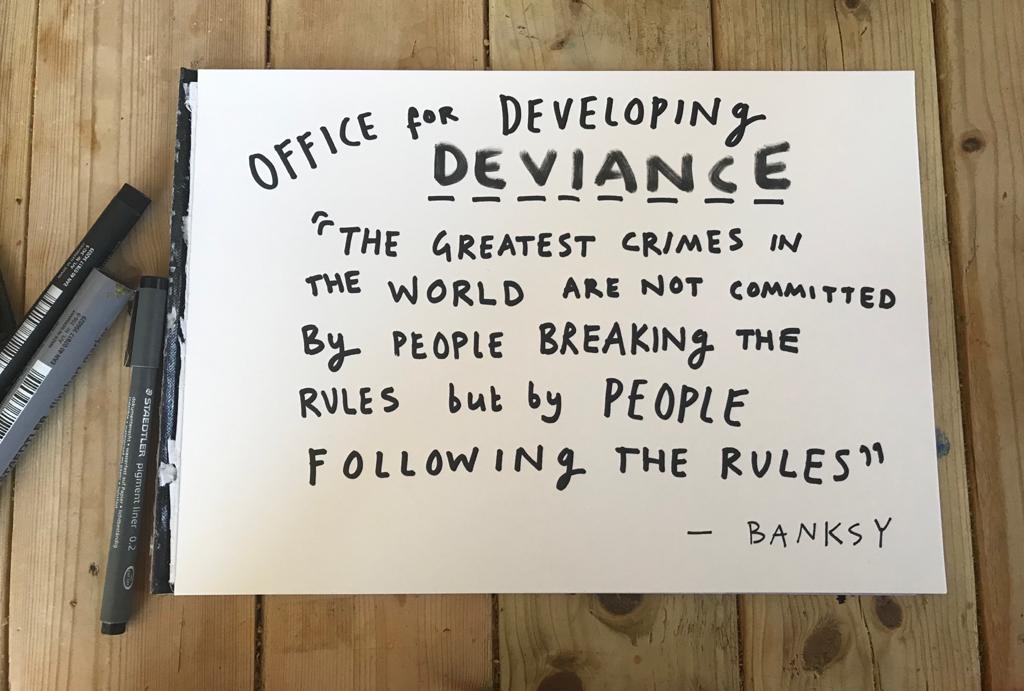
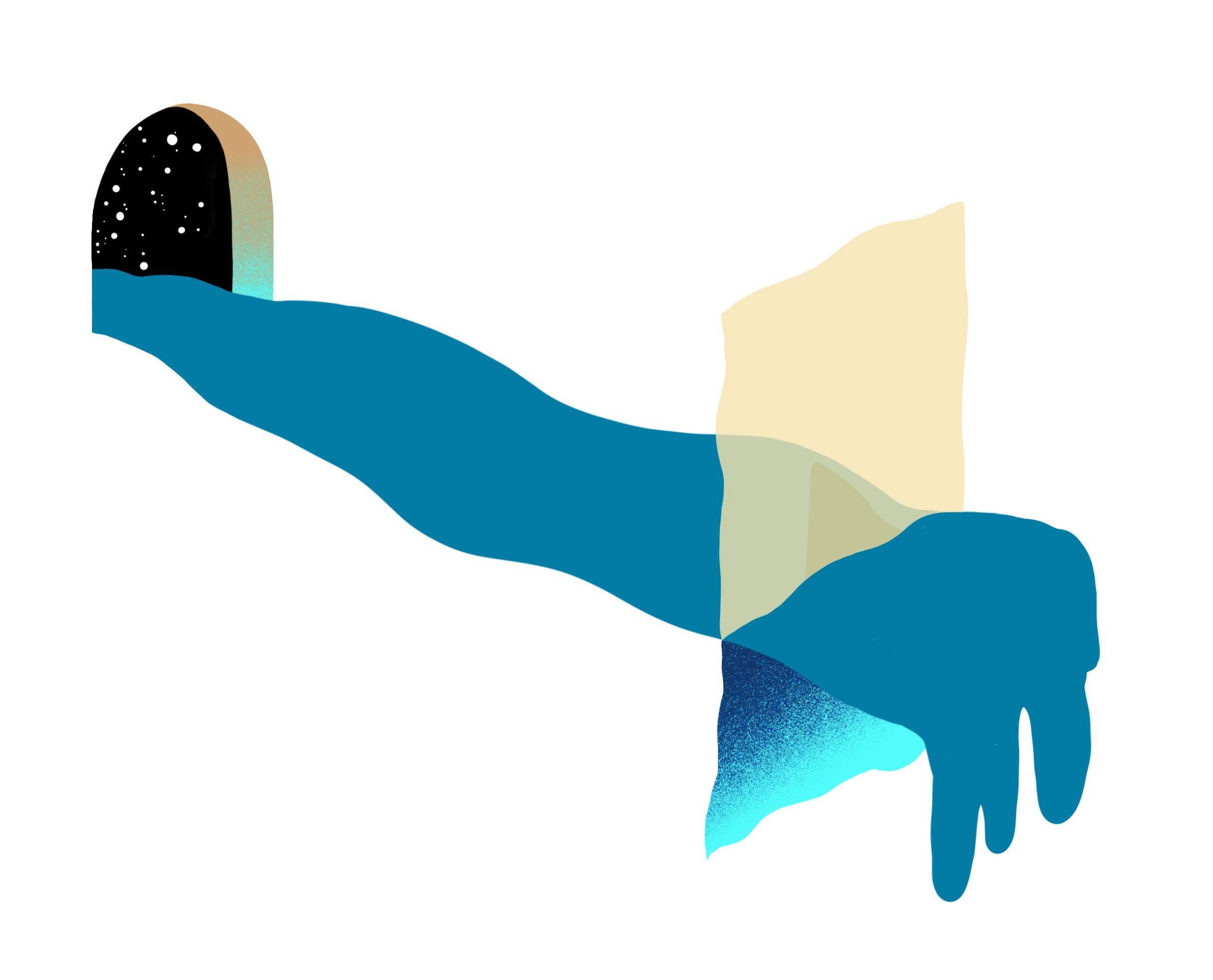
To be an artist without a political responsibility is also a statement. The artists gathered in the group emphasize their citizenship; social and political dimension of their individual, as well as collective work. The main focus of this group is to find that space of creativity, where they could use the imagination in the most expandable manner, but also keep active. Due to the recent COVID 19 crisis, the artists stress the importance of their activist work, but also of collaboration/empathy as one of the most powerful tools of art in general.
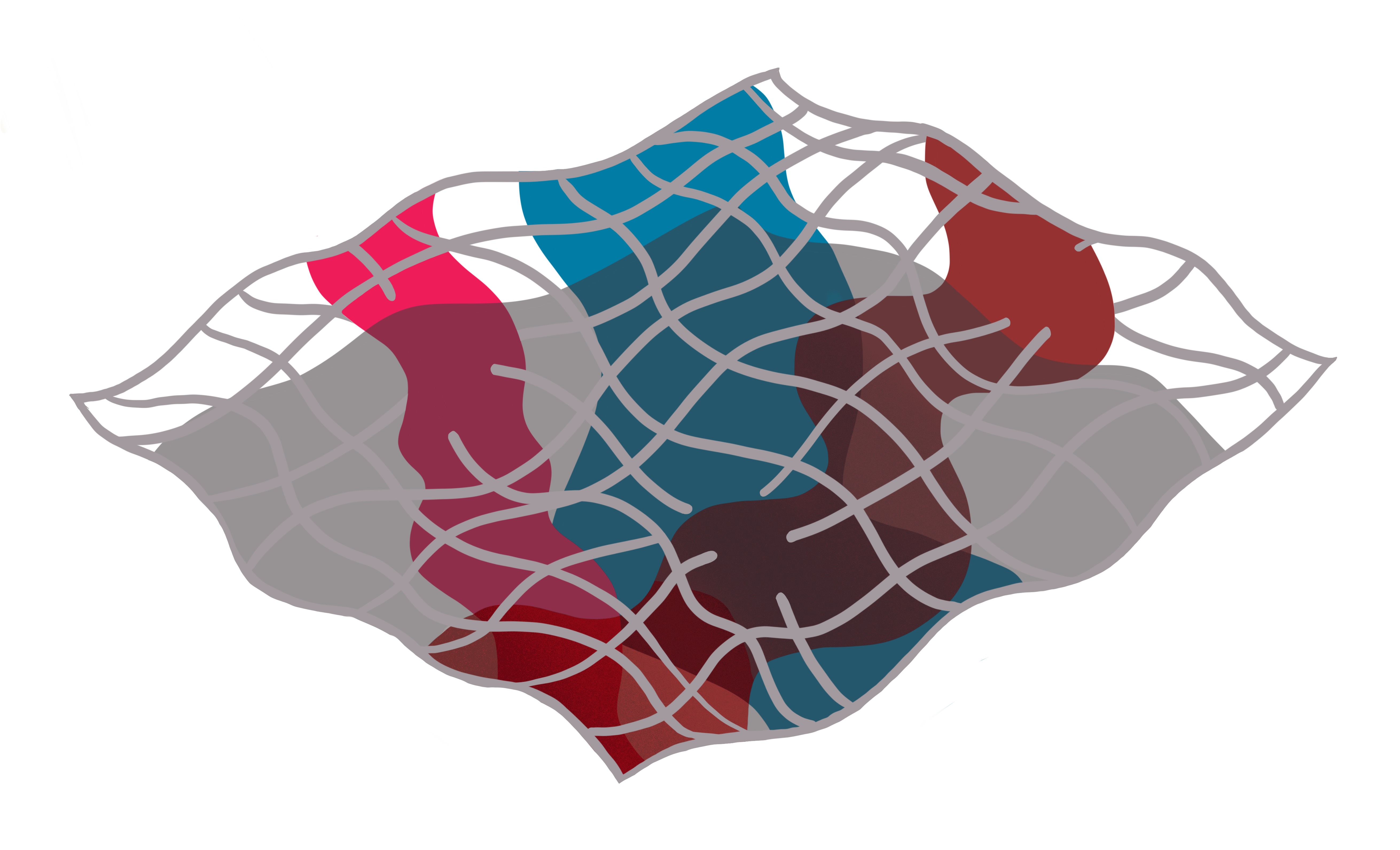
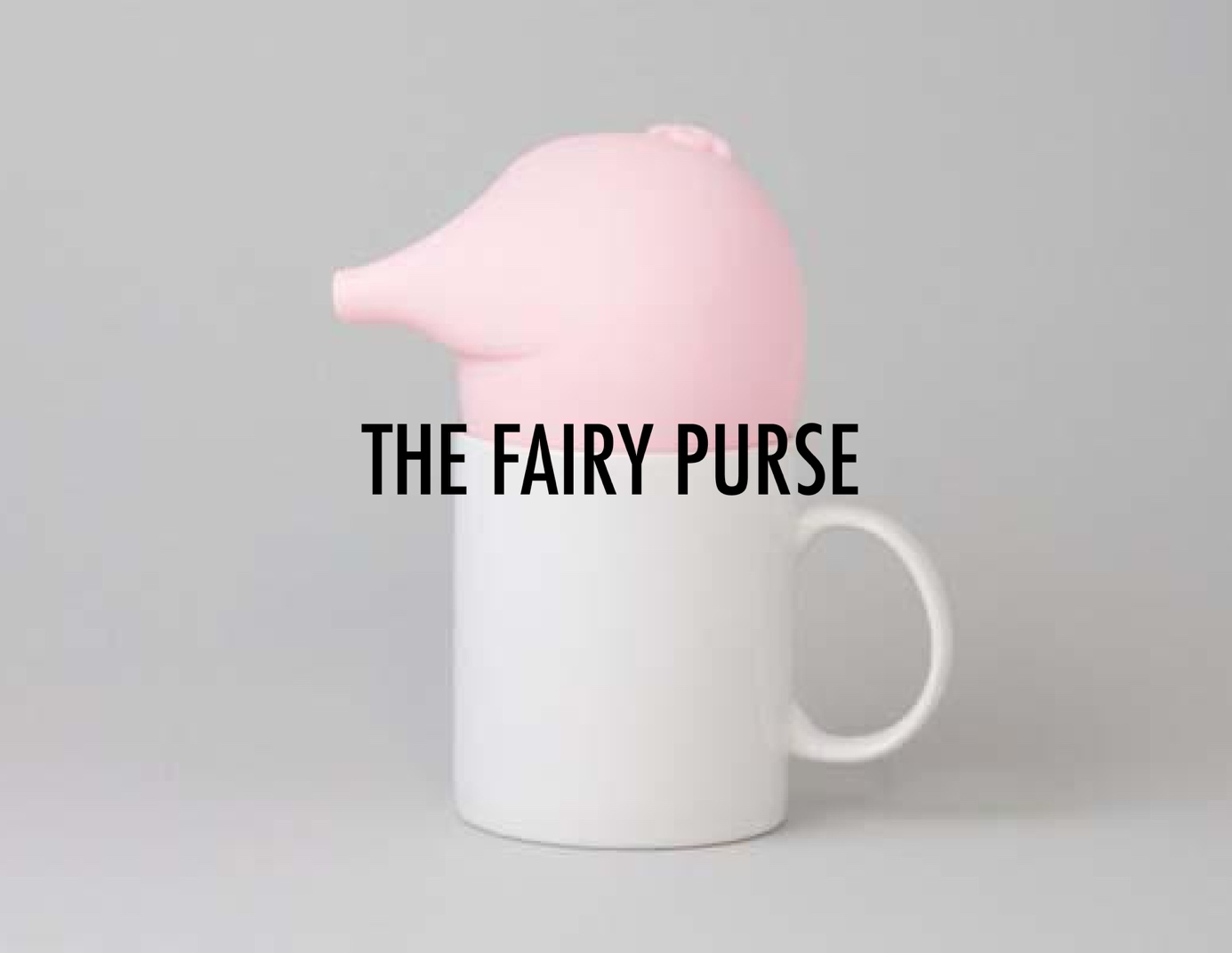
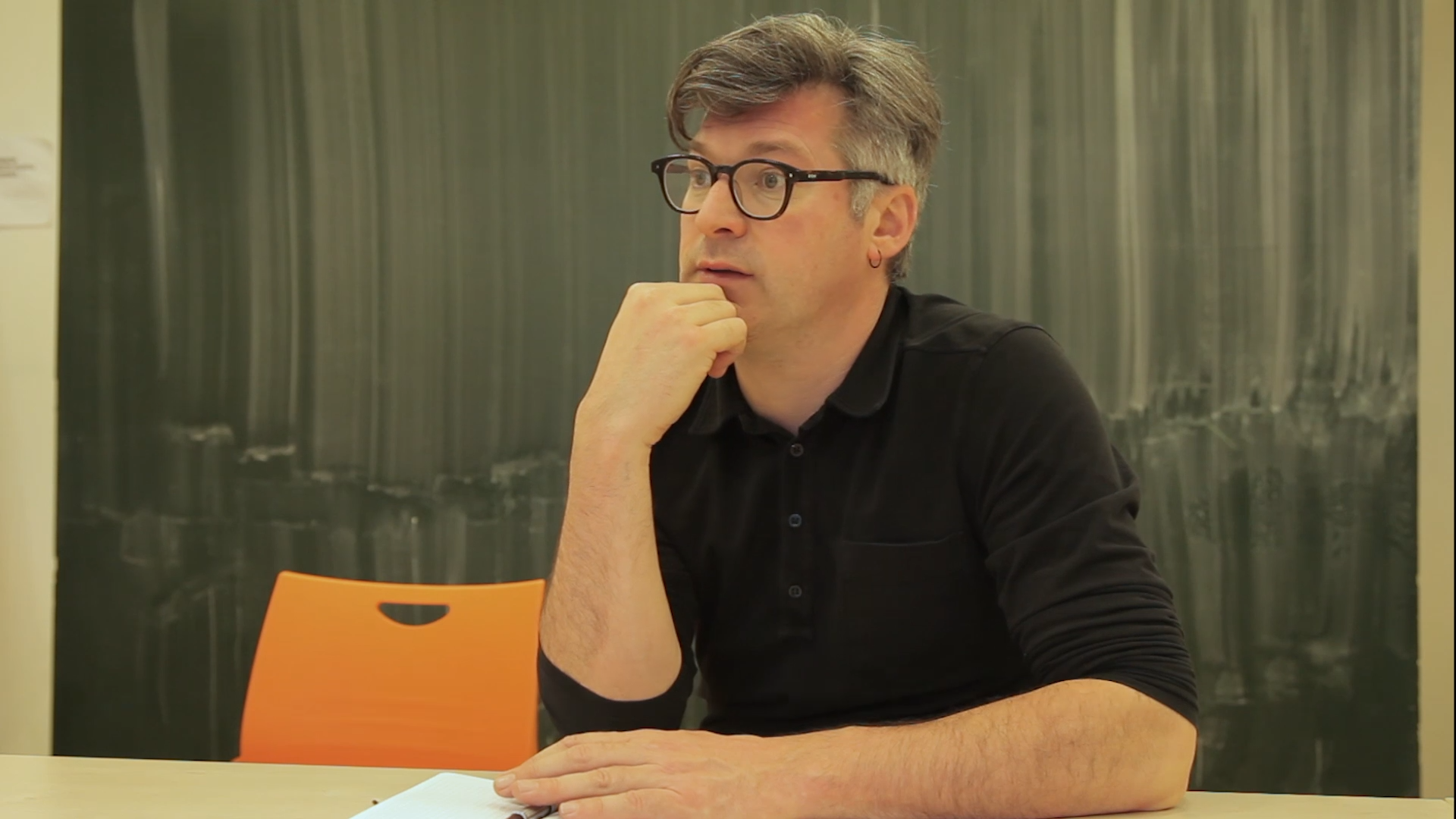
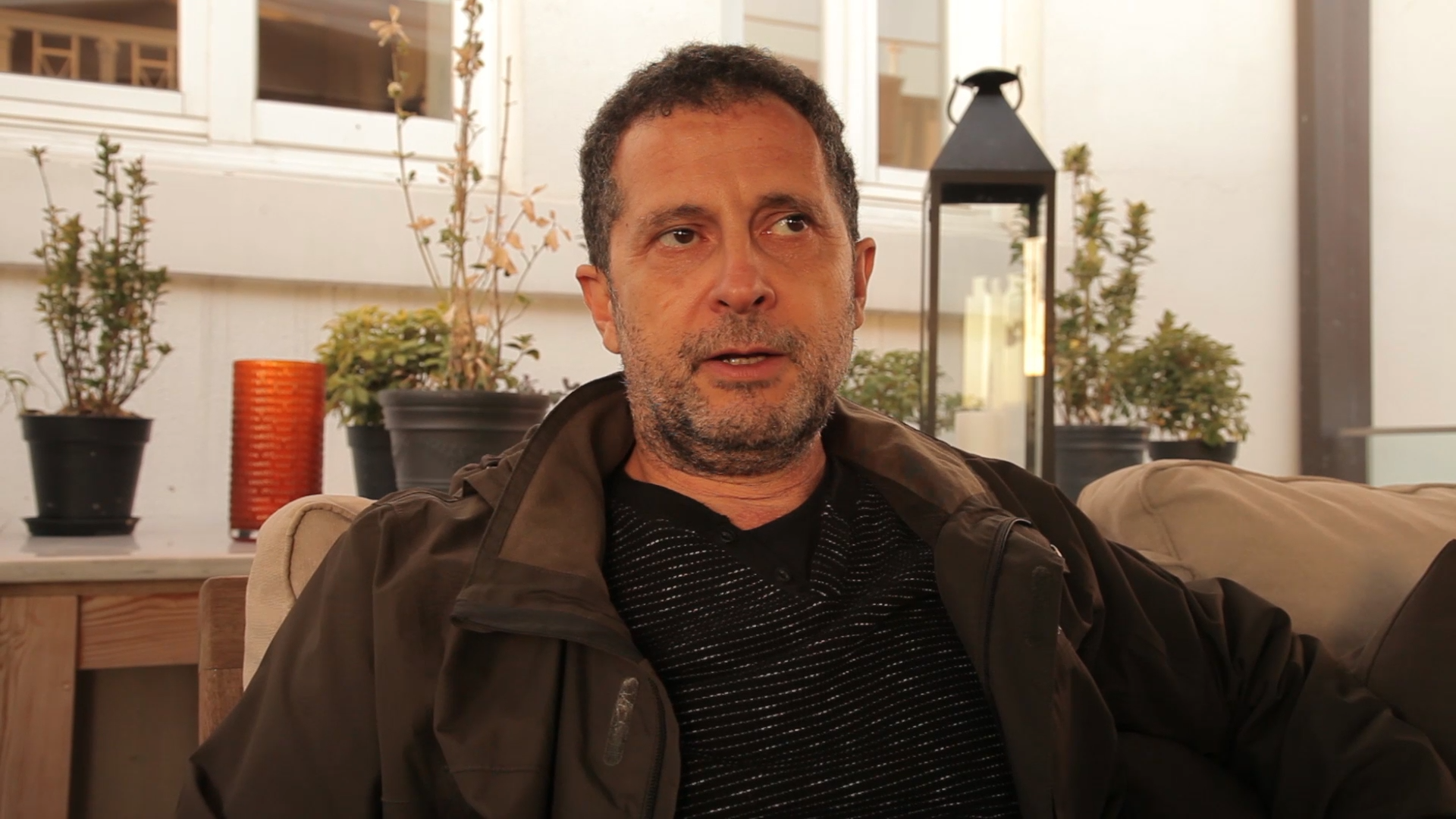
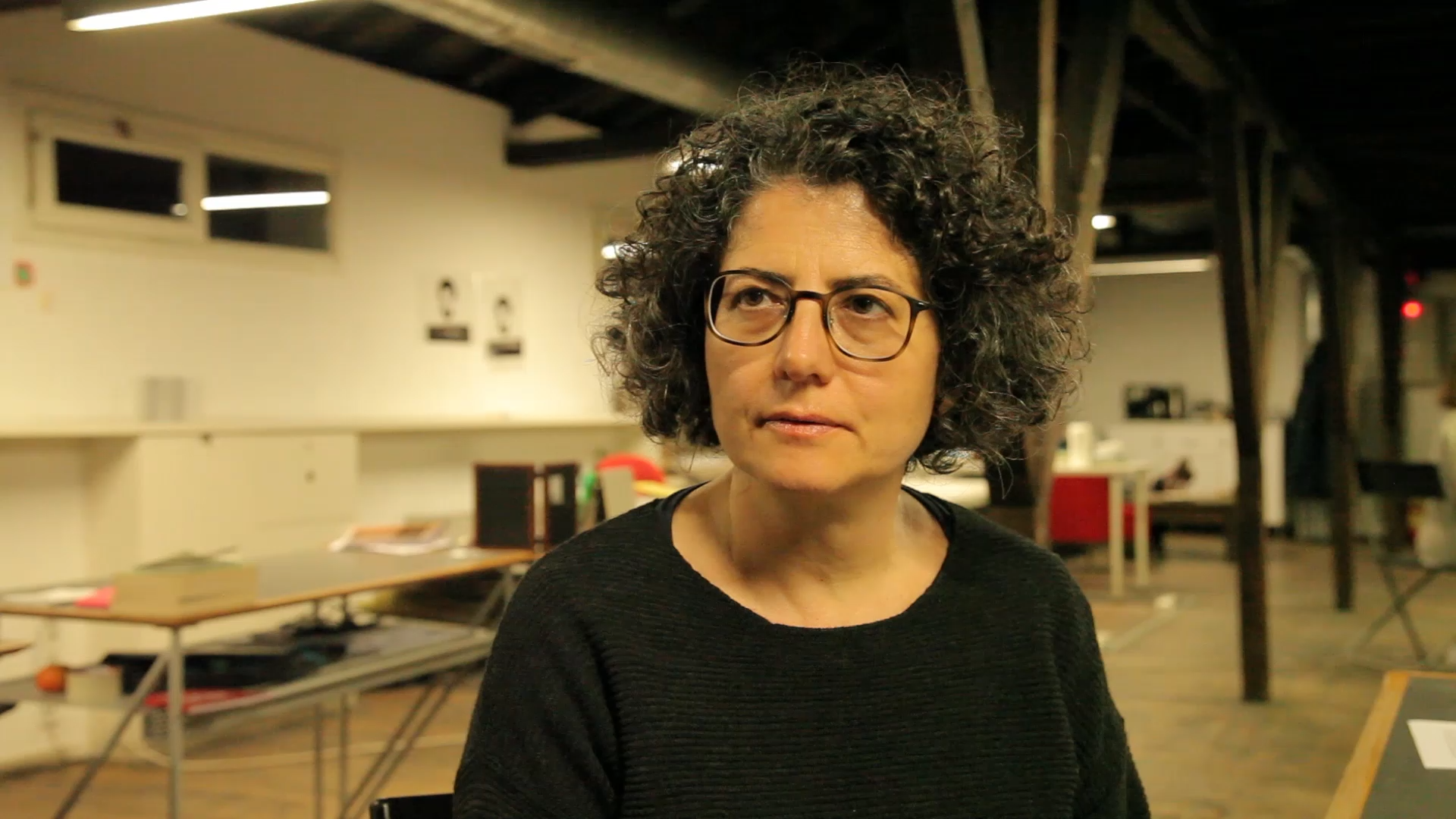
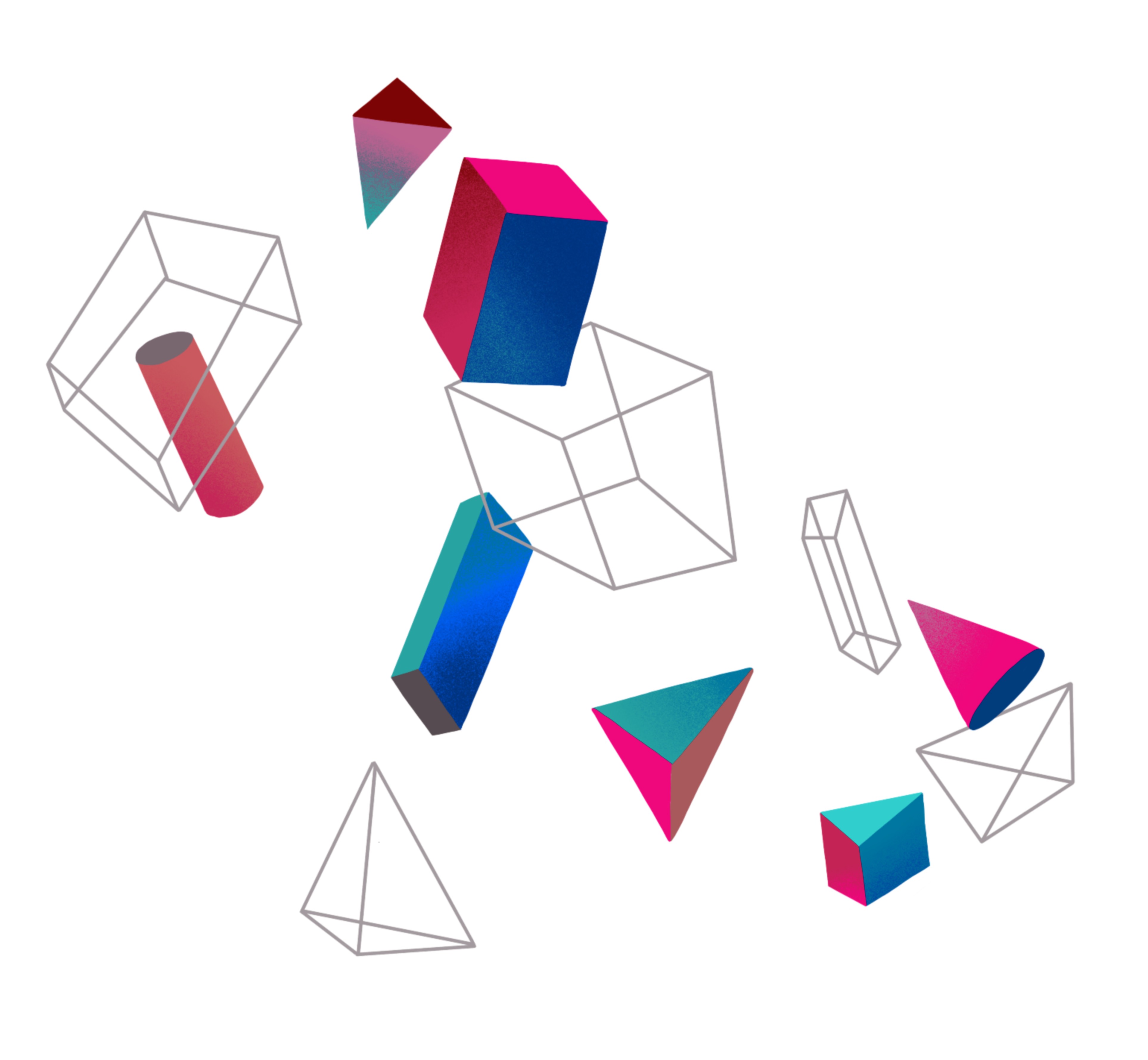
Fair governance is highly applicable subject of discussion within independent cultural organizations. It consists from set of values which, when applied to particular governing within a group, refer to how participants govern this group, what values they want to provide, but also open question self-governance, self-facilitation, the responsibility of each member. The group sets up different tools of fair governance. What is fairness and what does it mean not only in arts and culture, but also in a more global context of relations? How do we govern now, how can we govern in the future? Can fair governance exclude classical resources, such as funding?
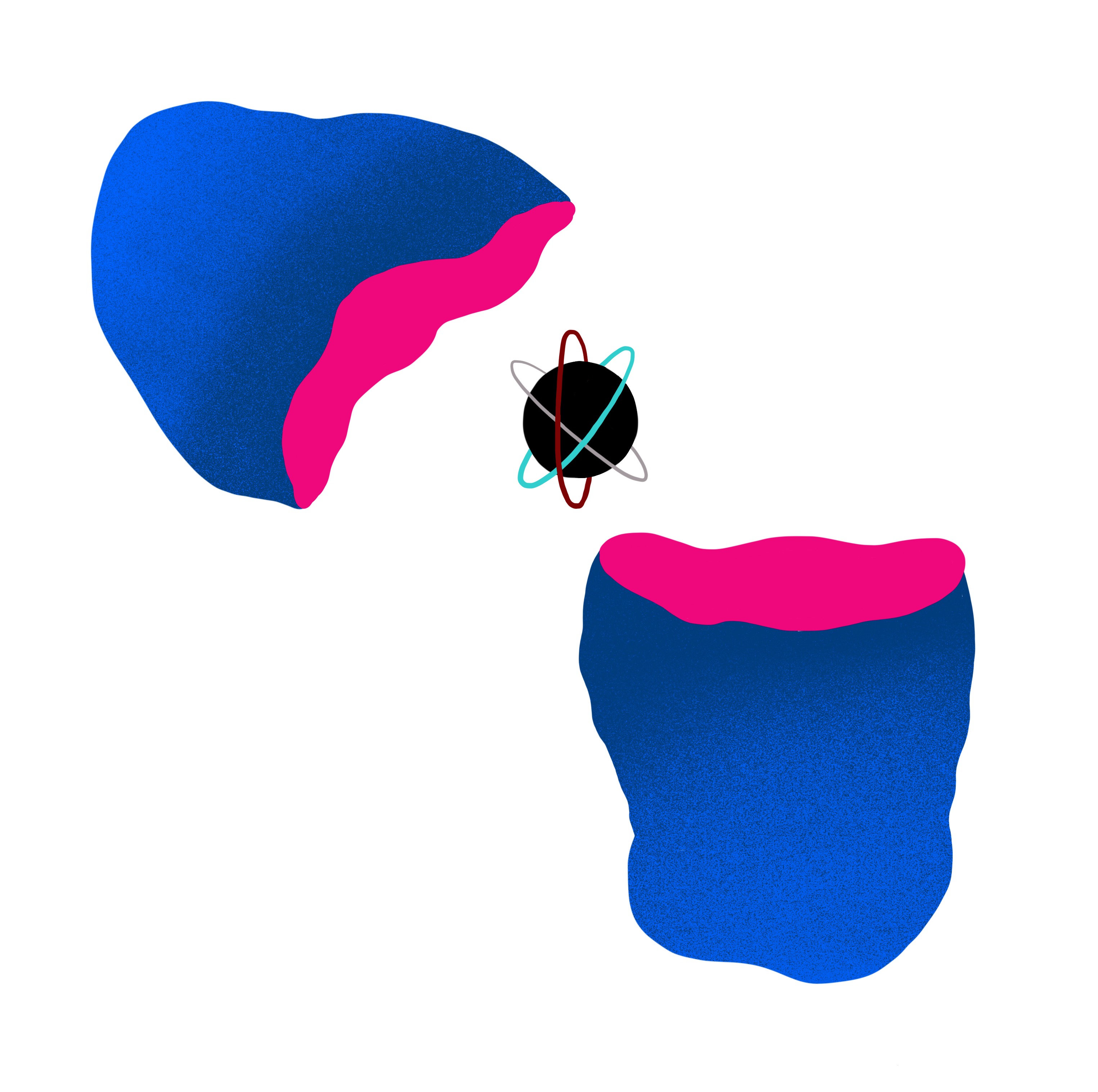
Role of art in society considers complex relations between artists, public, media, founders and institutions. It is determined by different social and political contexts, but also by individual artistic practices. The group has opened different theoretical questions in order to establish a framework which would impact their artistic and living environment. The main keywords were: equality, solidarity and sustainability in-between mentioned instances: artists, founders and institutions, and people.
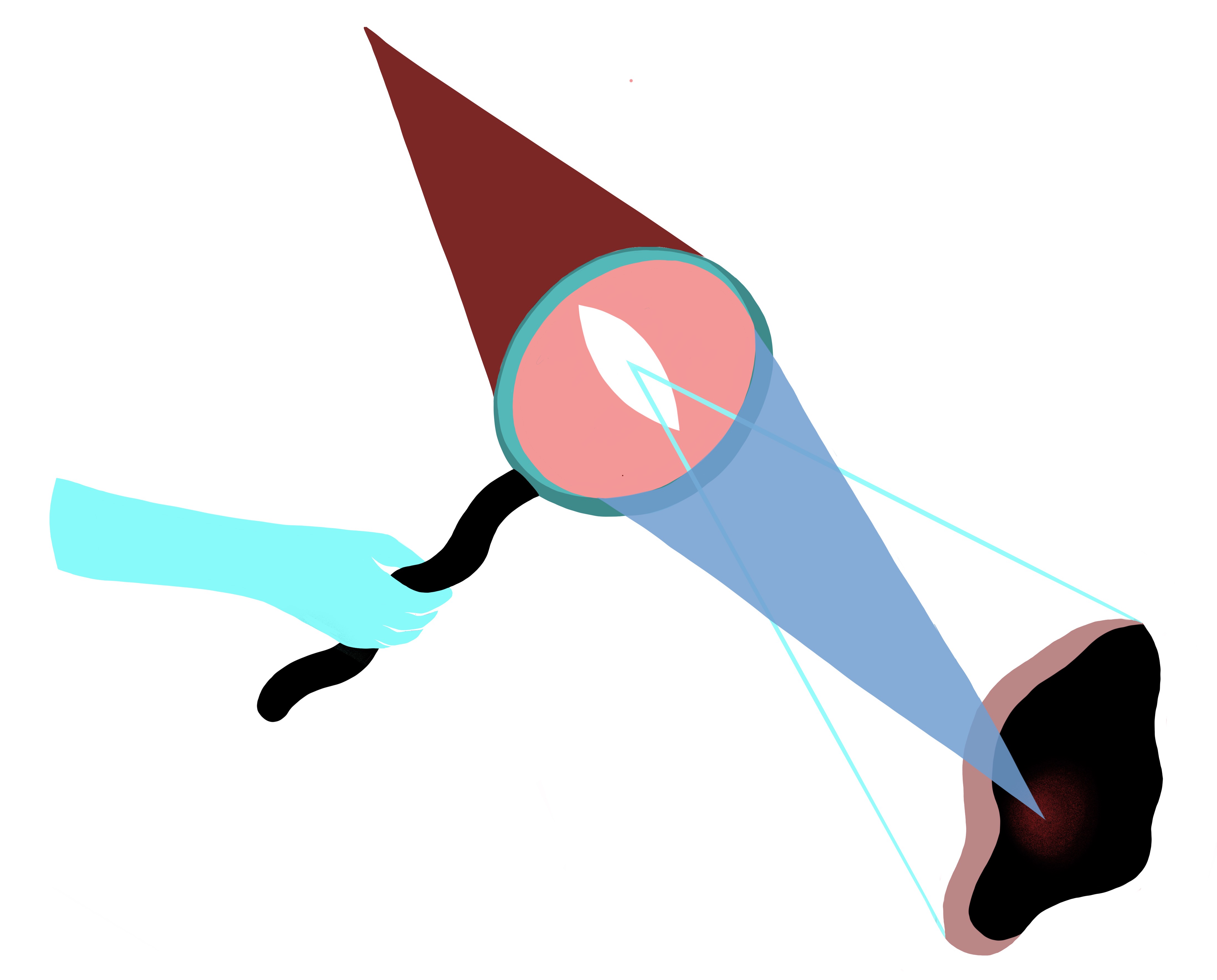
Solidarity is a complex construct which can have many different perspectives due to individual belief, social, ethnic and cultural background. When it comes to solidarity in funding, it is mostly Euro-centric interpretation of the financing which refers mostly exclusively to Western and Northern Europe. The group extracted six prototypes of solidarity funding: solidarity manifesto, game, solidarity tax on Creative Europe funding which would be directed to the non-eligible states, social network based on solidarity and b'n'b platform opened for non-artist which would serve as basis for mobility fund.

RESHAPE (Reflect, Share, Practice, Experiment) is a 3-year trajectory aiming at the development of new organisational models for a fair, sustainable, solidary and geographically balanced arts ecosystem in Europe and South Mediterranean countries. Forty artists and art professionals (we call them ‘Reshapers’) are working in small groups on answers and proposals around 5 complementary topics like value of social fabric, fair governance, solidarity funding, trans/post national practices and art and citizenship. Apart from these workshops in small groups, all Reshapers work together during a week in the form of an ‘intensive’; one was organised in Cluj in November 2019 and a second one was planned from 9 to 13 march in Zagreb, Croatia.
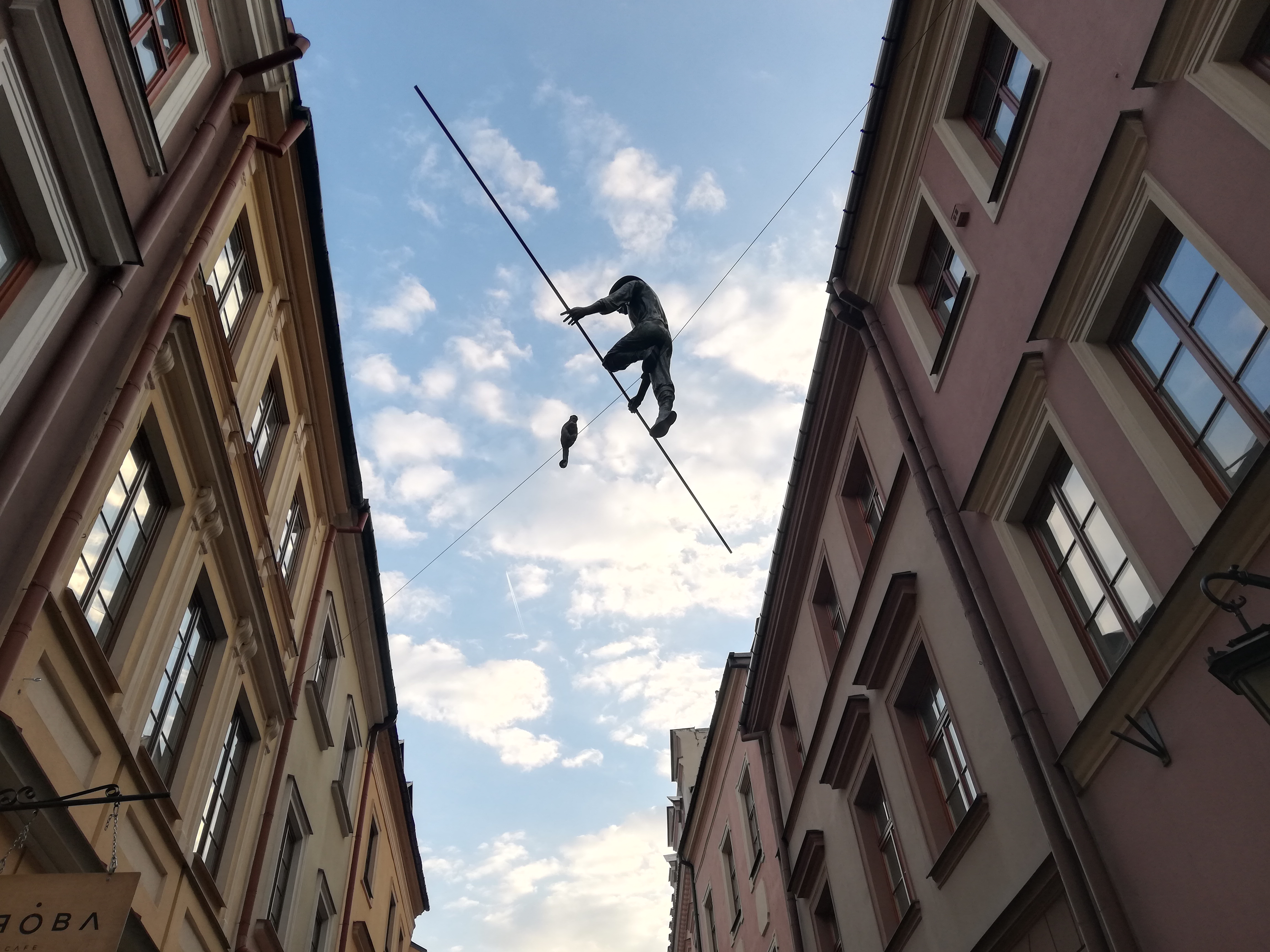
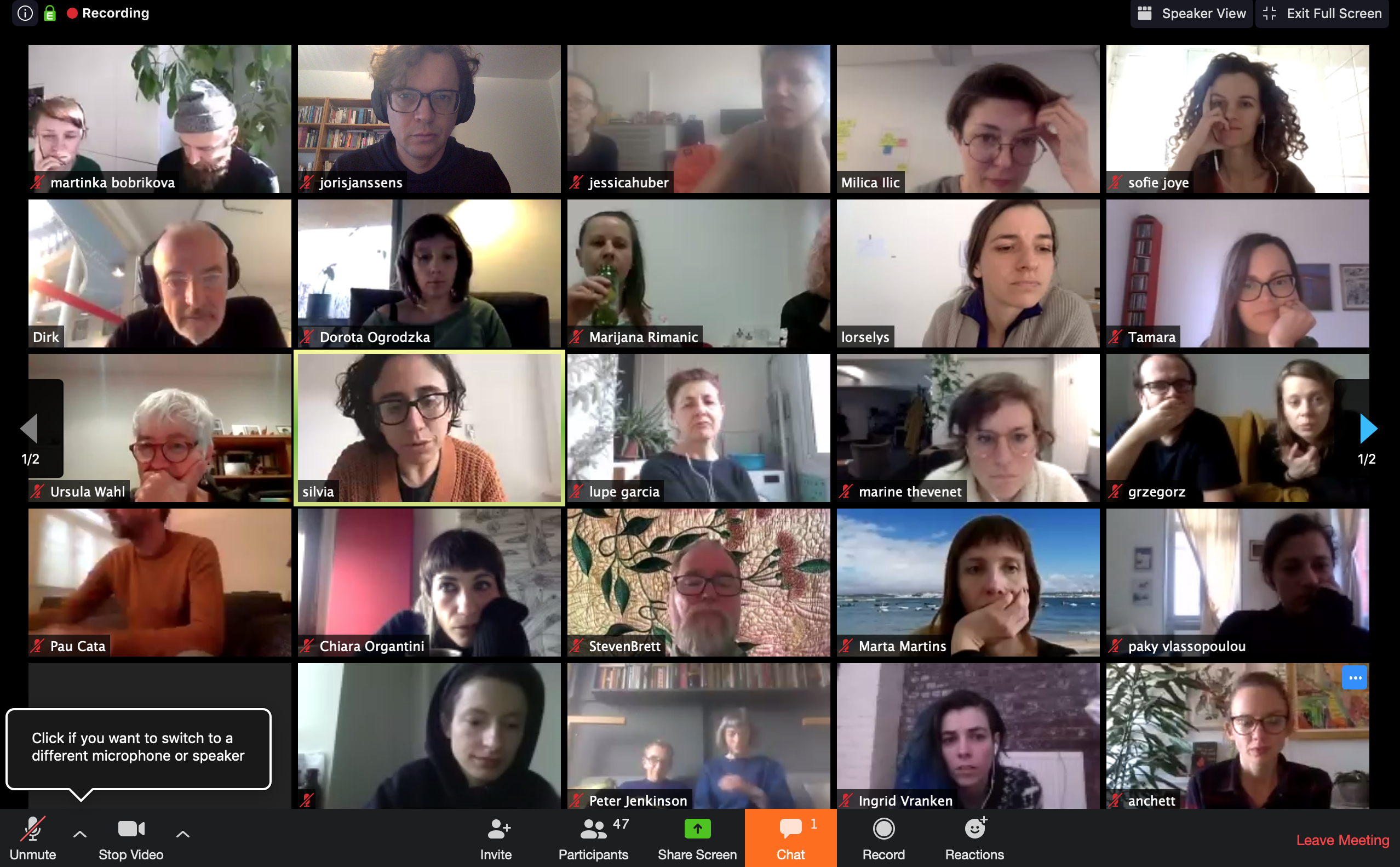
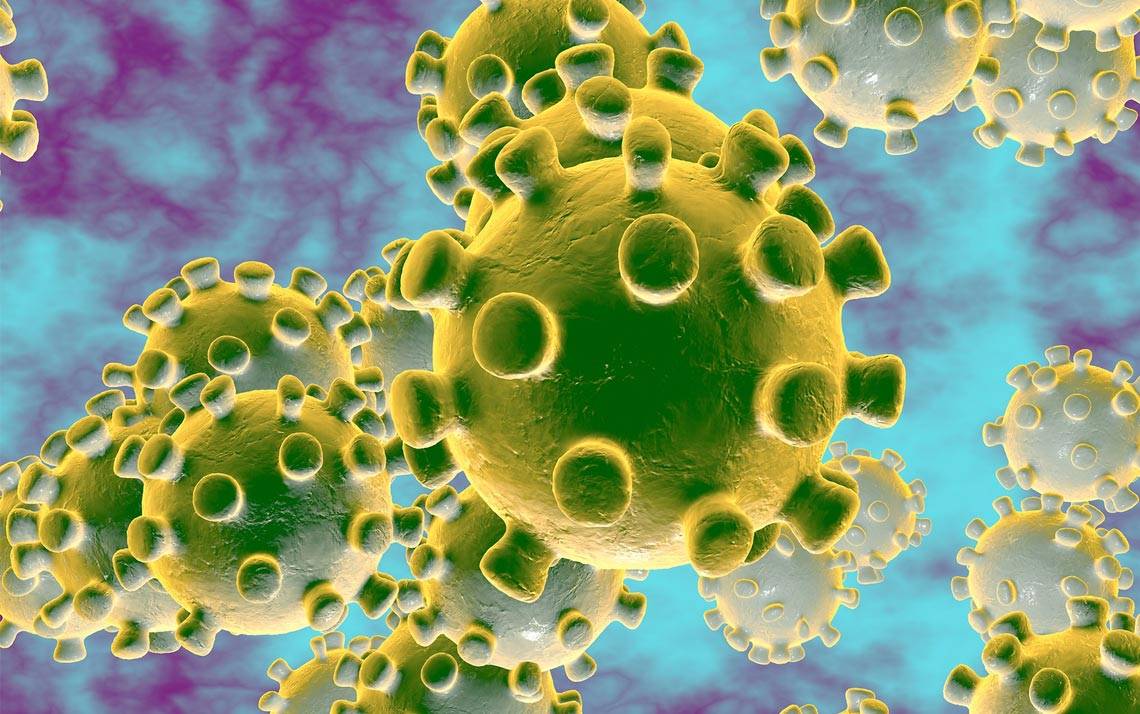
Four days before Reshape Zagreb Intensive was supposed to start, we made a decision to cancel it due to the spreading of coronavirus all over Europe. 80 arts and culture professionals who were supposed to come to Zagreb committed to work online instead of traveling, in order not to jeopardize their own and other people's health.
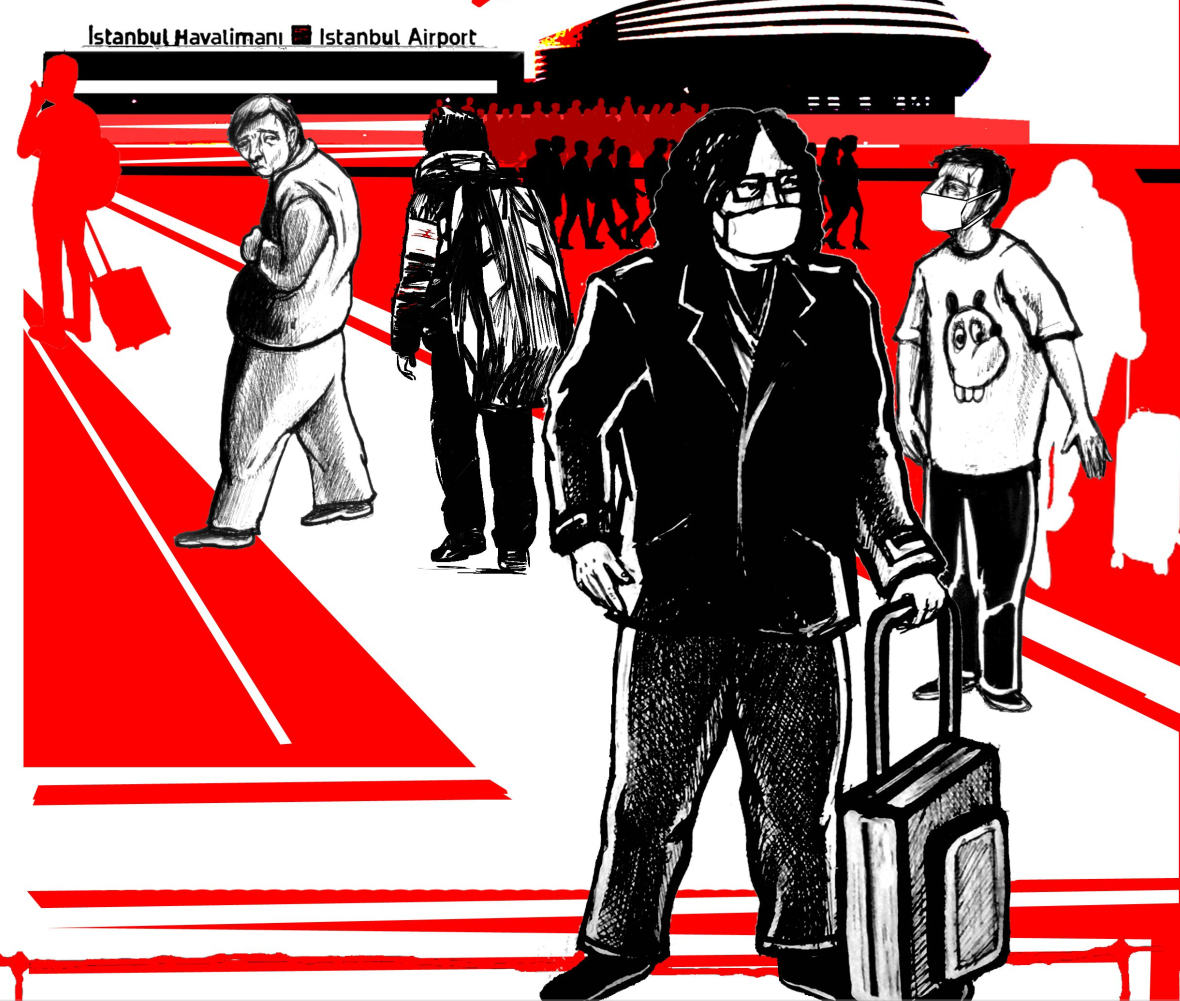
Last week of January. It's time for our second session with the group. This time the destination is Istanbul. What a joy and excitement to visit Istanbul after 9 years. A lot has changed since my last visit to this megalopolis...
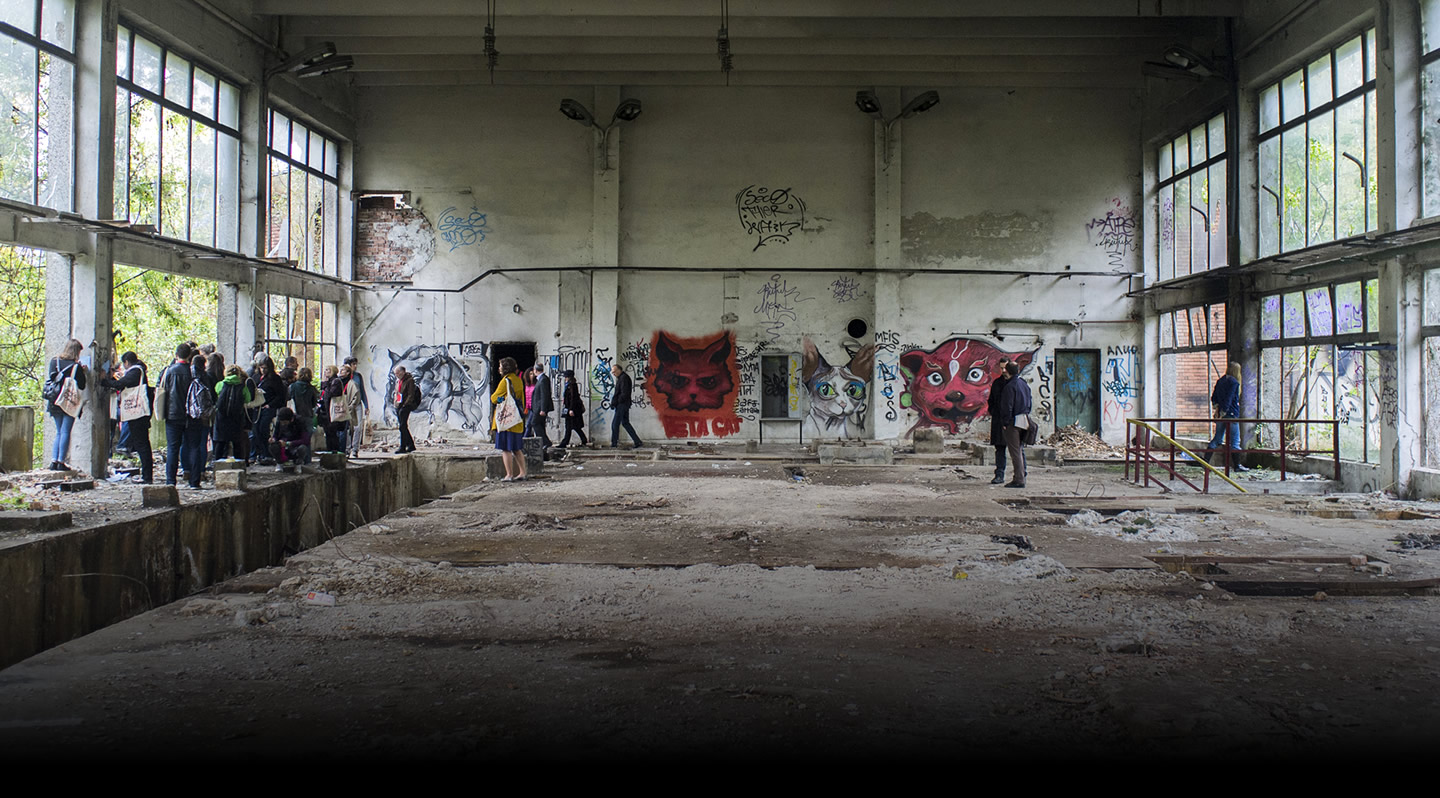

Listen to the radio talk about the Reshape project that was made in Barcelona during the Art and Citizenship workshop. The radio talk took place at Lleialtat Santsenca and was guided by La Fundició and Radio Cava-Ret.
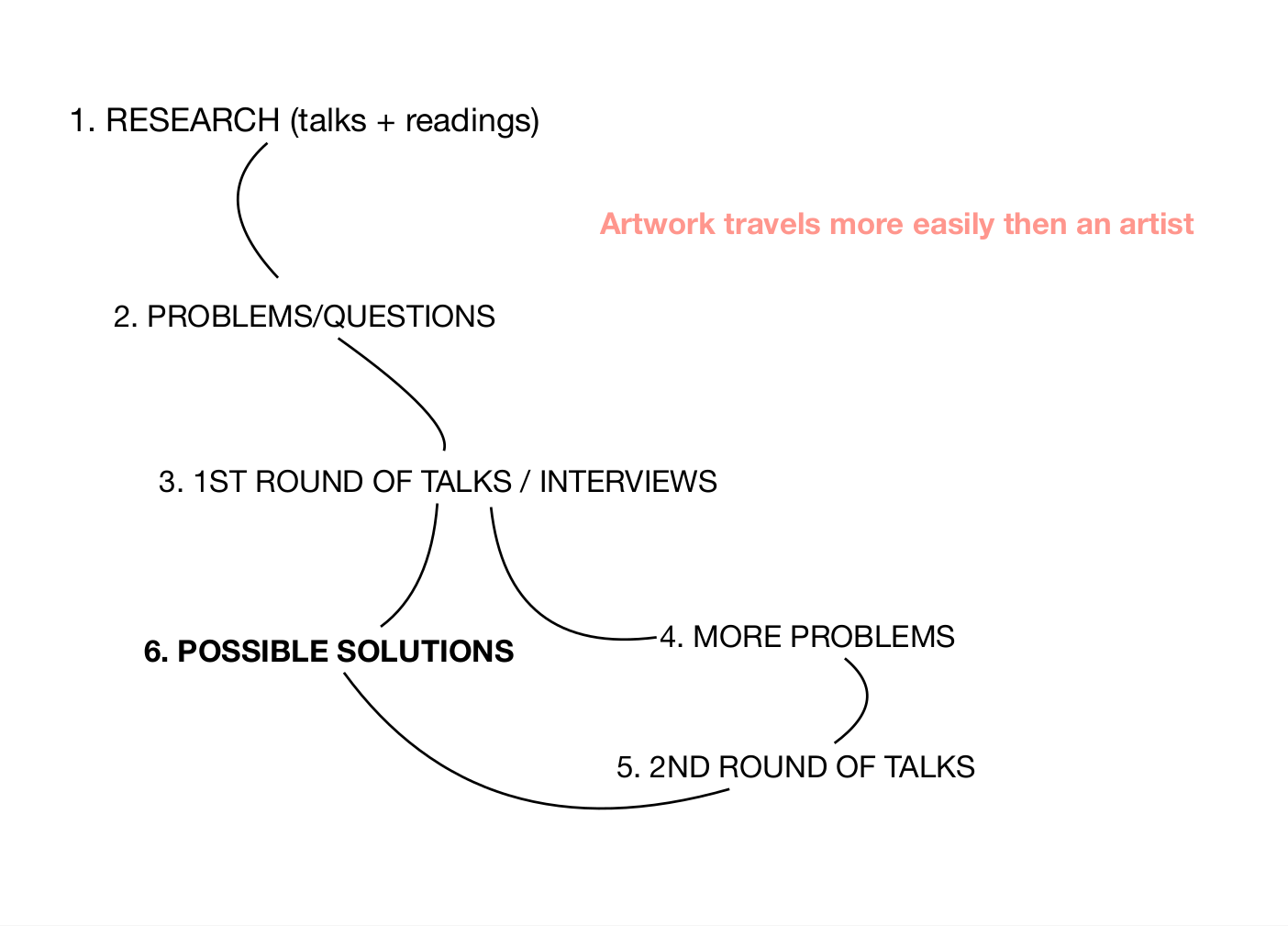
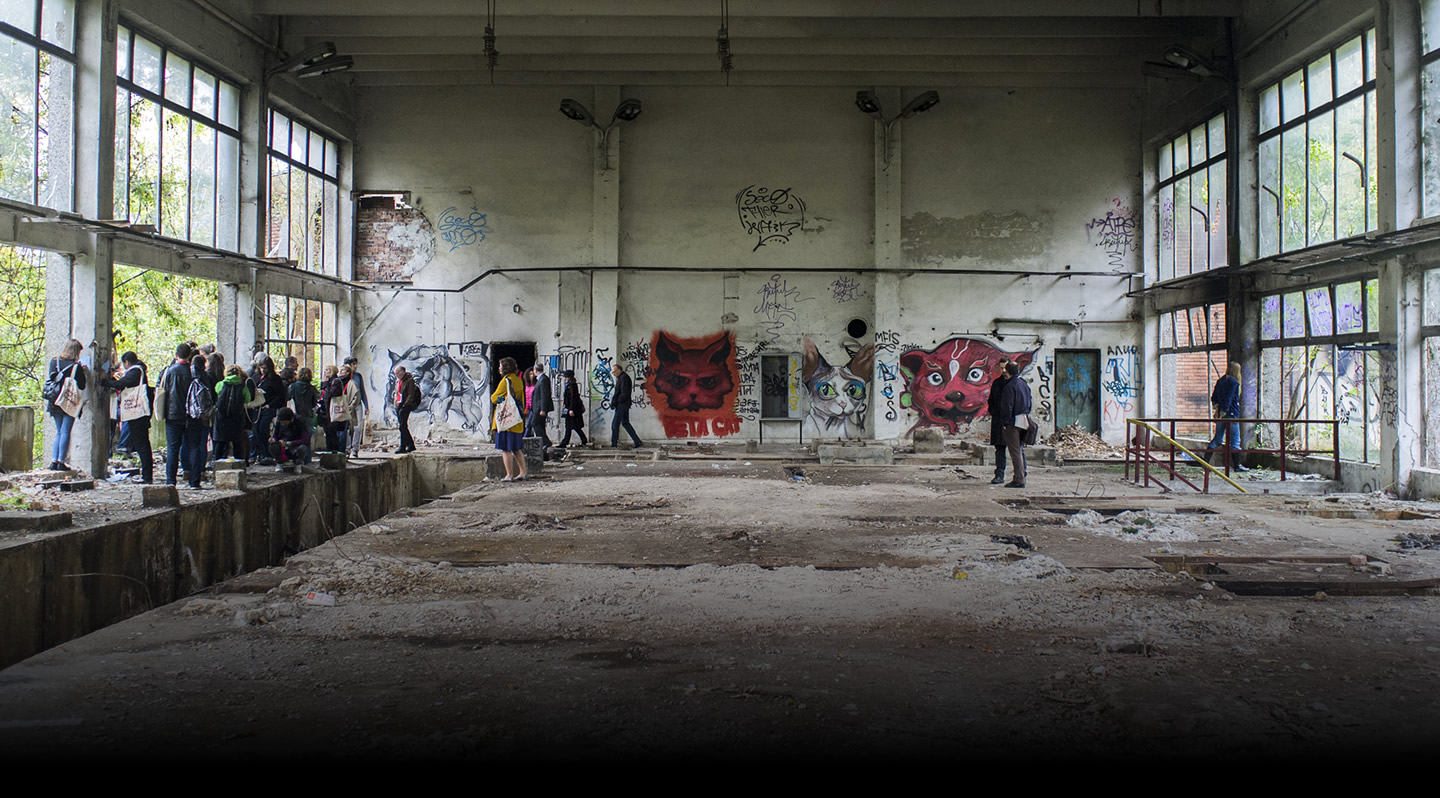
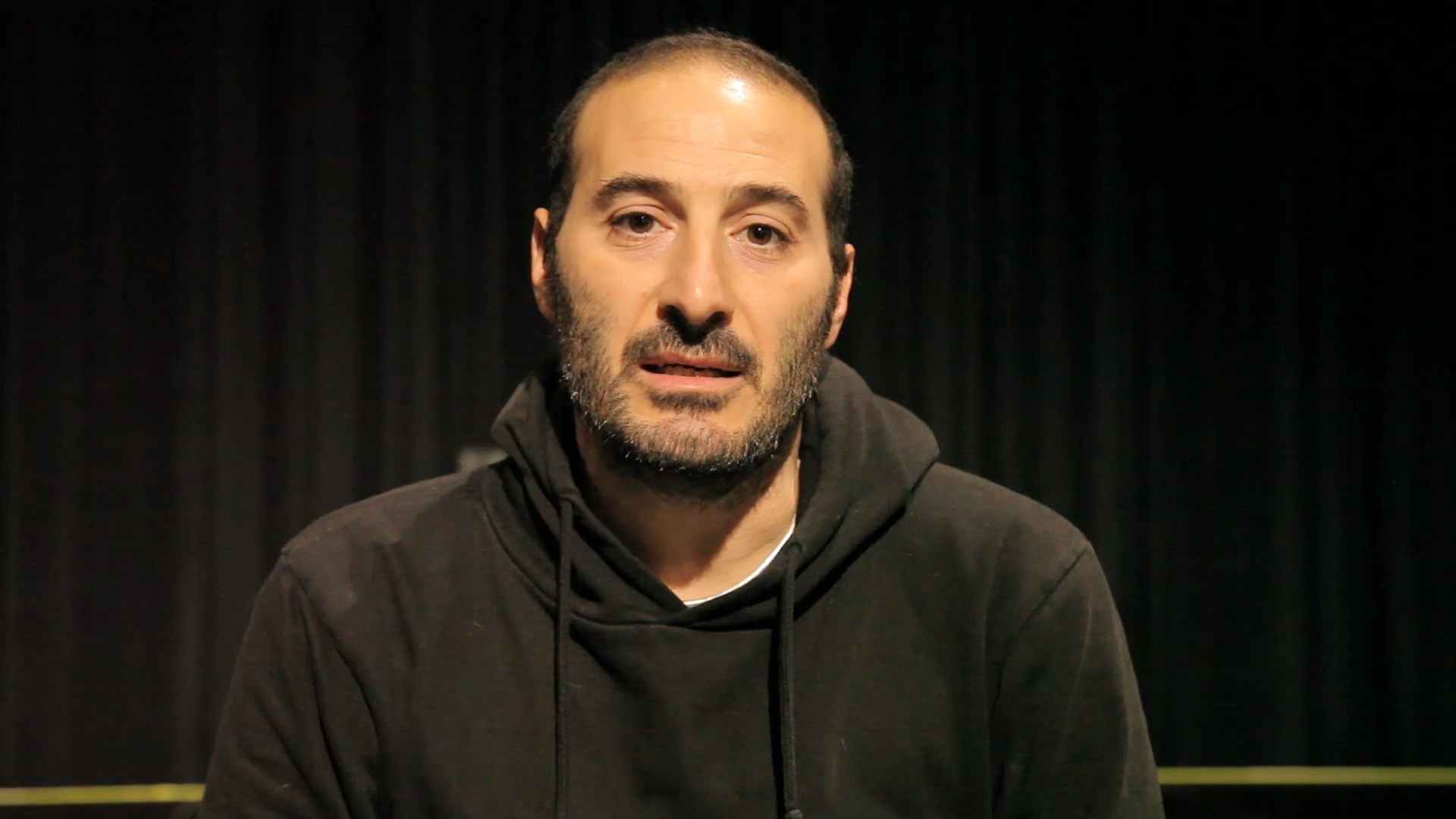
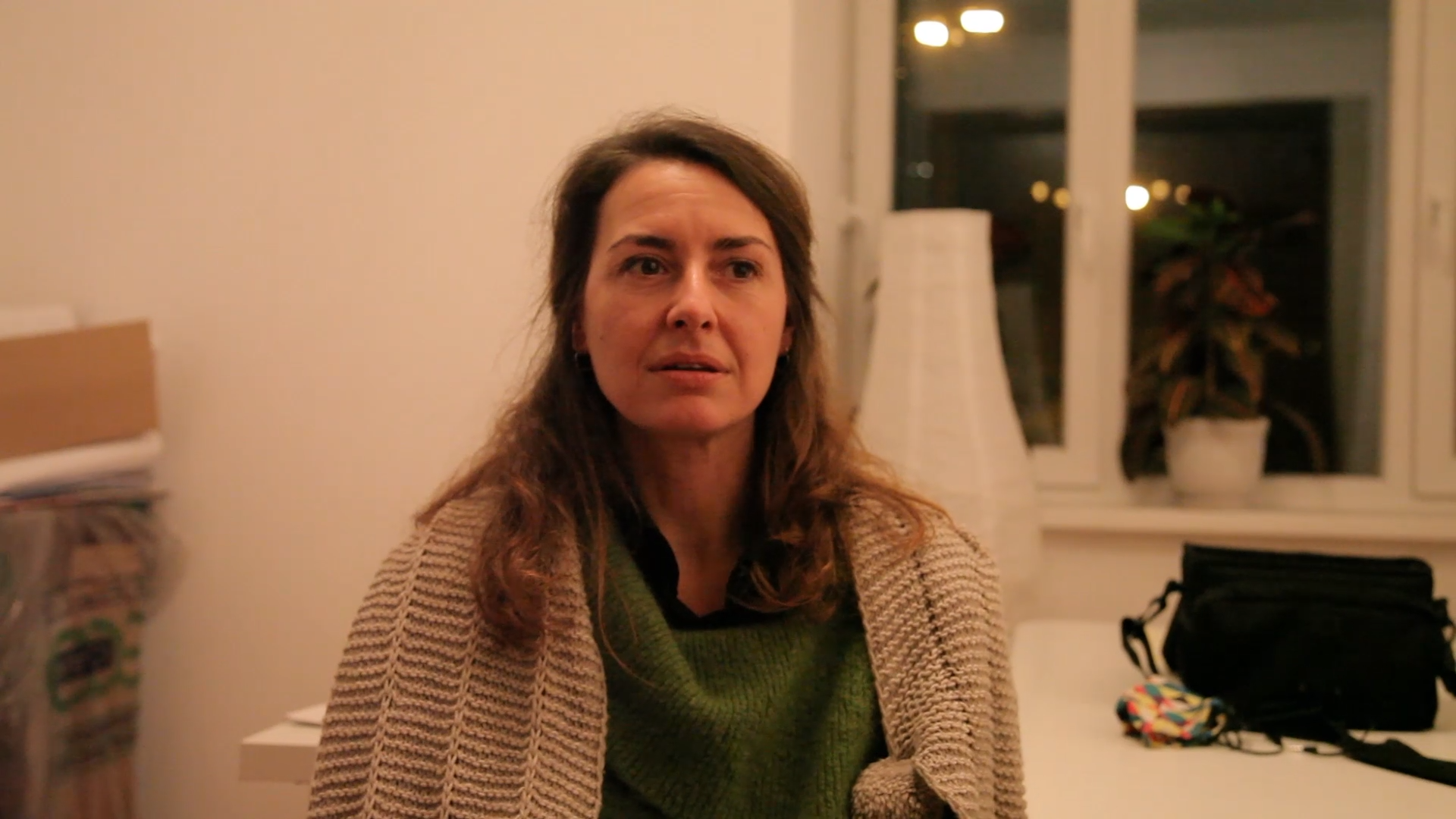
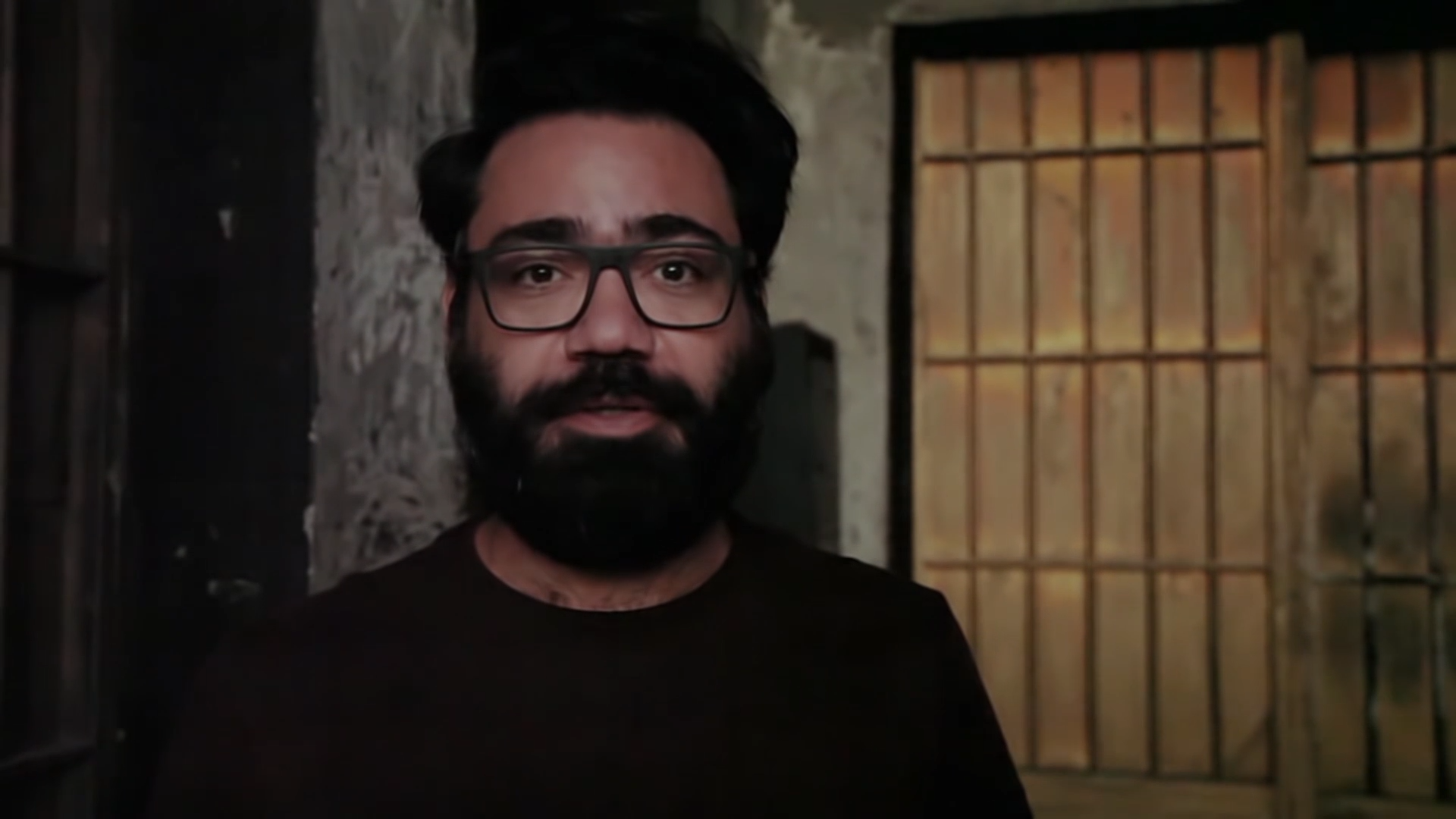
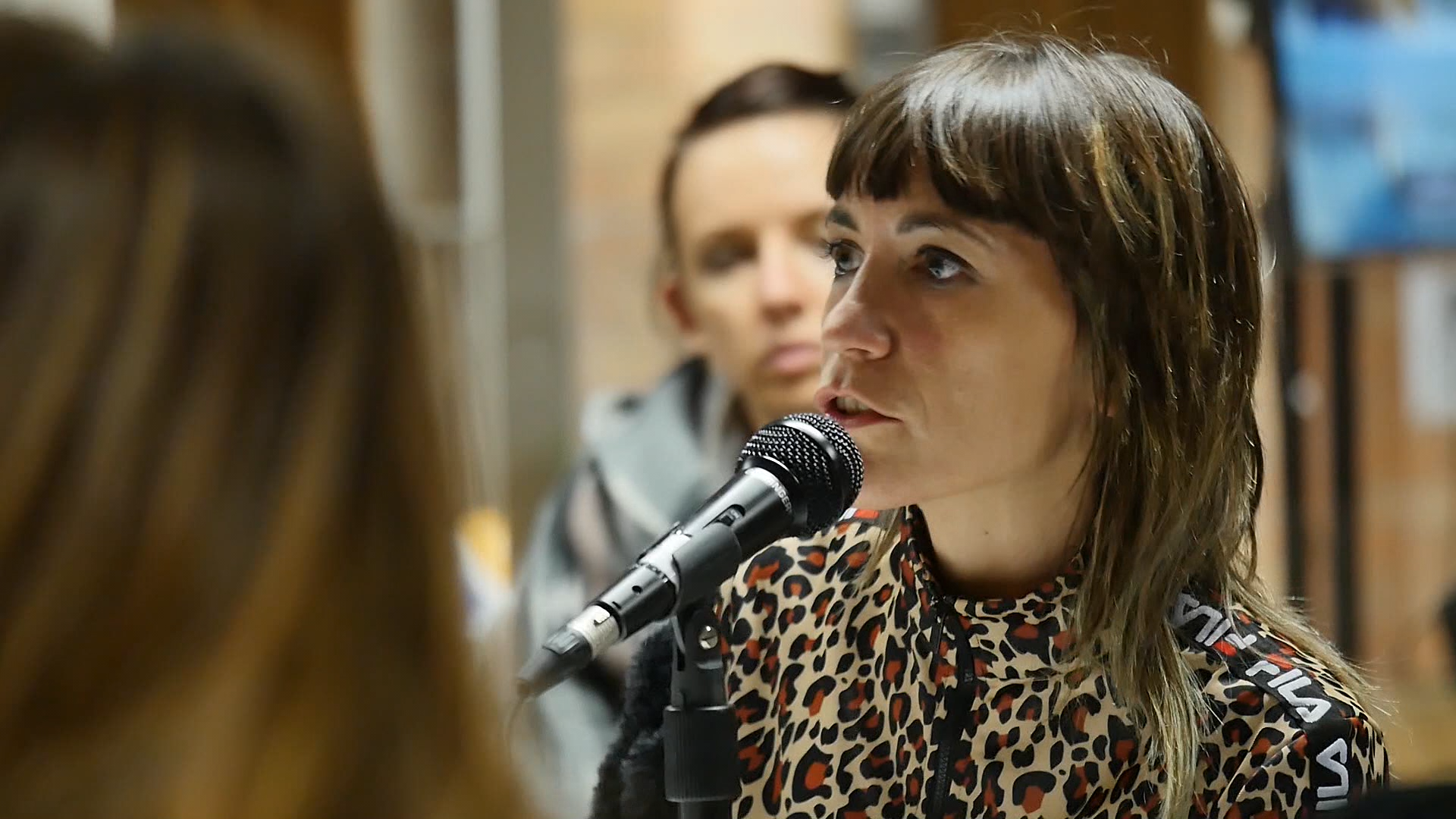
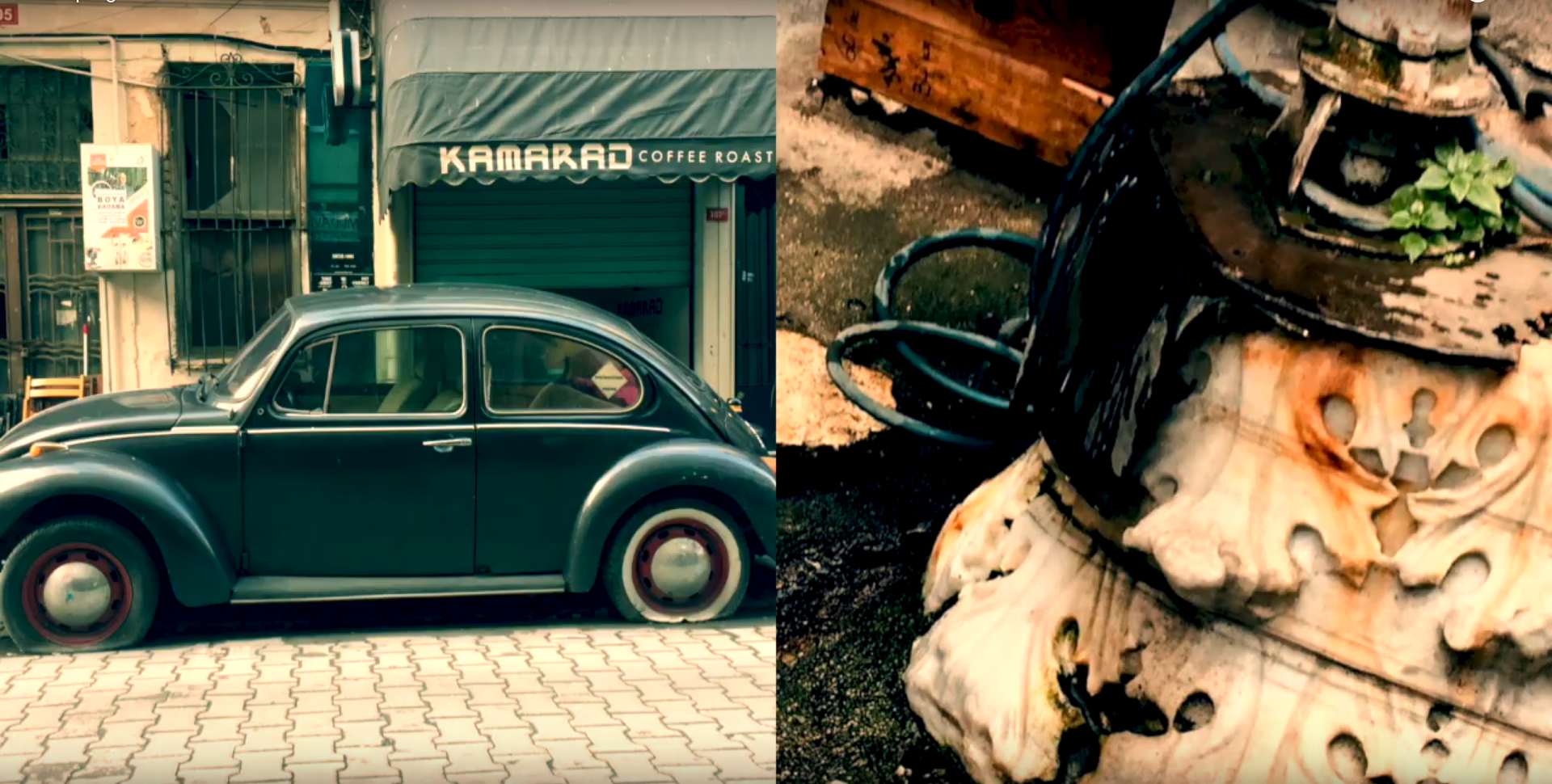
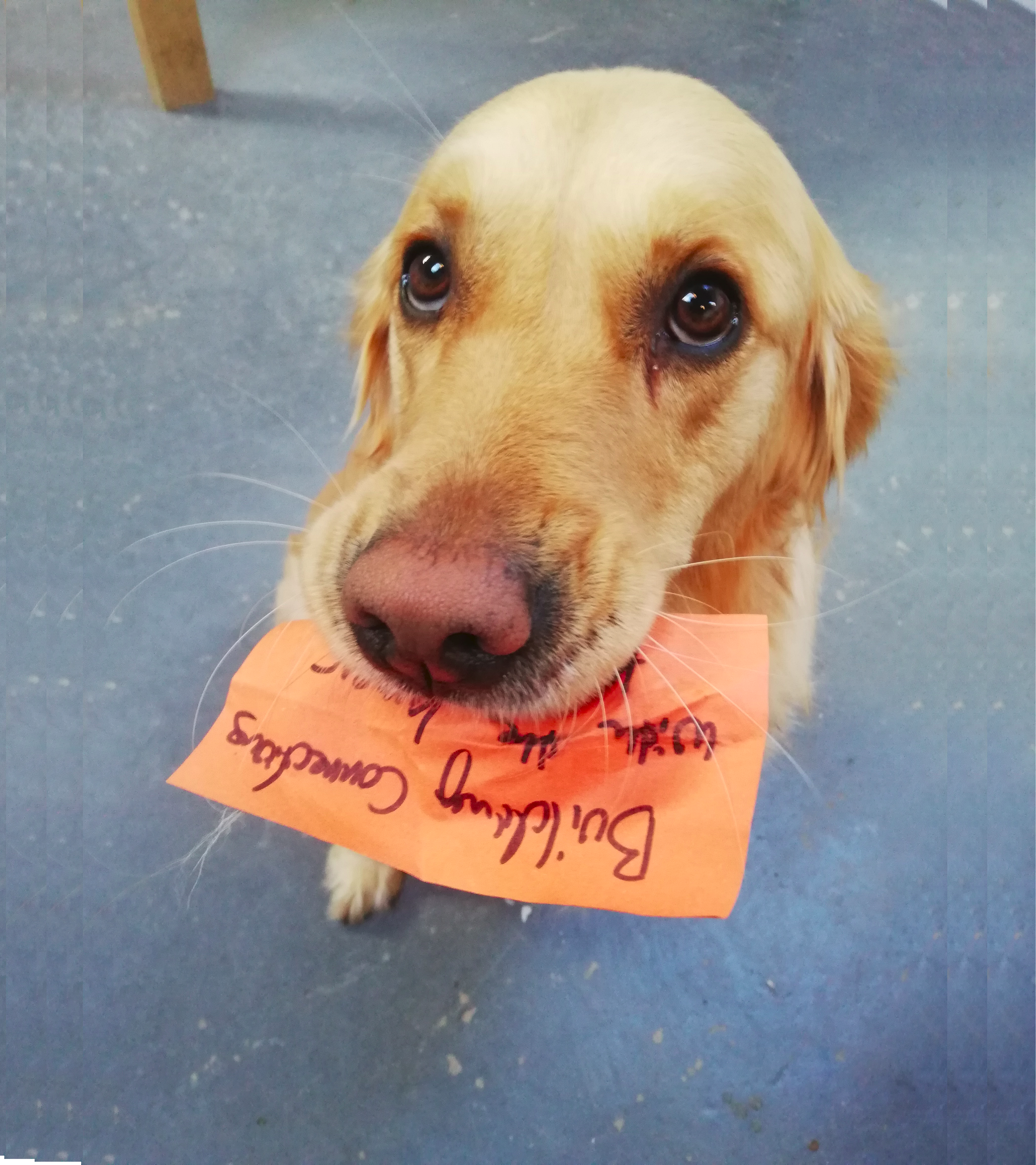

What could be better than being accepted onto a program where you travel to eight countries in two years?! What better than a chance to travel across Europe moments before our British politicians pull the plug on our countries stability, economy and future and remove the UK from the EU?!
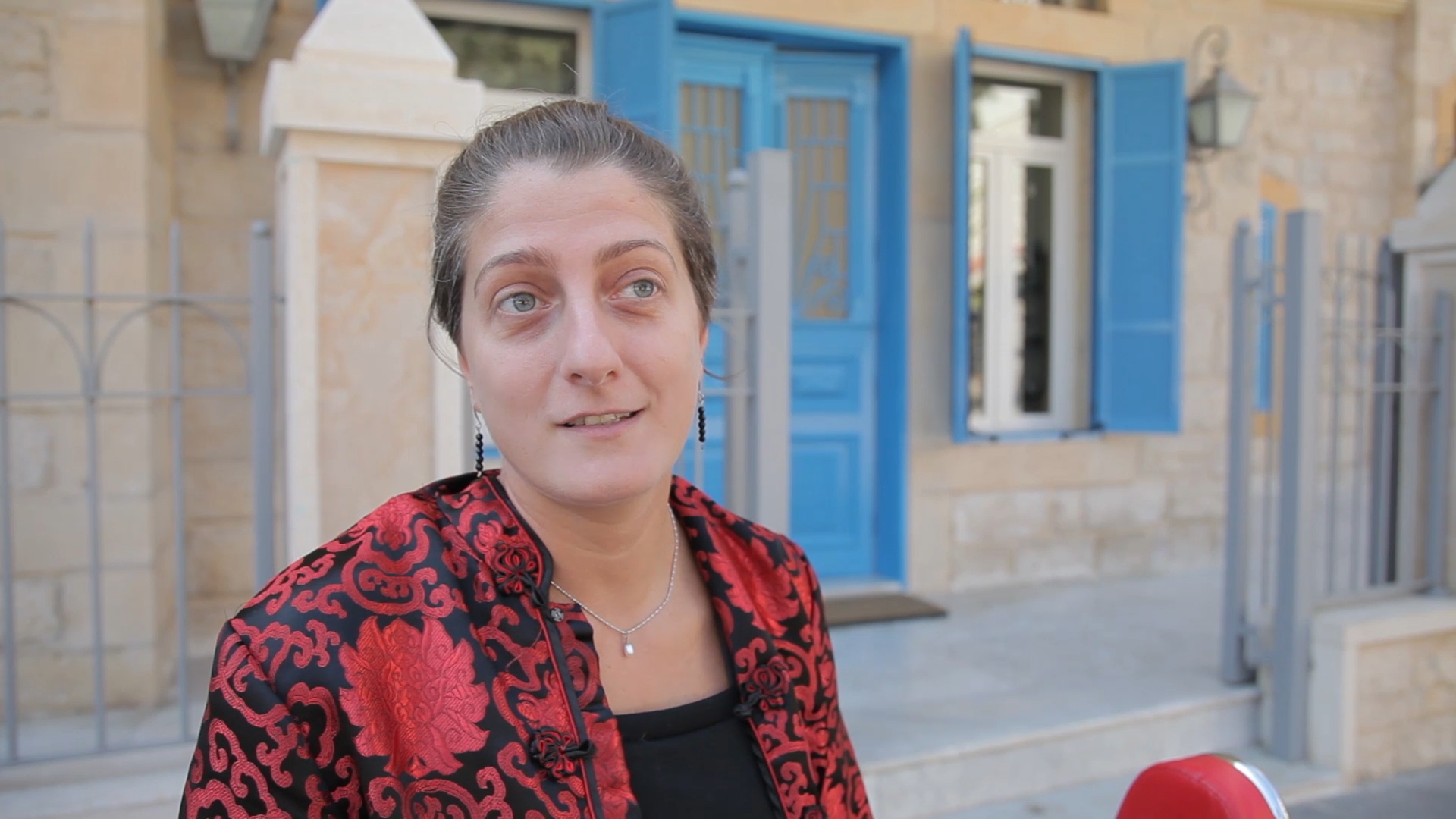
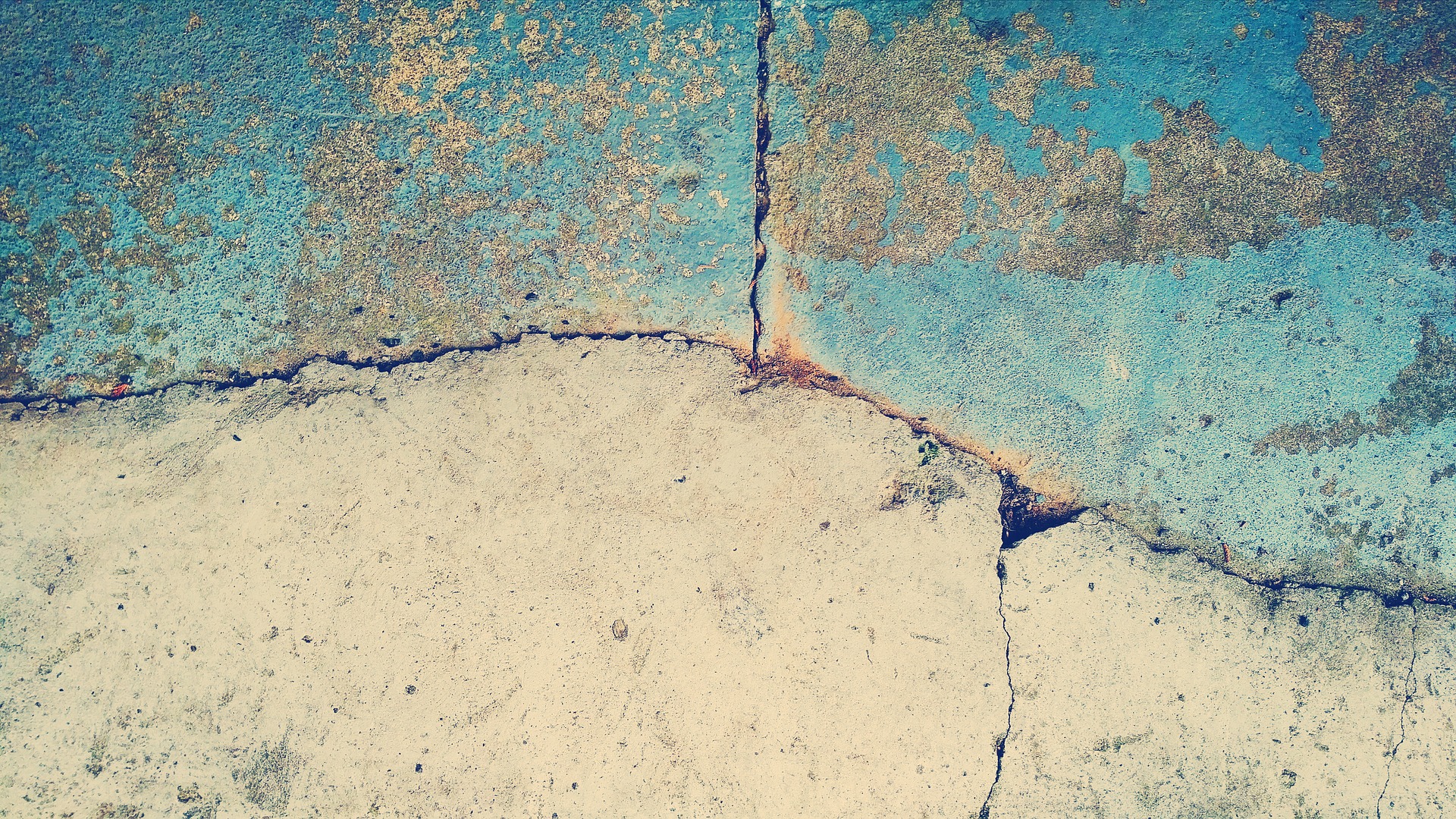
From its capacity of generating changes in the collective imaginary, producing forms of critical thinking, inventing new ways of doing or proposing new formulas of social organization, art can be a practical tool for contributing to processes of social transformation. In this sense, when we talk about practices that are at the junction of art and social fabric, some of the most nutritious areas can be those of collaborative art, public art, practices close to activism, cultural mediation, art and education, or community culture. —— by Marina Urruticoechea (Sarean + Wikitoki + Karraskan)
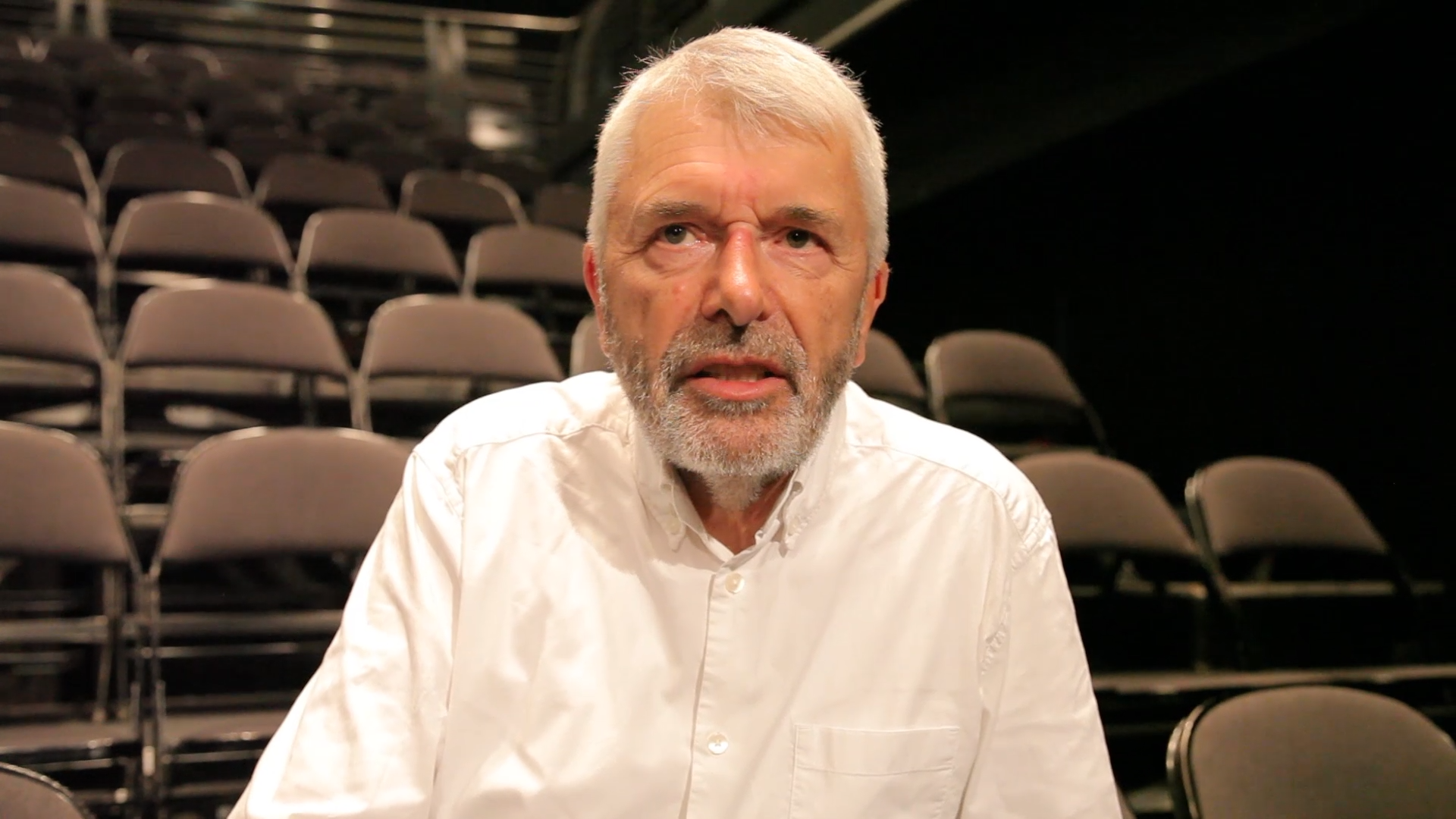
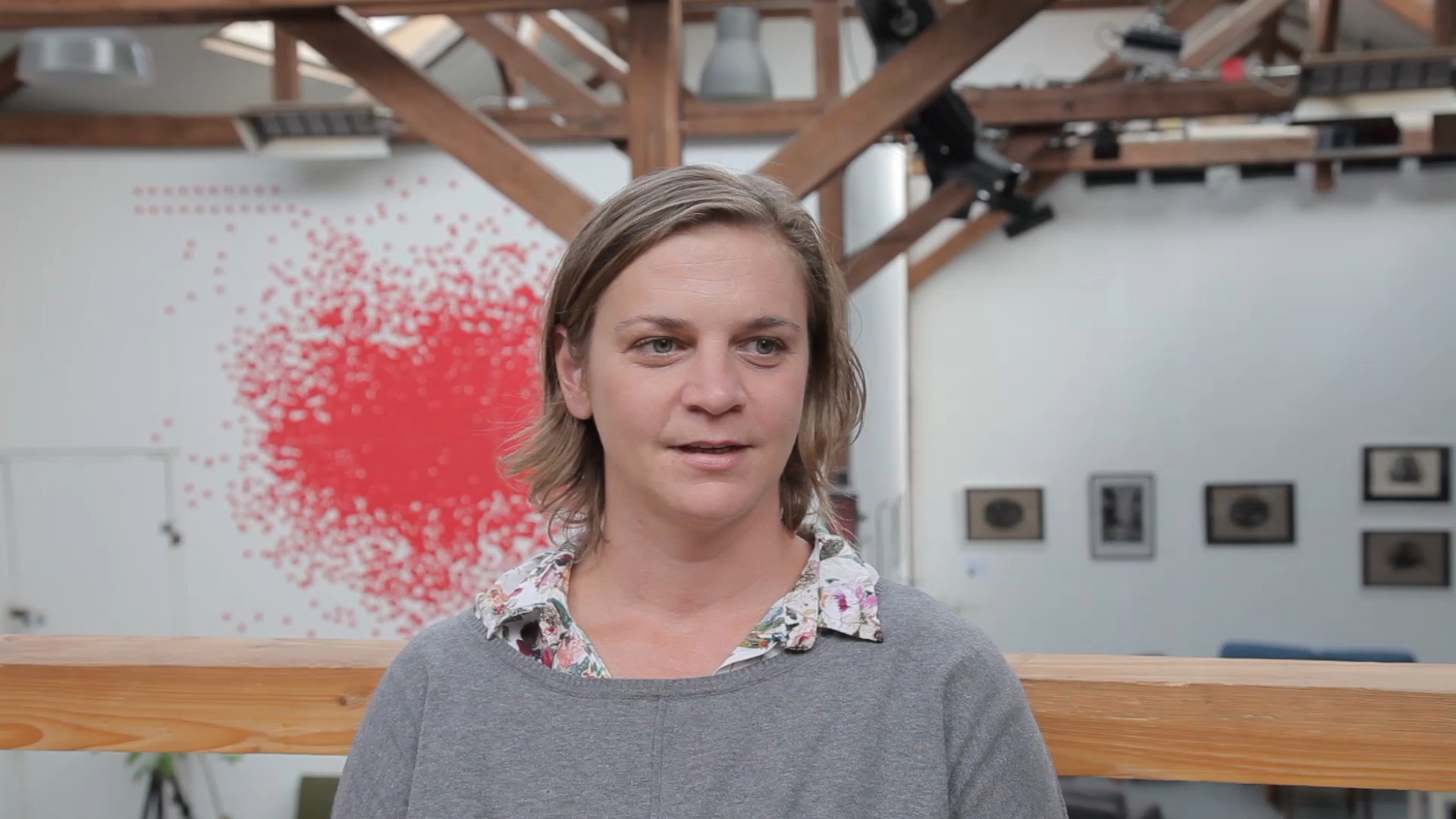

We are asked how the ‘value of art’ could be promoted in the ‘social fabric’? But, based on the practices we are developing in the Minipogon, we would feel more comfortable reversing this question in the following way: What kind of art practices should be developed so they could match real social needs, while making art finally purposeful for the society as a whole?
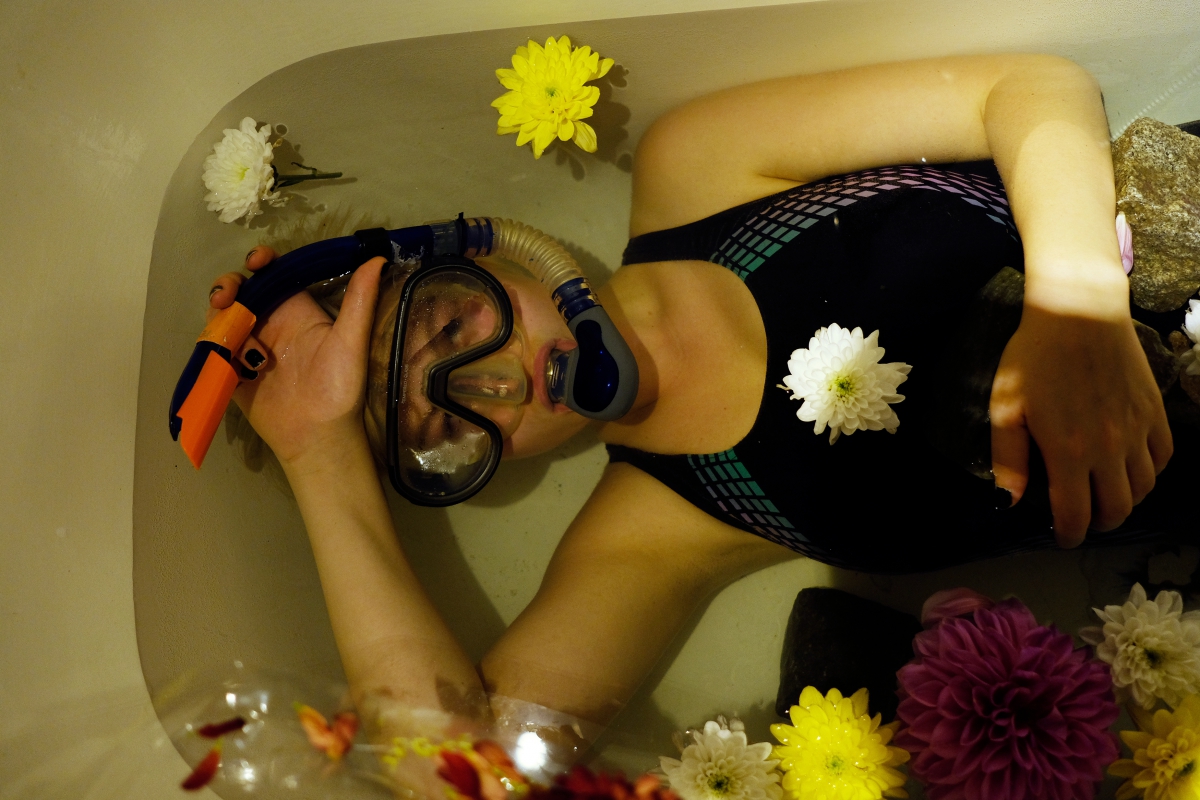
These days are really important days for me. I am selling my home. 30 square meters of size and over 10 year of life in these walls. It hosted my life and my work; what is now called homemade culture. In this little box I called home, I created my own festival, more than one actually. Three. They’ve all left by now, they live across Romania and abroad.
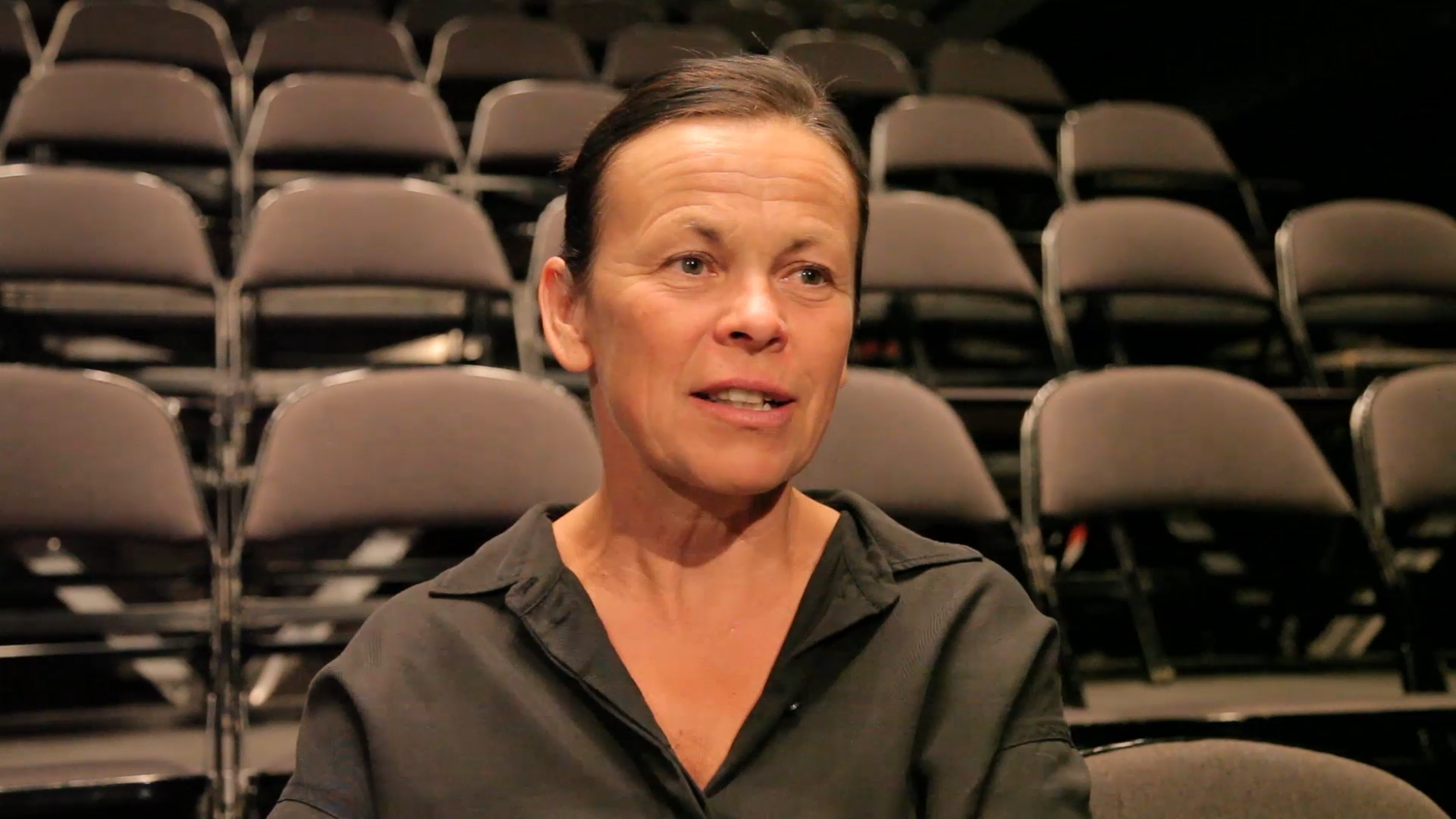
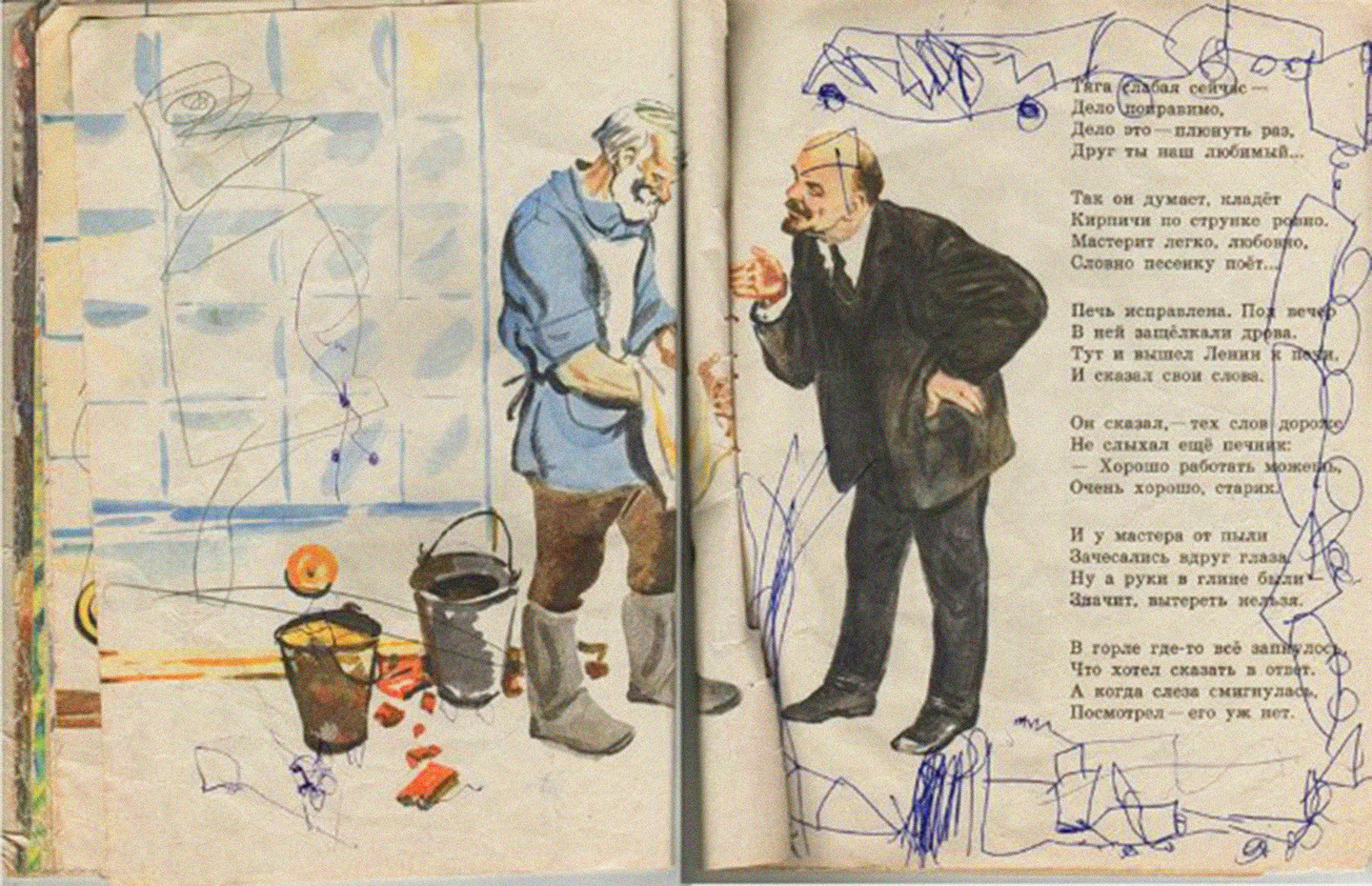
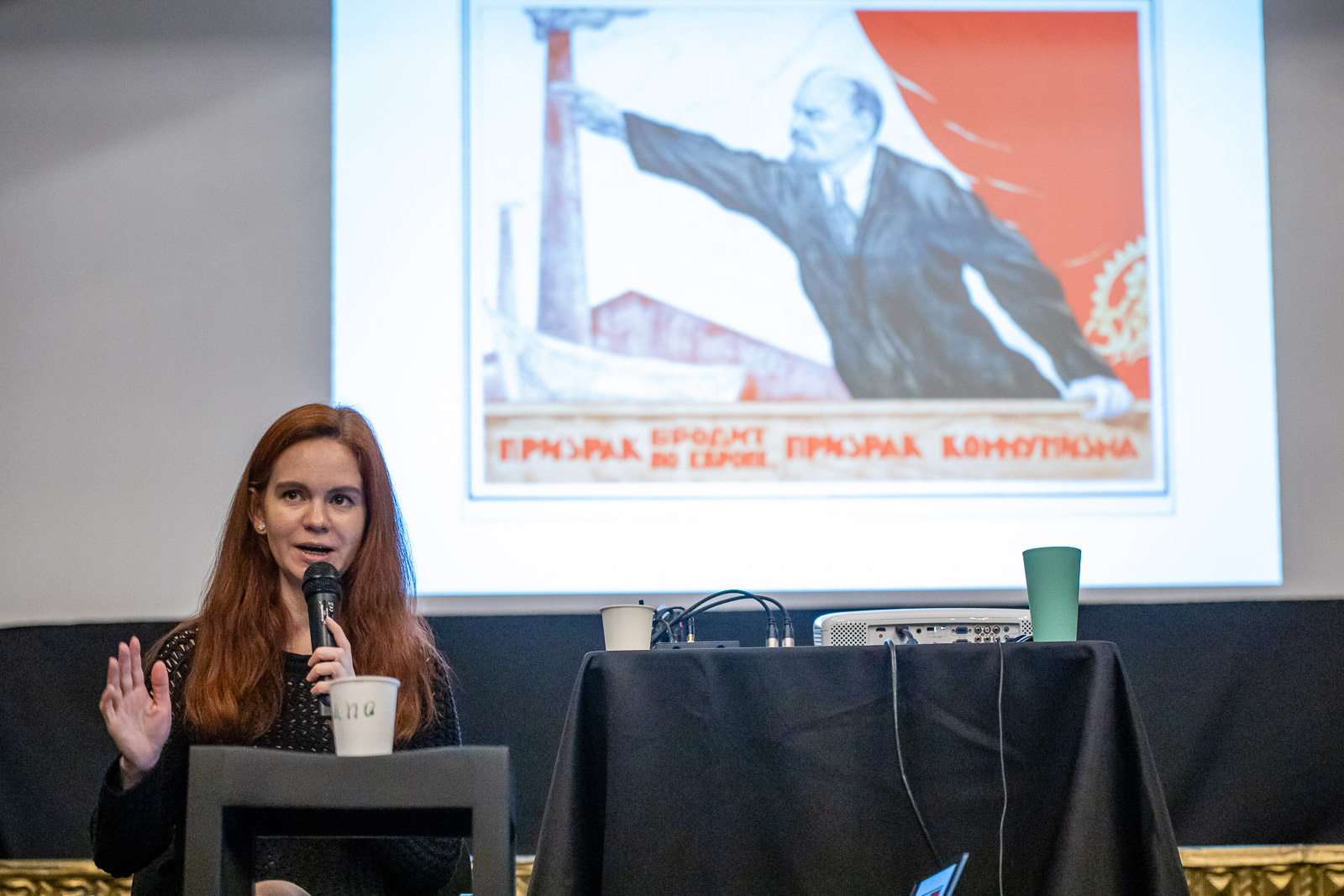
A critical engagement of theory and the arts in a dialogue with natural and technical sciences is characteristic for the materialist turn in contemporary culture. It rethinks historical processes from the perspective of the posthuman turn: the history of humans has to be inscribed into the history of things and the history of the World – into the history of the Earth.
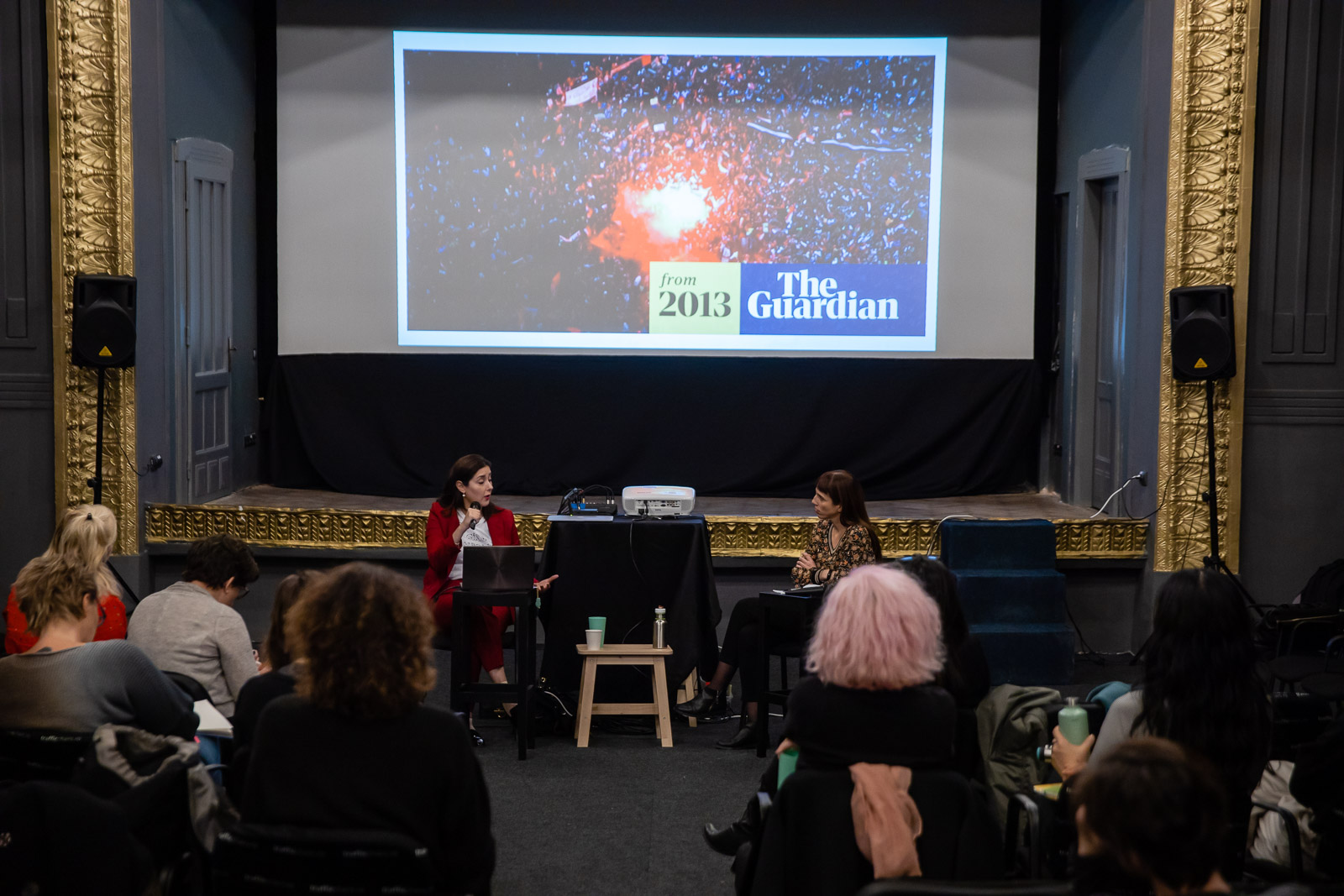
Soraya Bahgat shared her journey as an “accidental activist” and social entrepreneur. While working as Head of HR for a leading Egyptian real estate developer, she founded a volunteer movement to combat the pandemic mob-sexual assaults that had plagued Tahrir Square during the 2011 revolution.

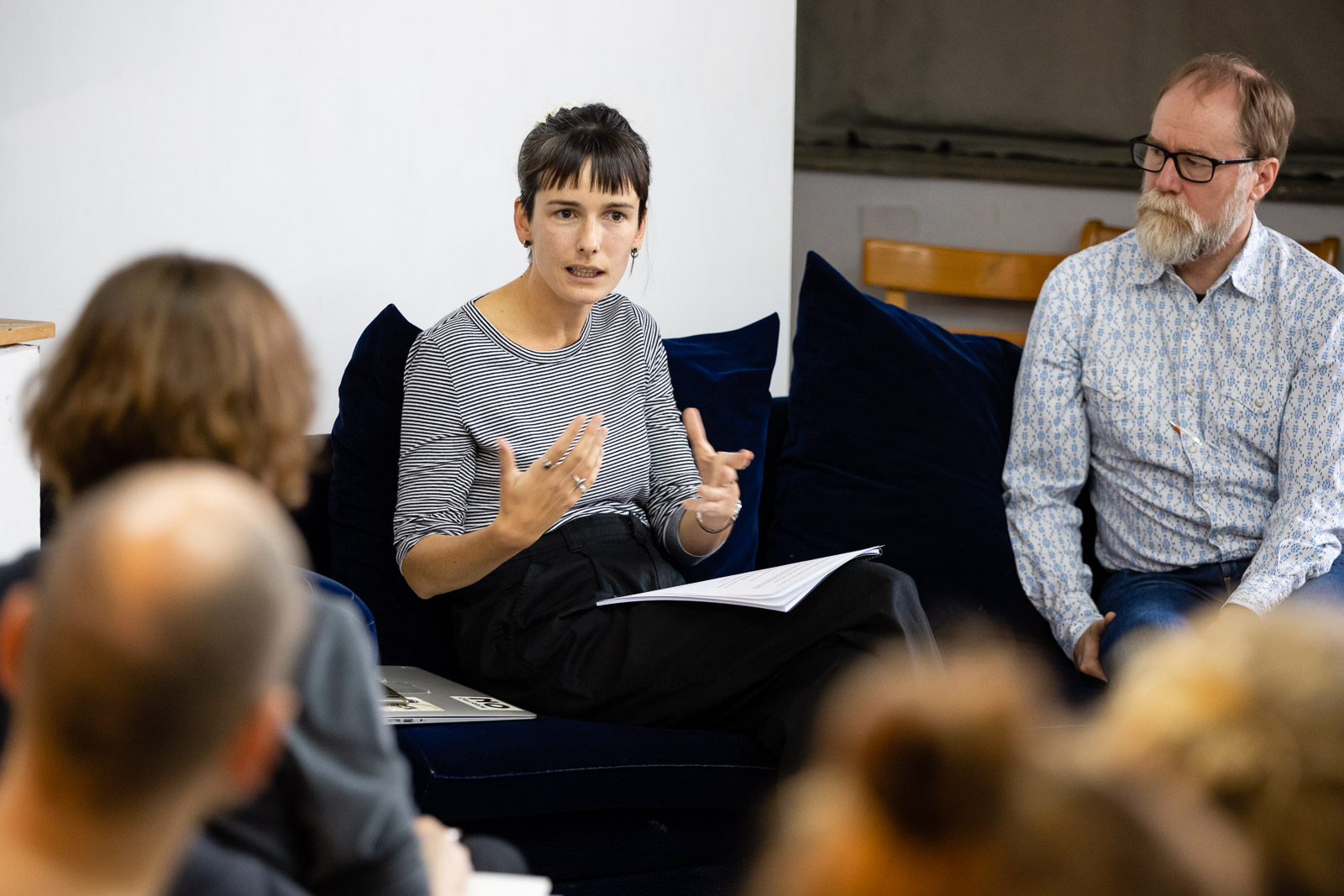
Feminism seems to be gaining momentum in many countries, but most organisations and groups are still working based on patriarchal standards. The “feminisation of politics” includes different elements, which all aim to change the way activism and politics (in a broad sense) are done.
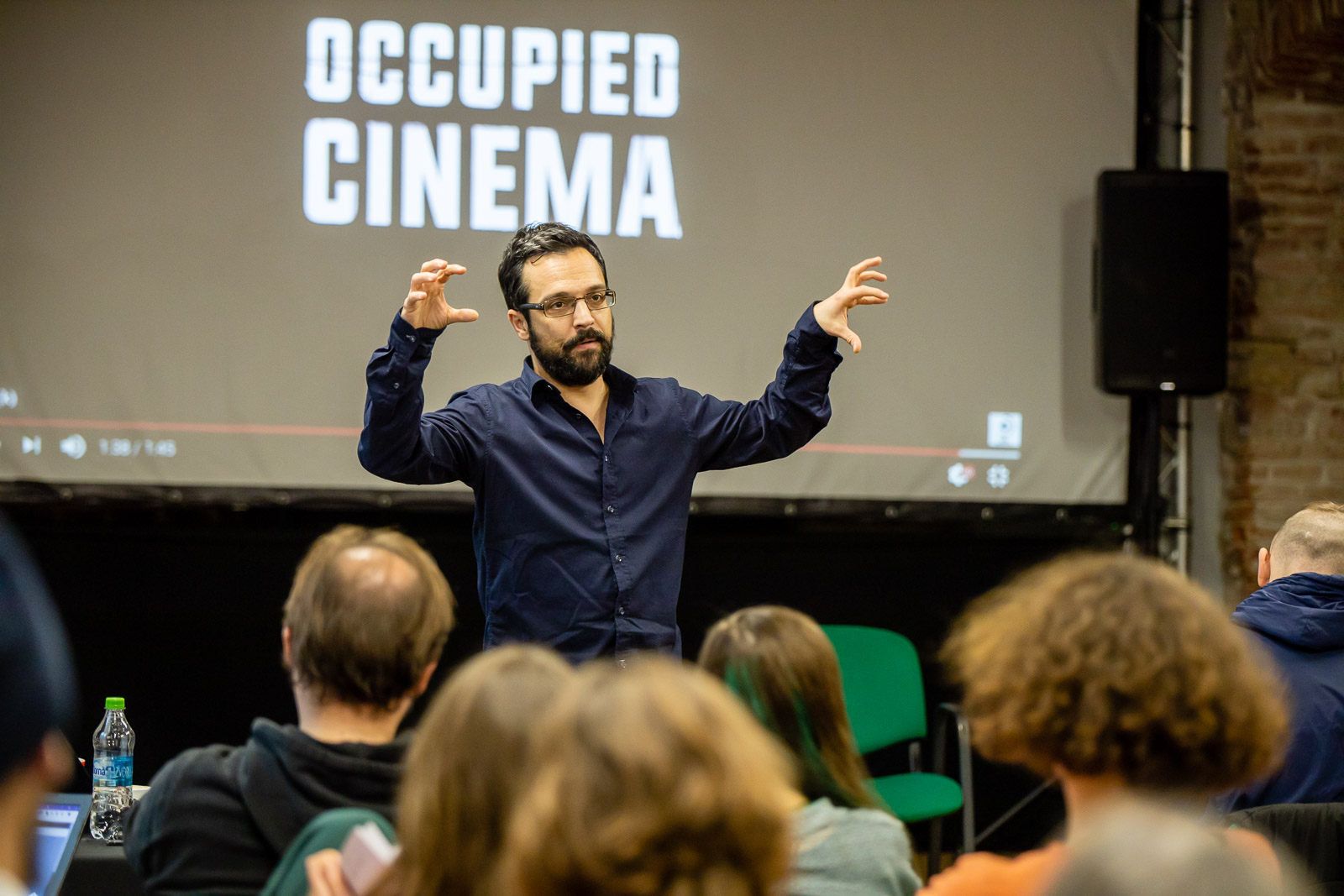
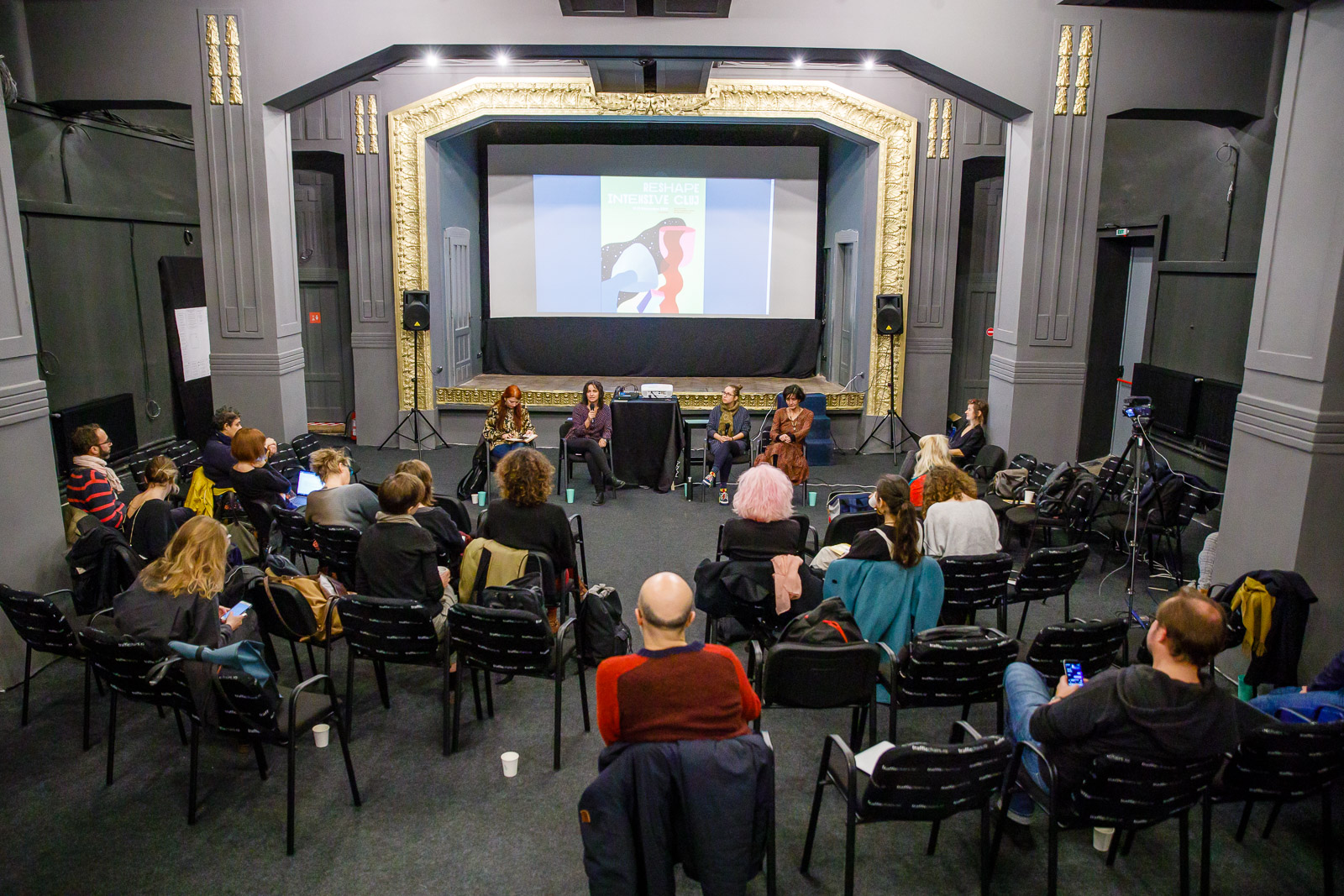
A brief radiography of the performing arts scene in Romania, with a focus on the independent art scene: its fragile structures, their restless struggle to establish and maintain spaces for creation and production and their taste for socially and politically engaged practice.
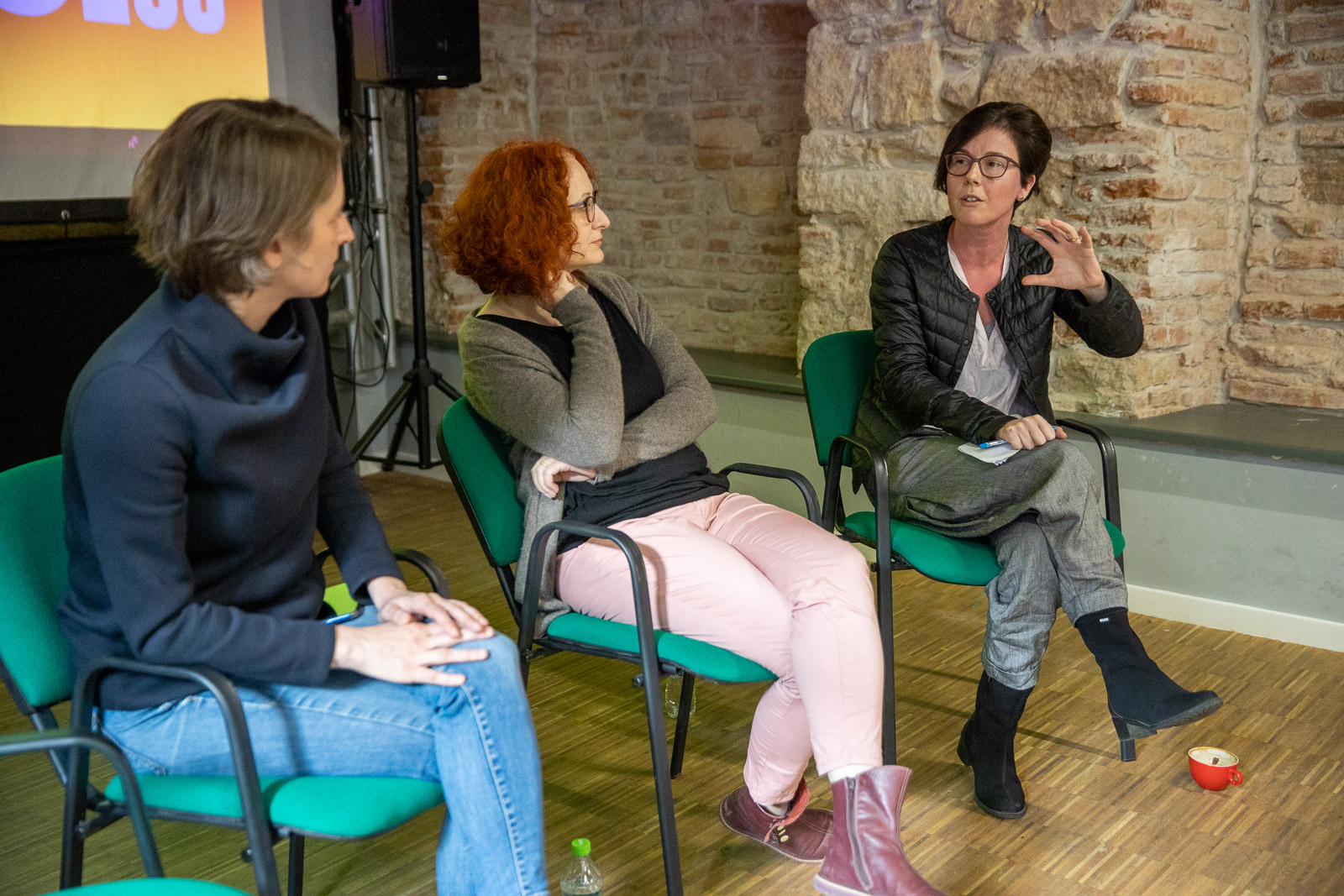
A conversation about the socio-economic conditions of cultural work and the policies and support structures for culture in Romania. We analyse the main challenges that artists and organisations face and explore the models and practices that enable their resilience.

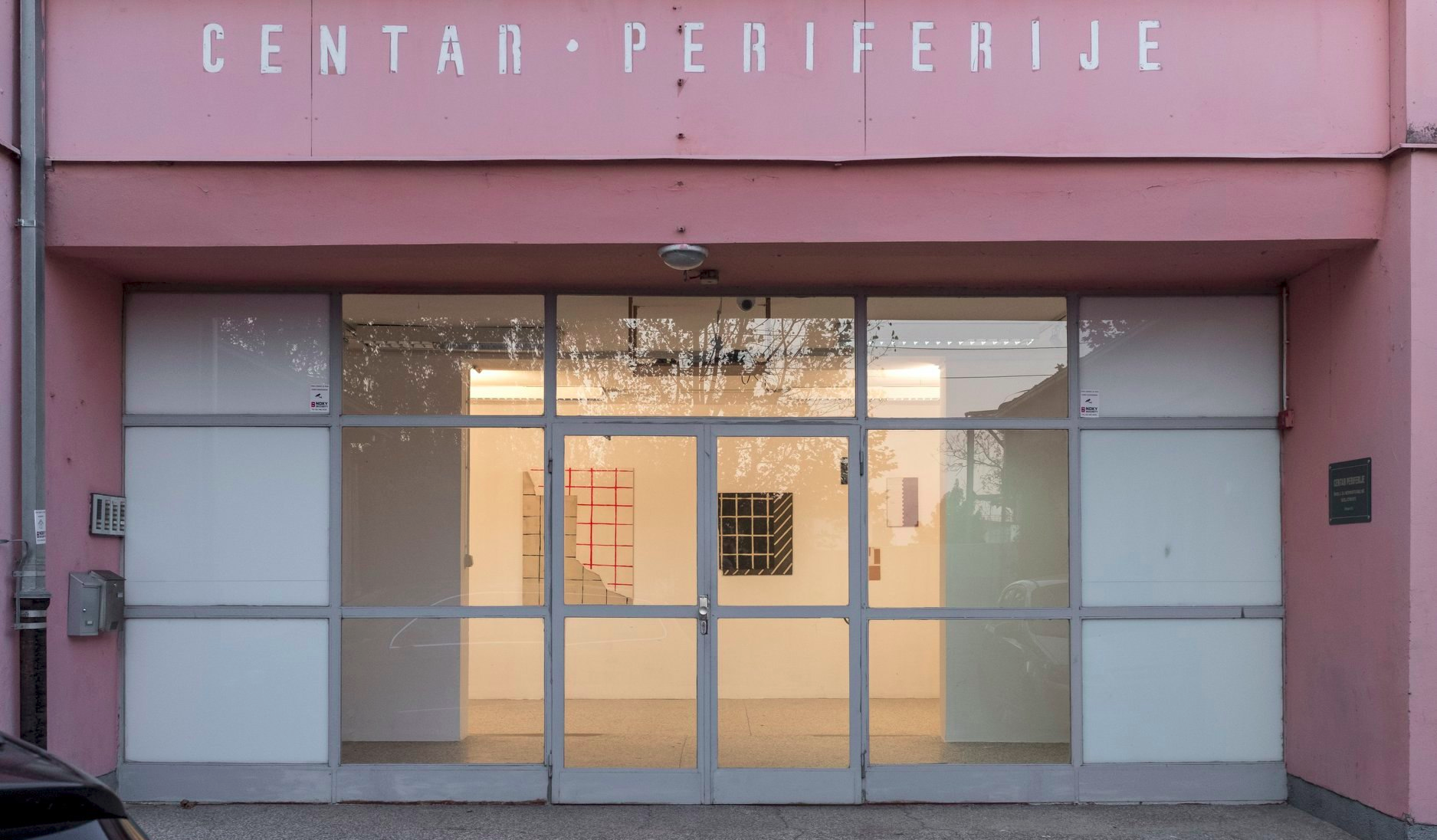
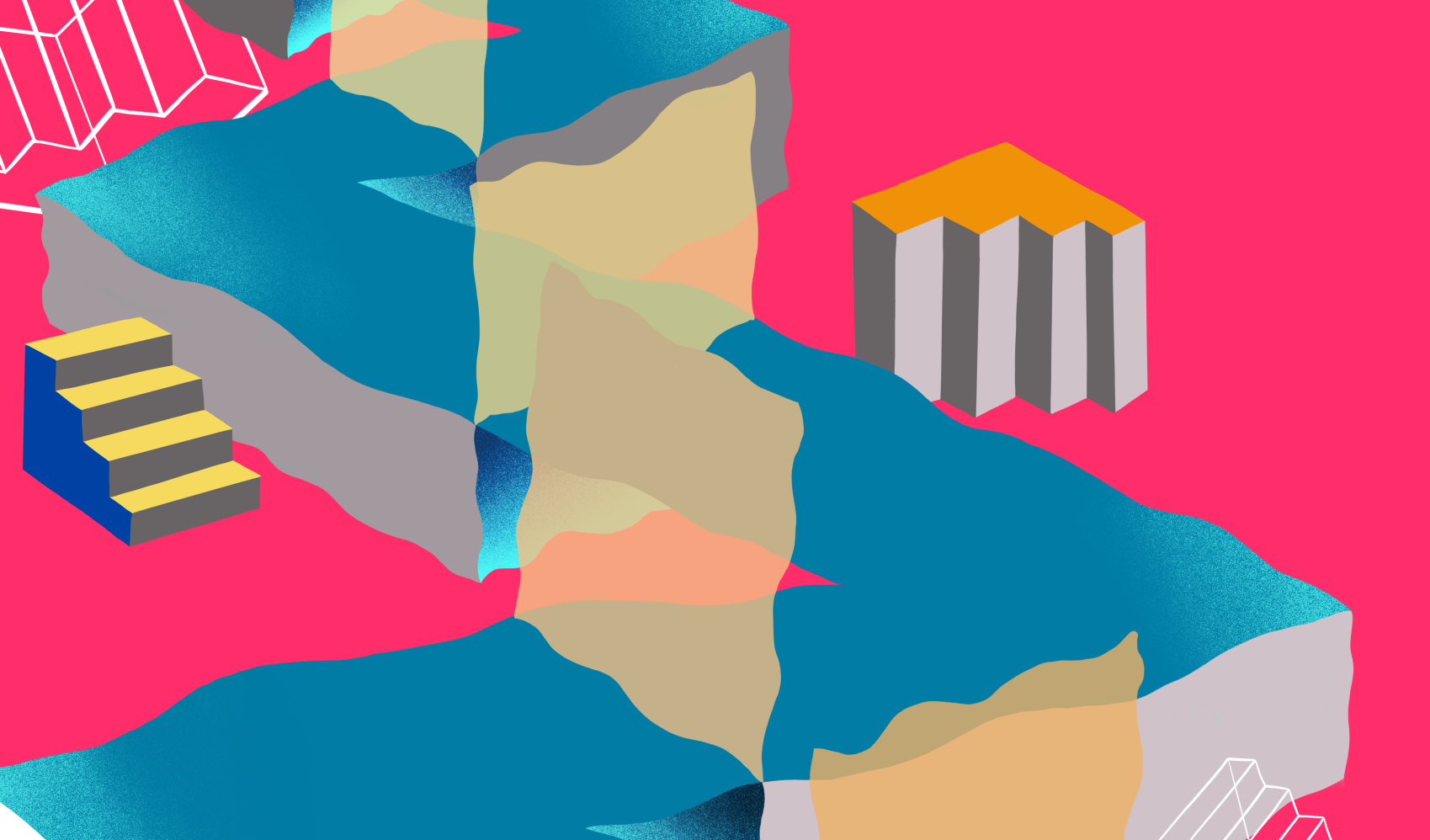
Our approach to a better understanding of the Value of art in social fabric was to discuss and bring up to the dialogue the narrative of the torn apart communities in war-zones and post conflict societies, how do we as cultural activists, artists and organizations, contribute in reviving an art scene in the midst of political chaos and lack of security, funding, and the disappearance of a cultural ecosystem?
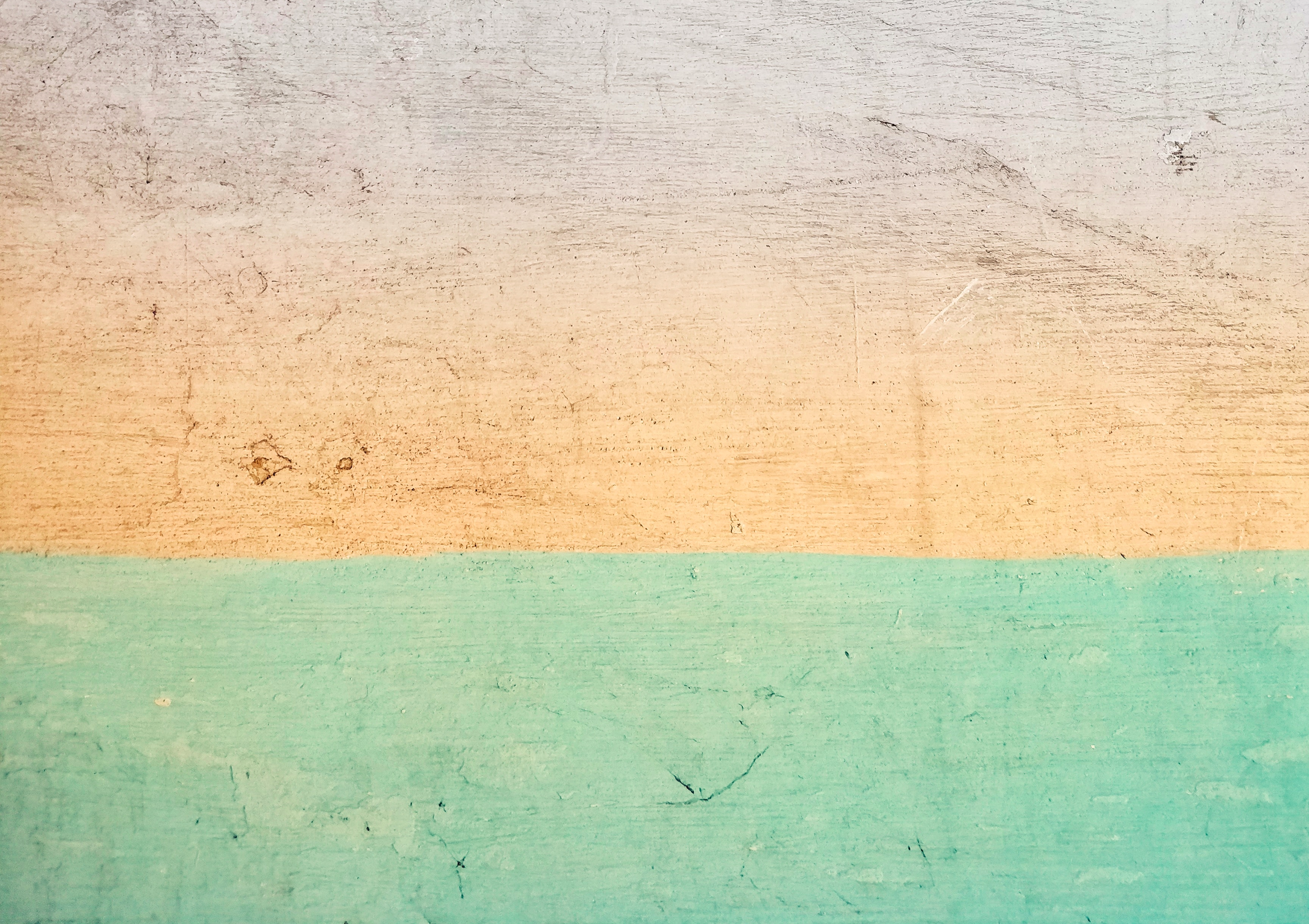
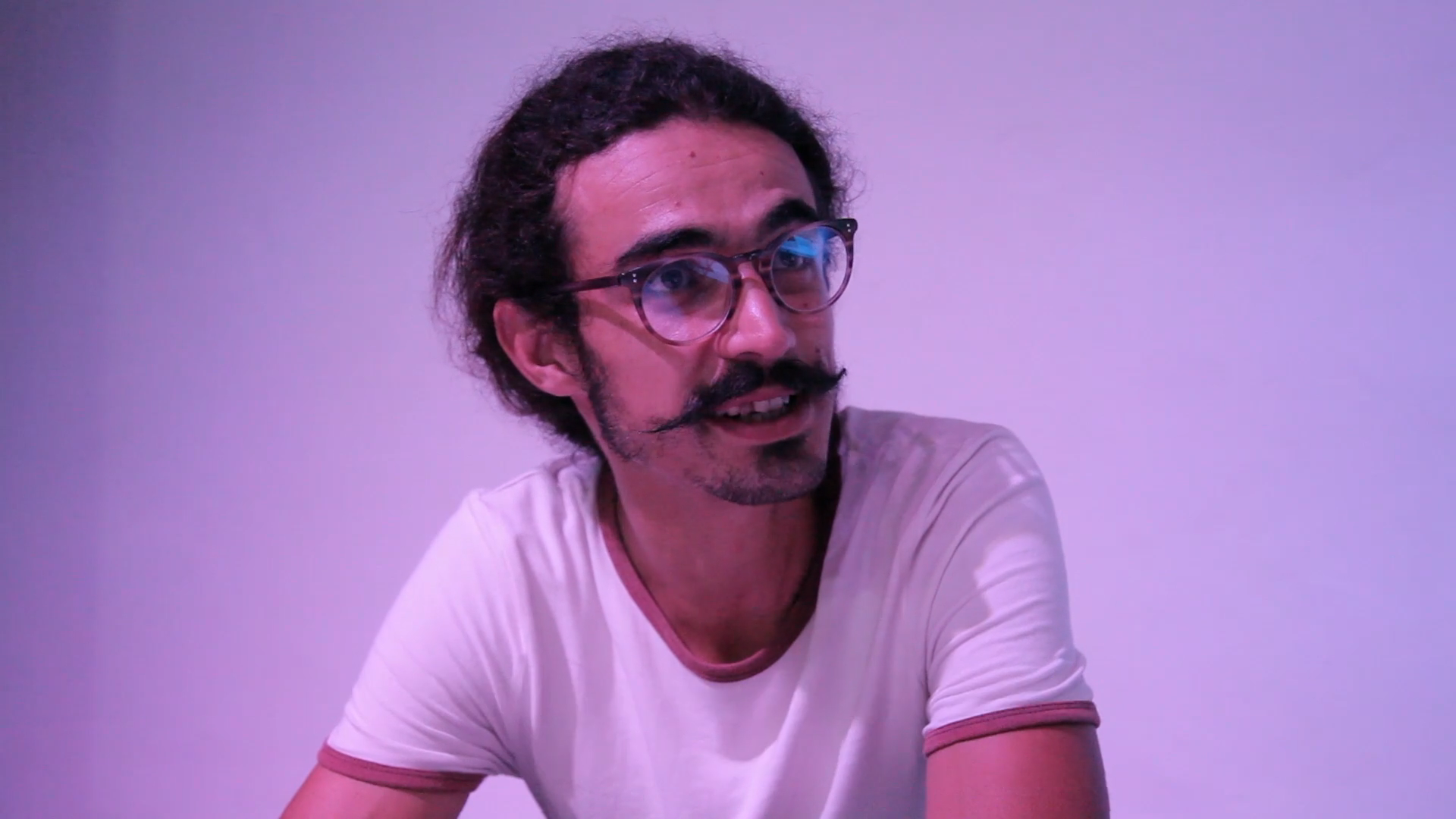
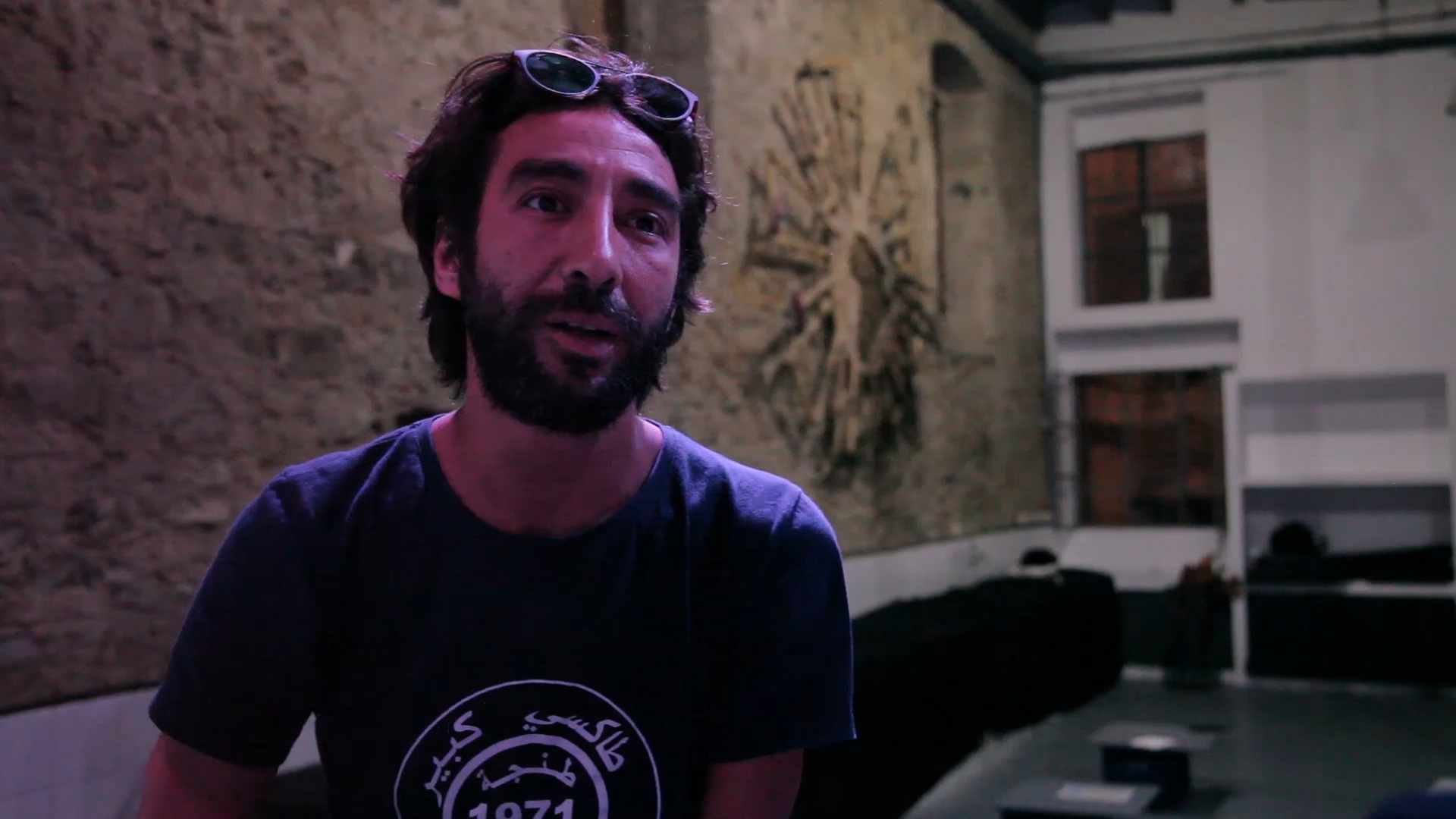
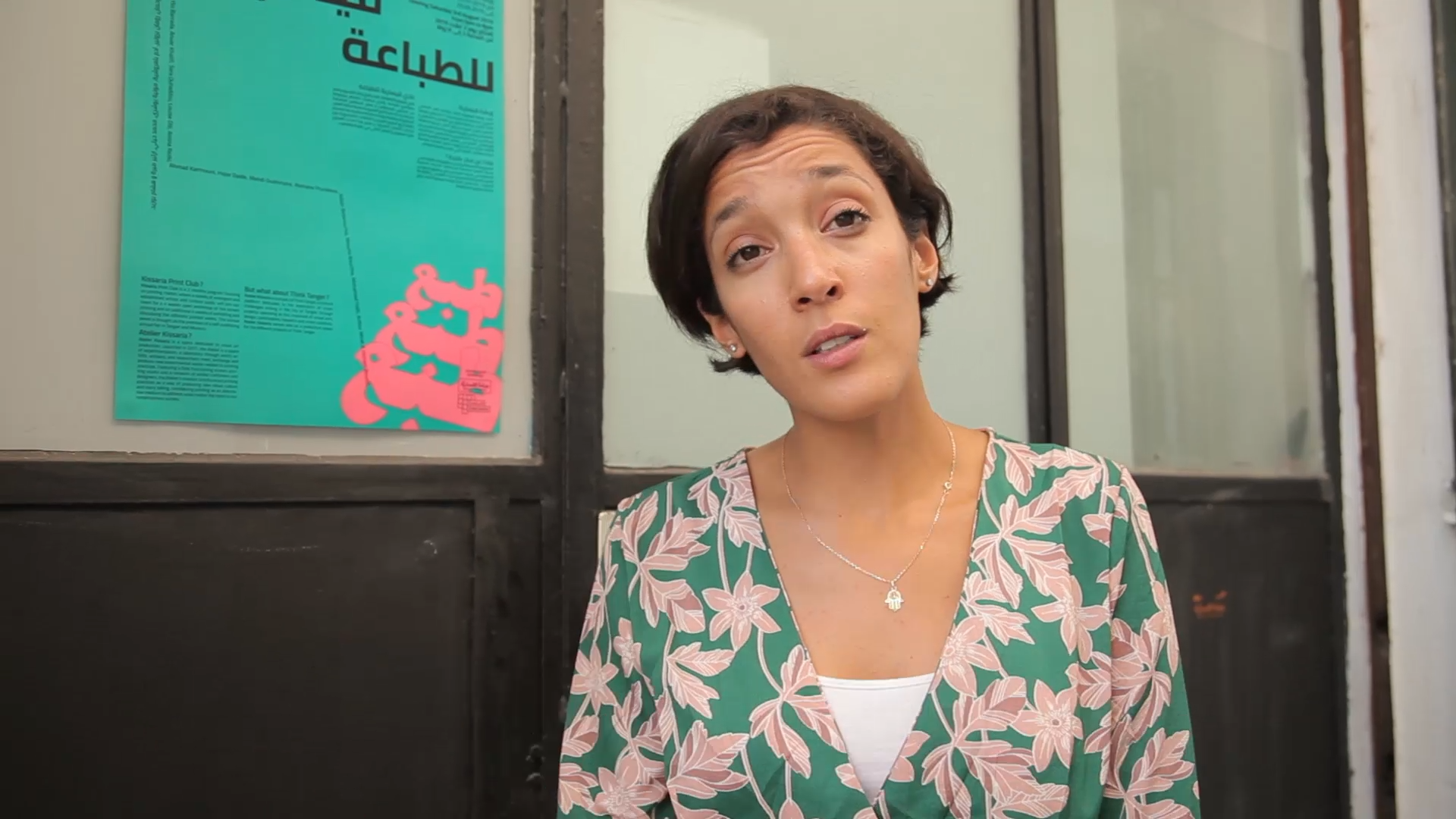
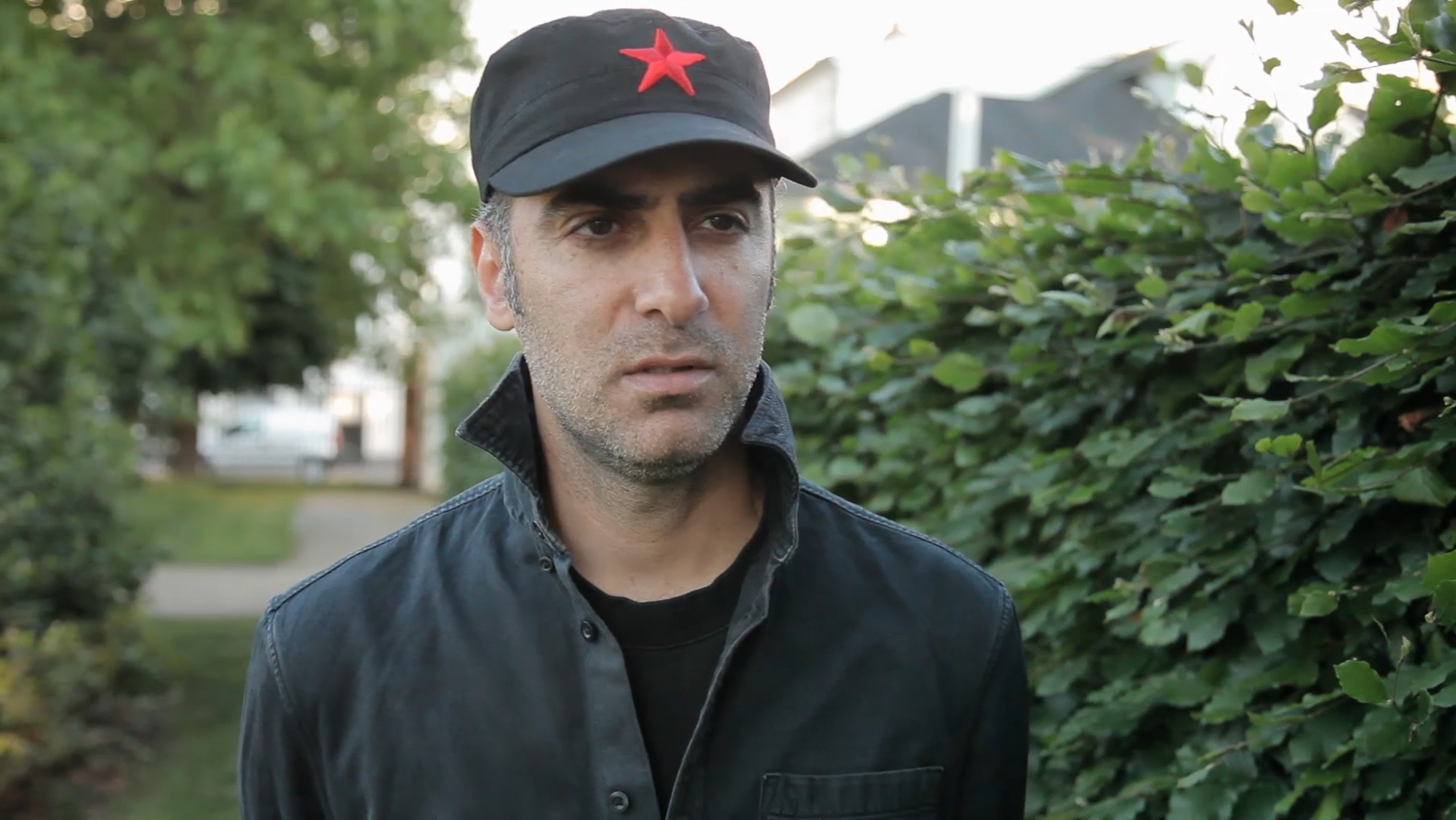
Vahid Evazzadeh, theater director, filmmaker and the chairman of the Counter Institute talk about the role of art in society, socially responsible art, his non-artistic practices and the experience of displacement - from Iran to Danmark.
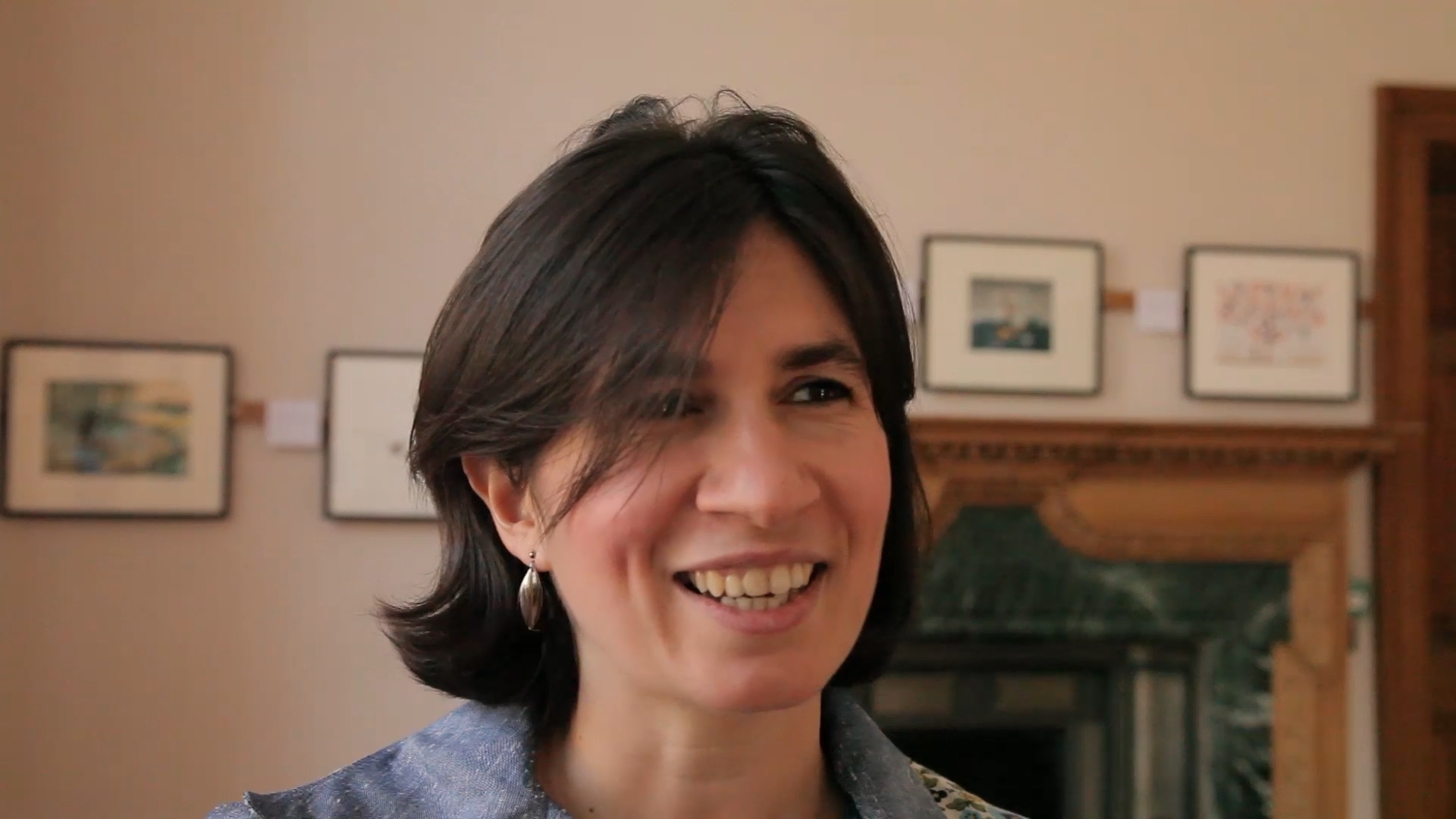
Viviana Checchi, a public engagement curator at the Center for Contemporary Art in Glasgow talks about practicing citizenship through art, engaging audience in the cultural sector and bringing a global perspective into a local cultural context.
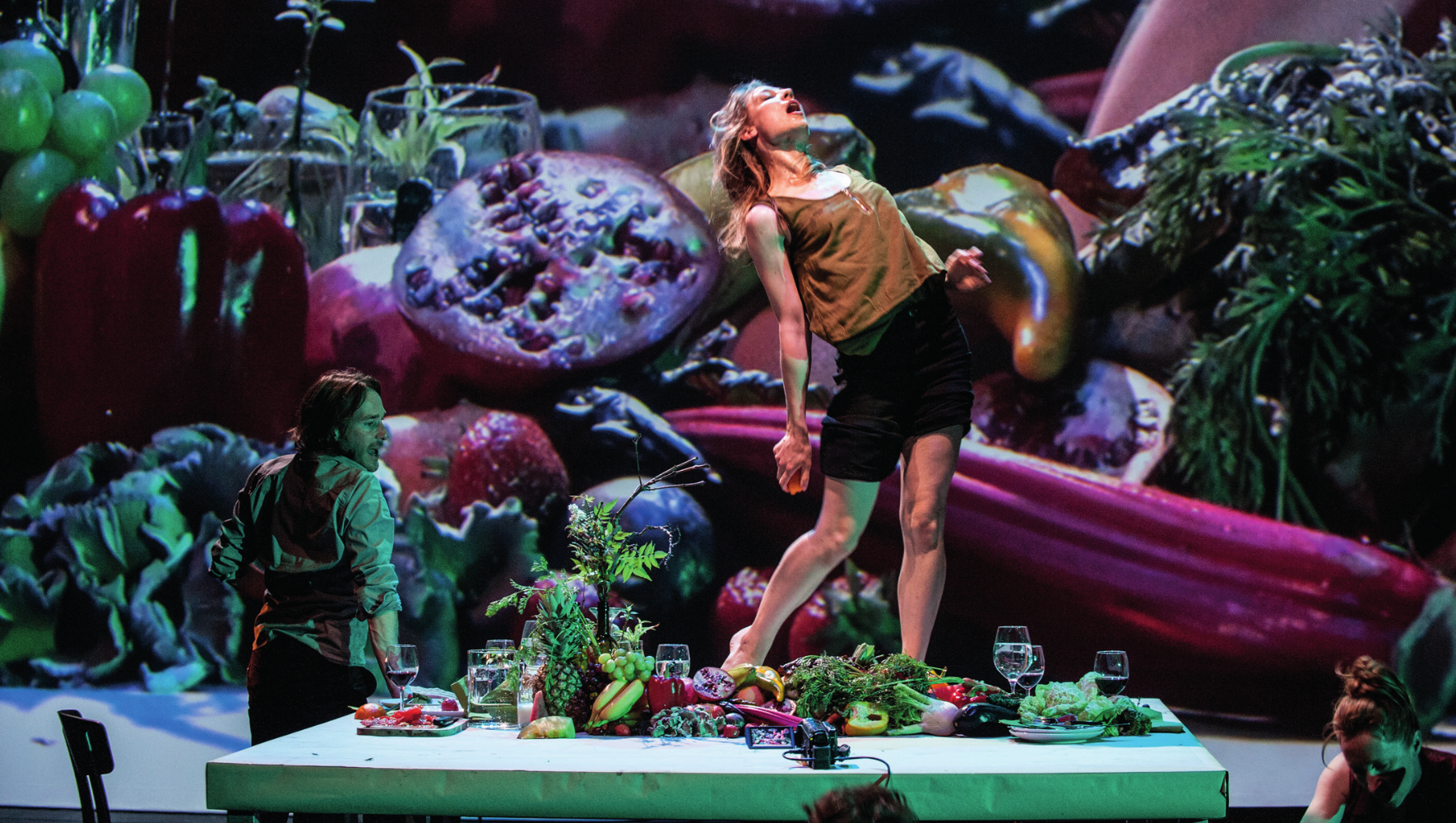
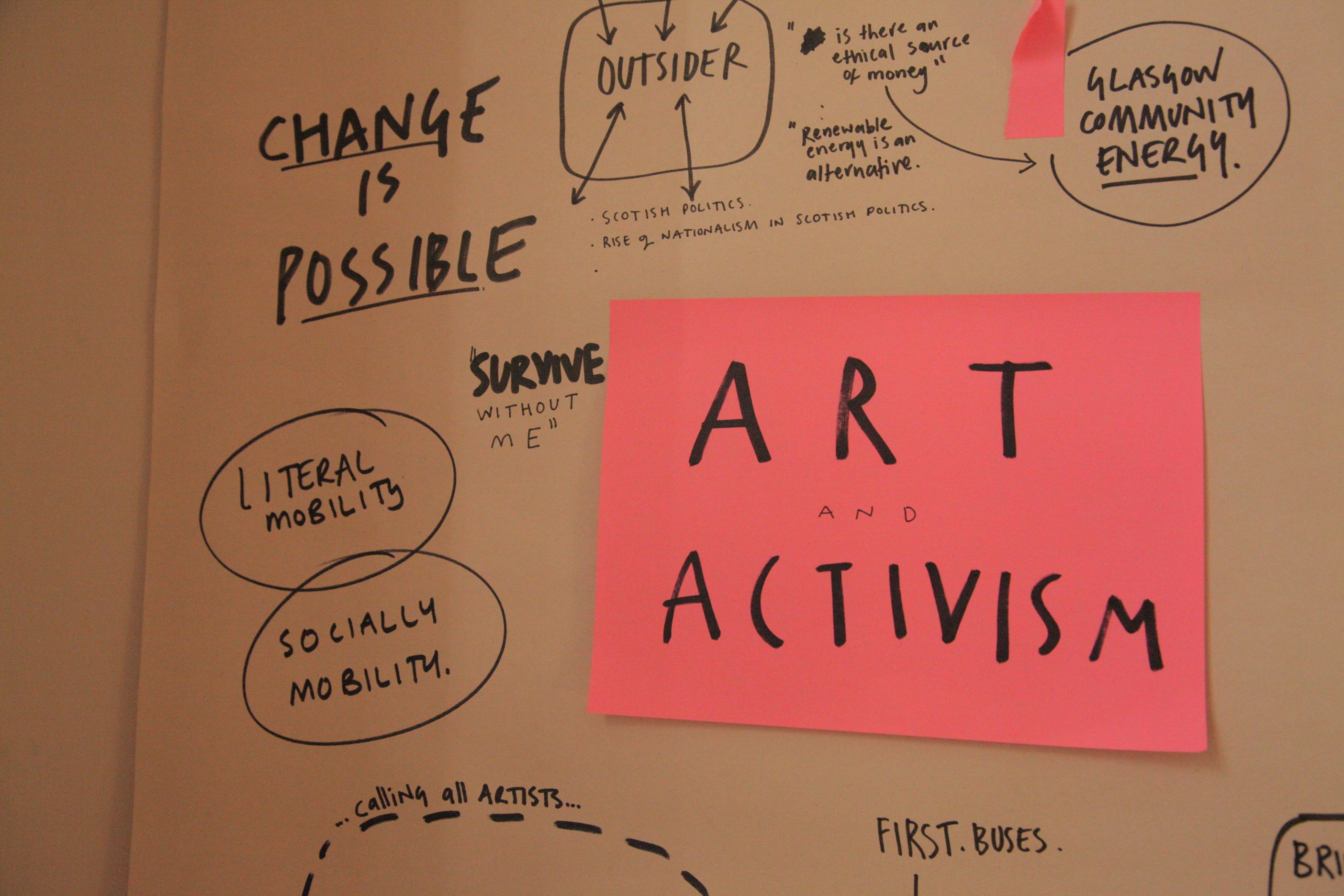
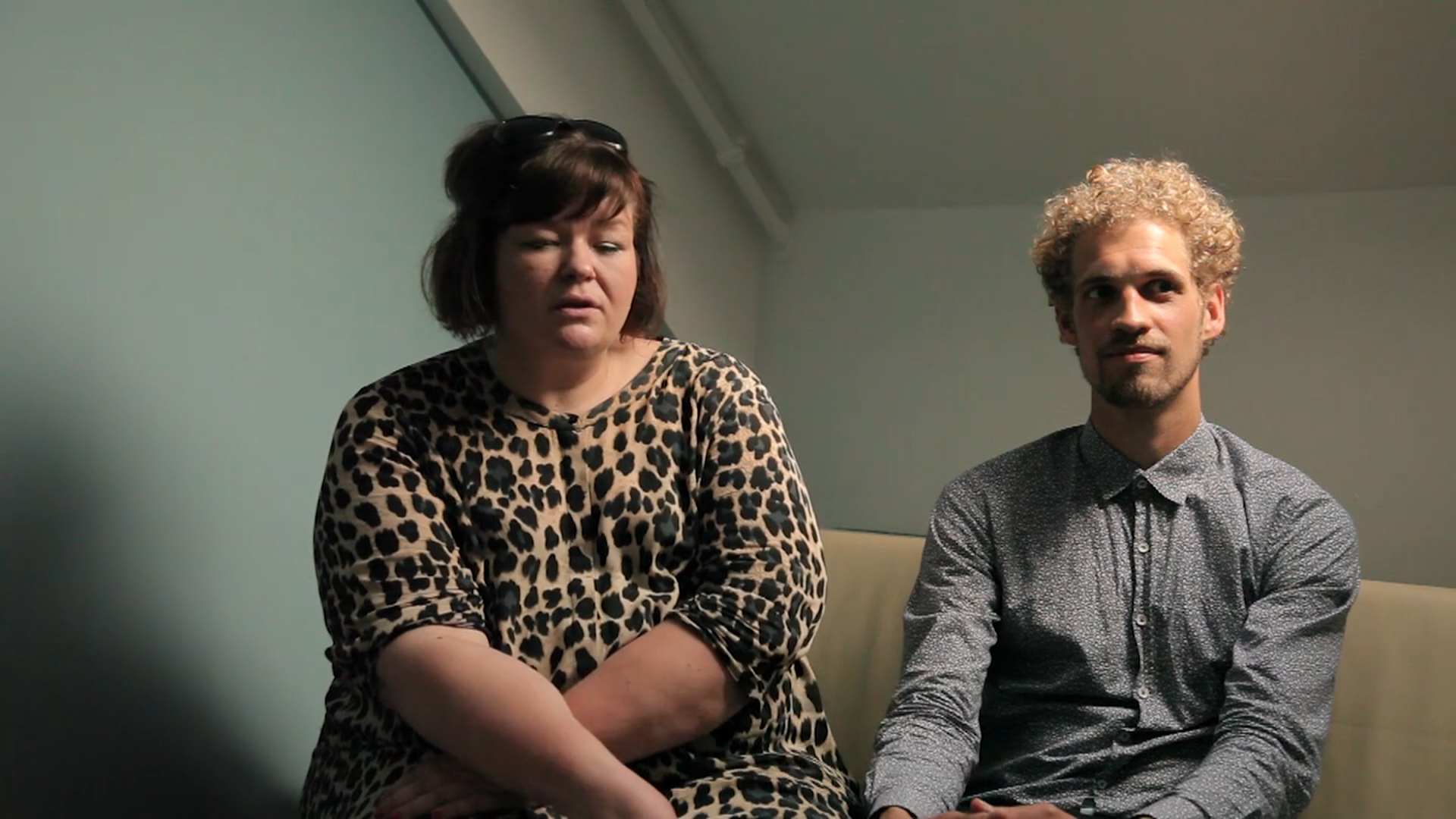
Ane Alsløv and Peter Koch Gehlshøj from the Danish Arts Foundation talk about the support system for arts in Denmark, international work of their institution and new emerging models in the arts field in their context.
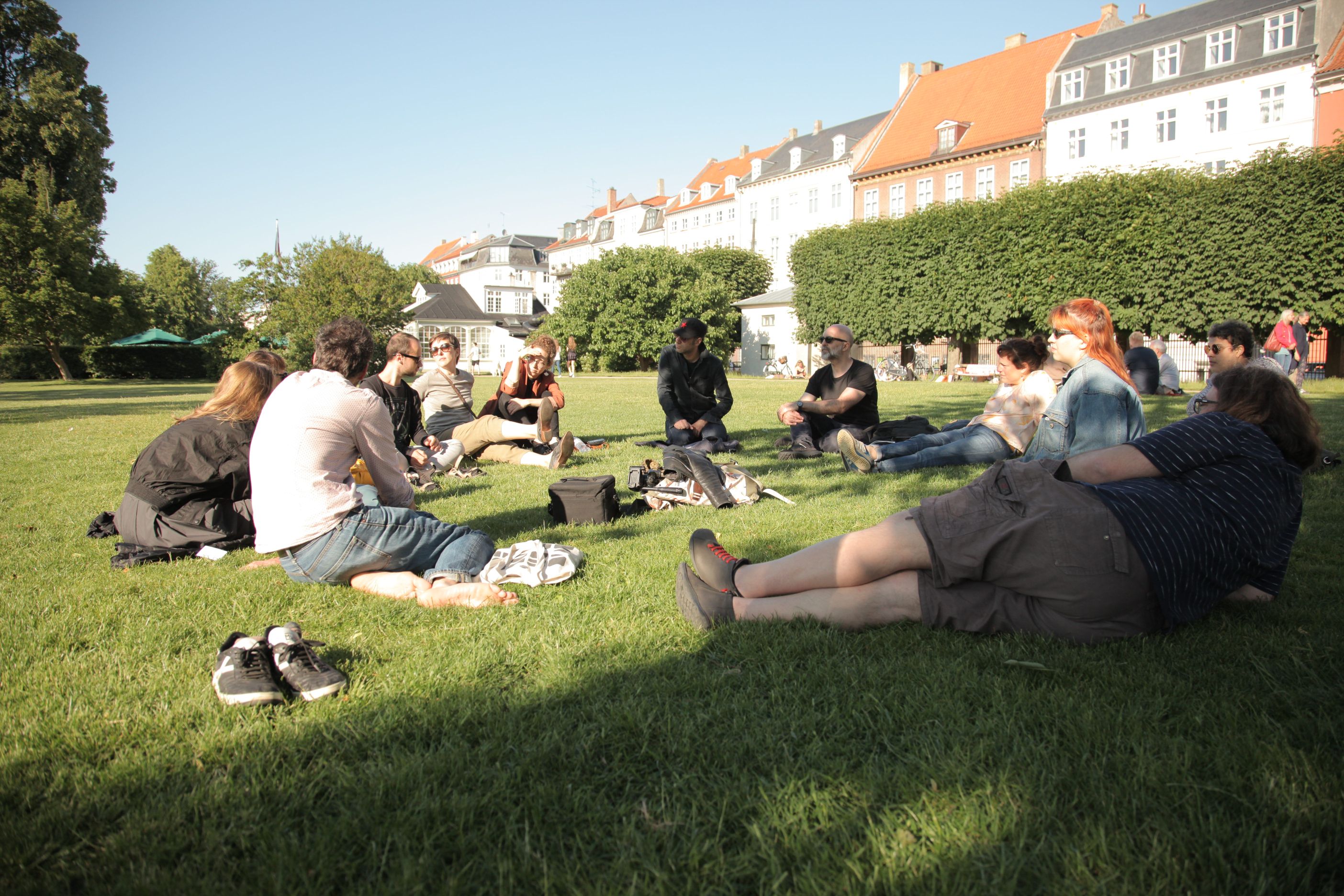
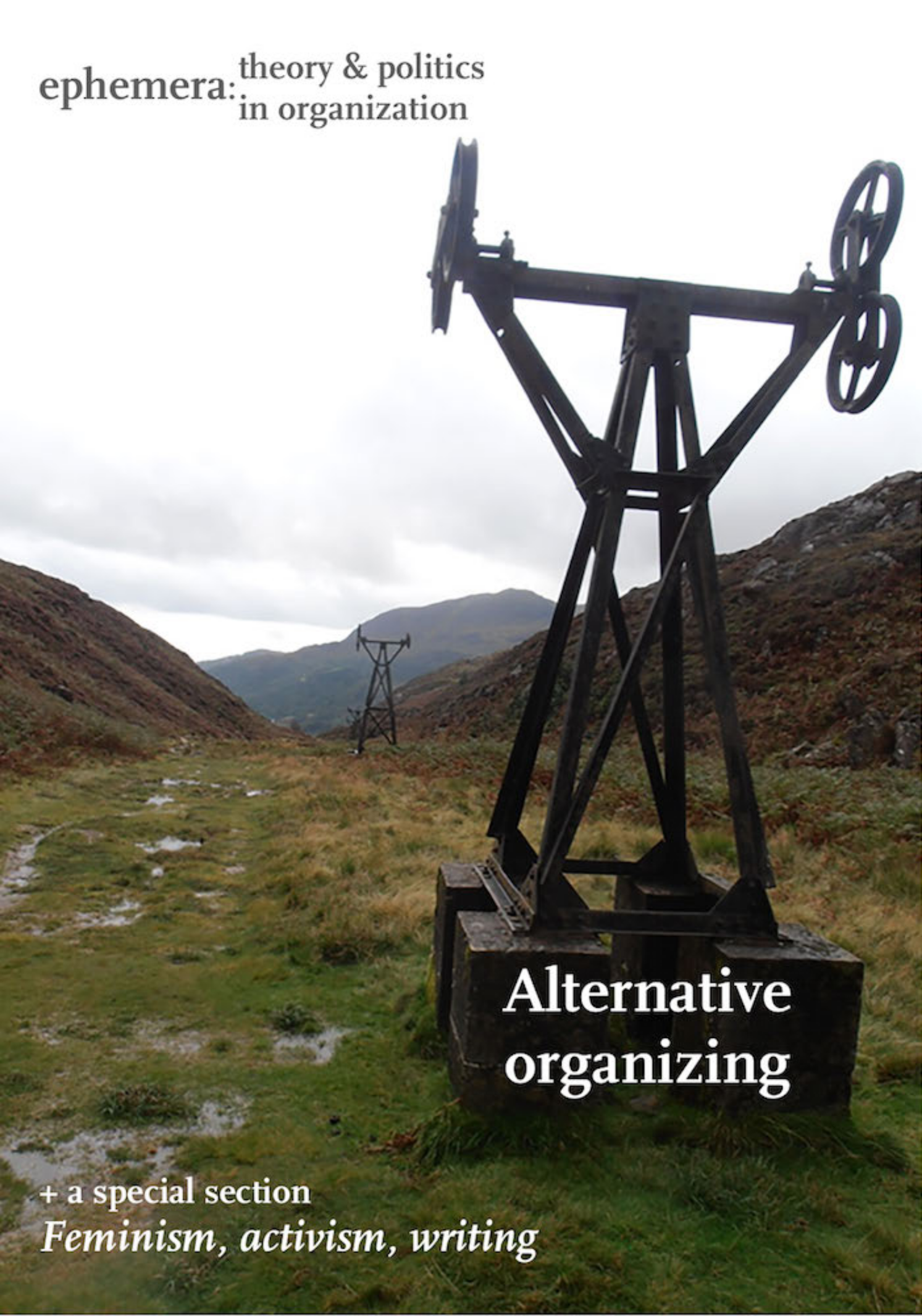
"Ephemera: theory & politics in organization?" an independent journal, founded in 2001. brings in it's 18th issue an eclectic set of papers that each address a central question: how we can build capacity for living and organising in ways that align better with natural systems and imagine ecologically sustainable and socially just alternatives?
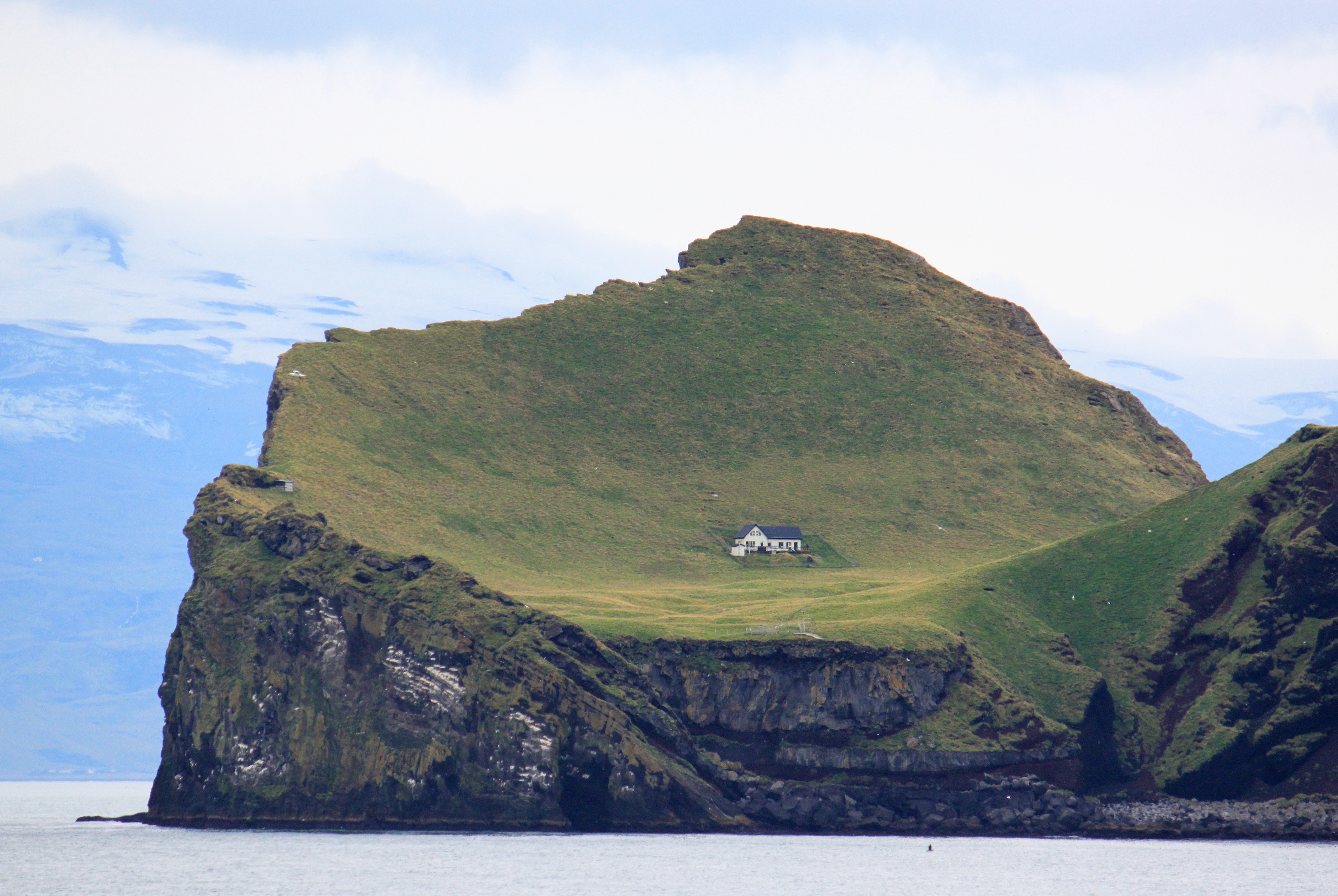
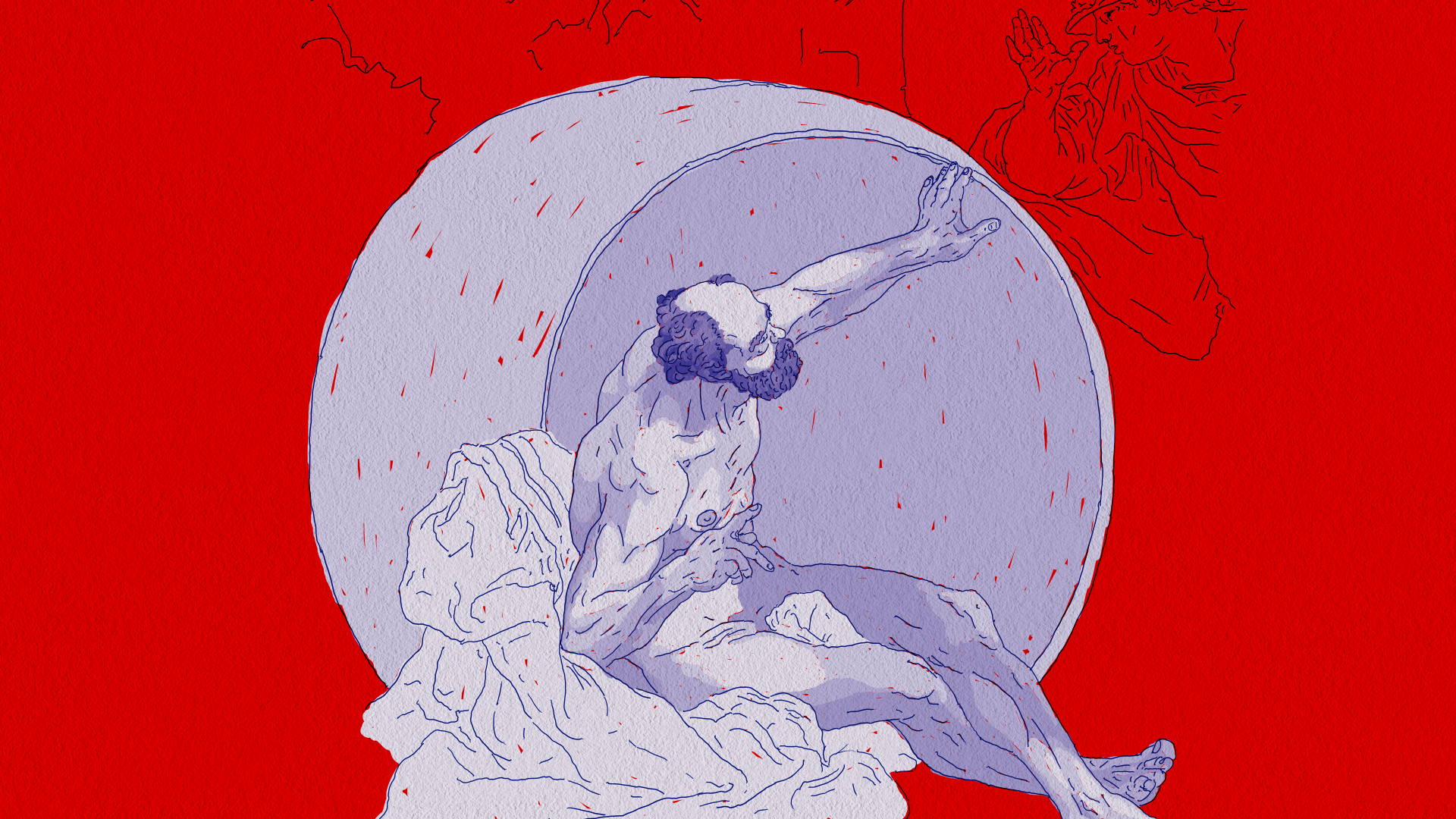
In 2018, Drugo more, an NGO from Rijeka, Croatia whose president is Davor Mišković, one of the RESHAPE advisors, organized a festival and exhibition dedicated to the topic of transnationalism – a social phenomenon which arises from the heightened interconnectivity between people and the receding economic and social significance of boundaries among nation states.
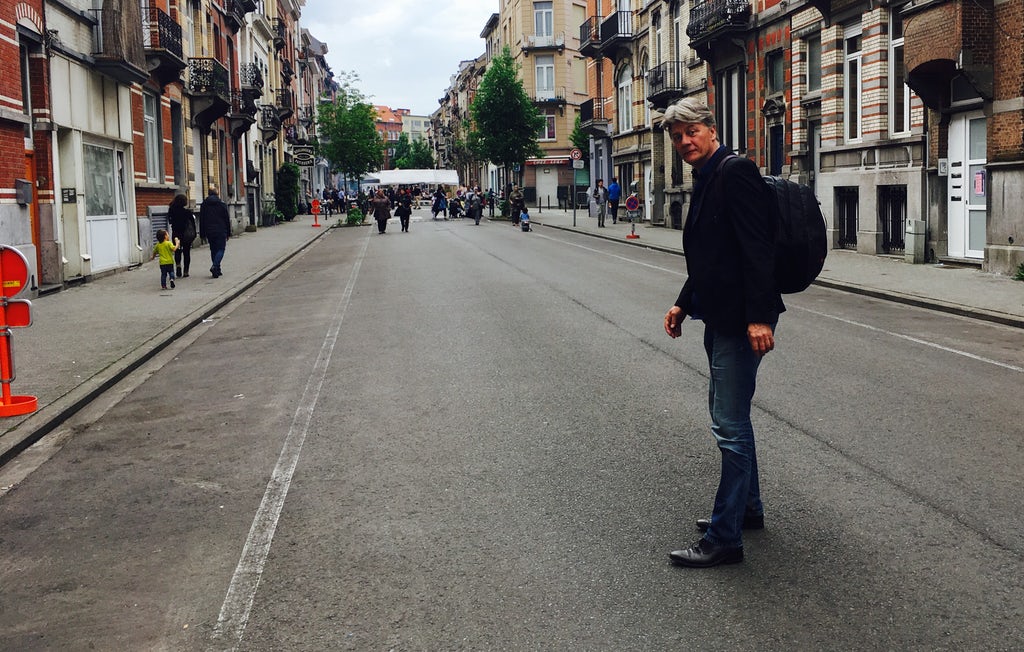
This text is a report of a month in Brussels. No more, no less. The report of a month spent walking, talking and observing. At the invitation of Flanders Arts Institute and in particular of Sofie Joye, in charge of Diversity, Urbanity and Emerging Artists.
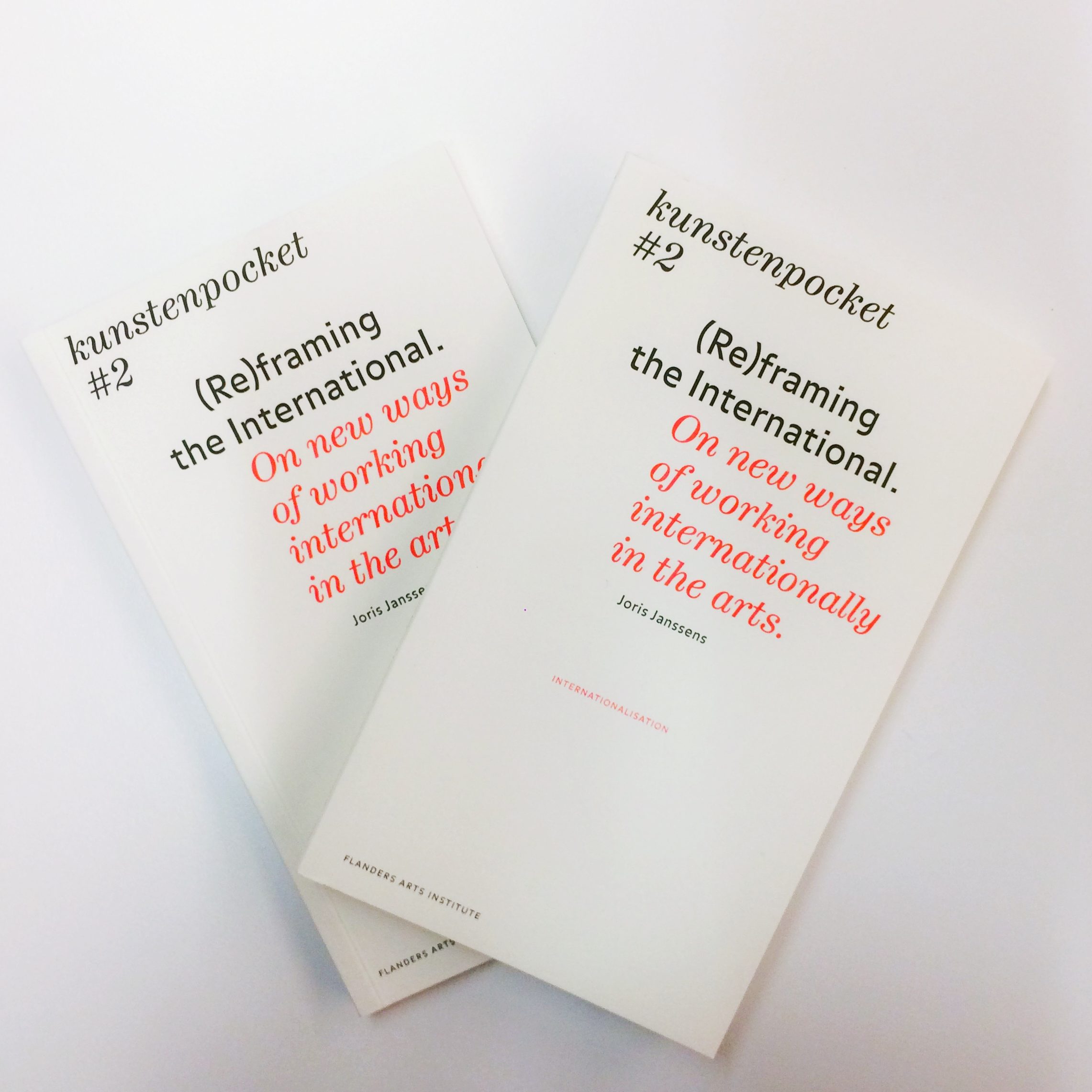
In this pocket publication Flanders Arts Institute examines new ways of working internationally in the arts. Joris Janssens collects insights and light bulb moments from the research & development programme (Re)framing the International.
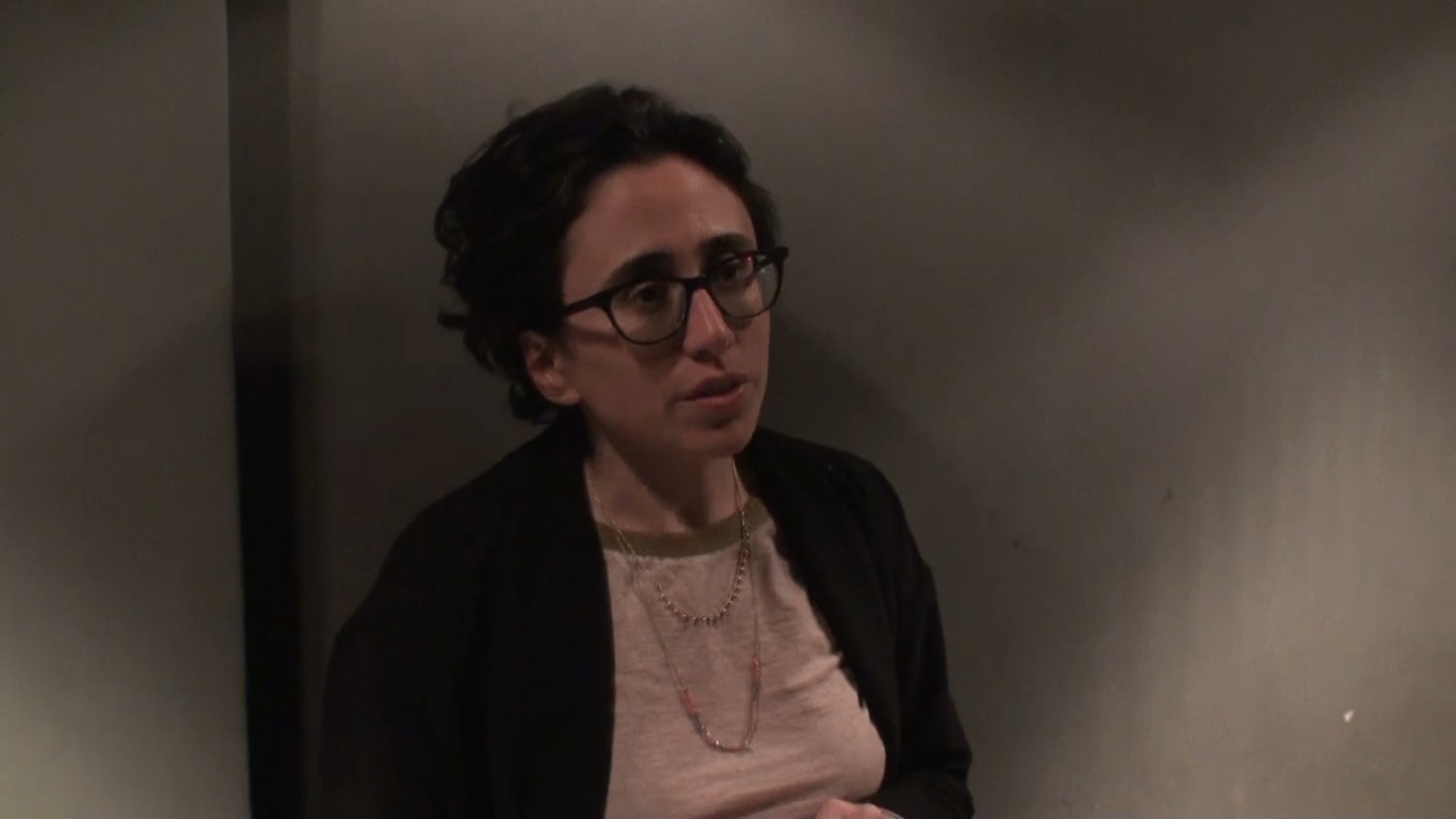
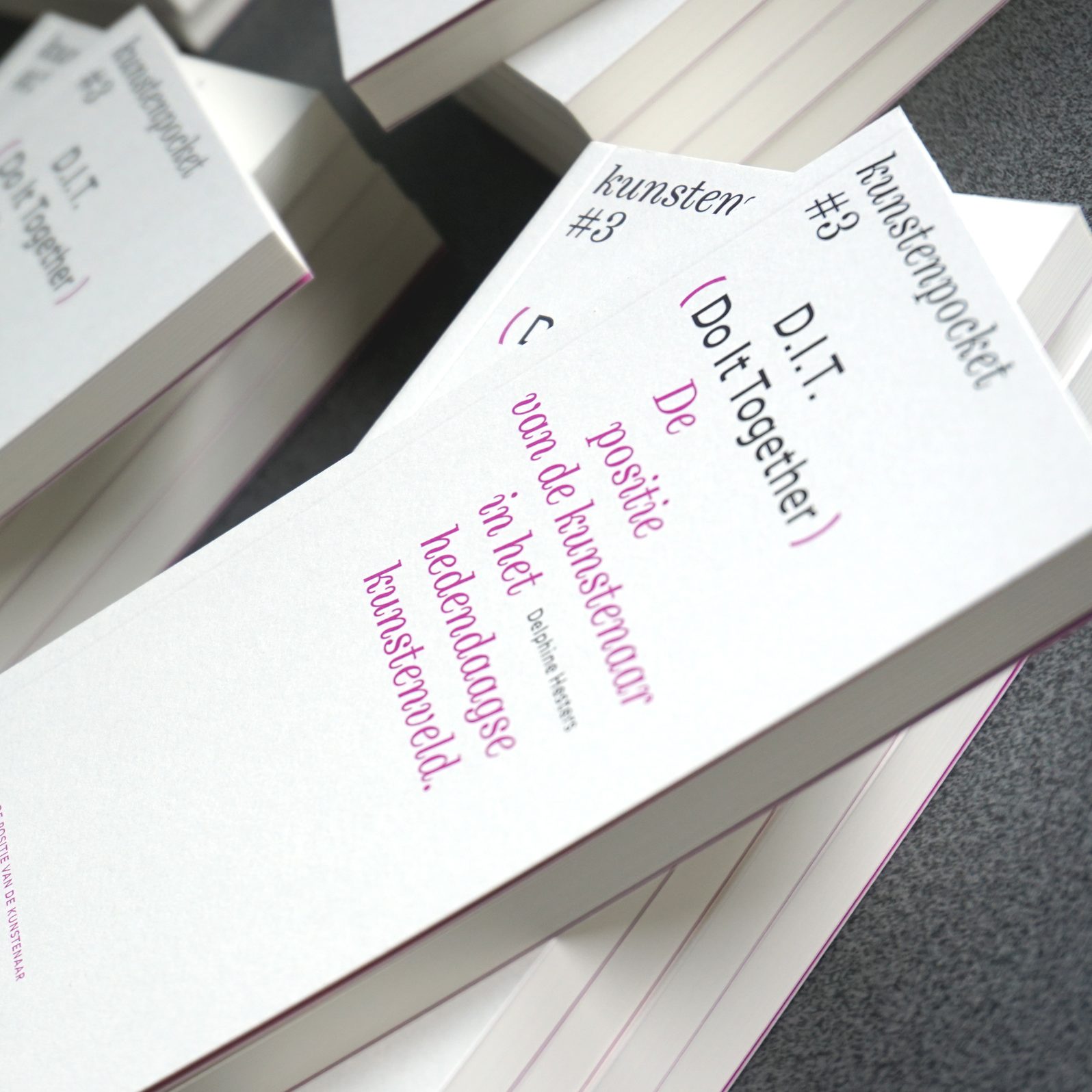
Although the professionalization of the arts sector continues to rise, and global budgets for art are also growing, alarm bells warning about the precarious socio-economic position of artists are ringing louder than before.
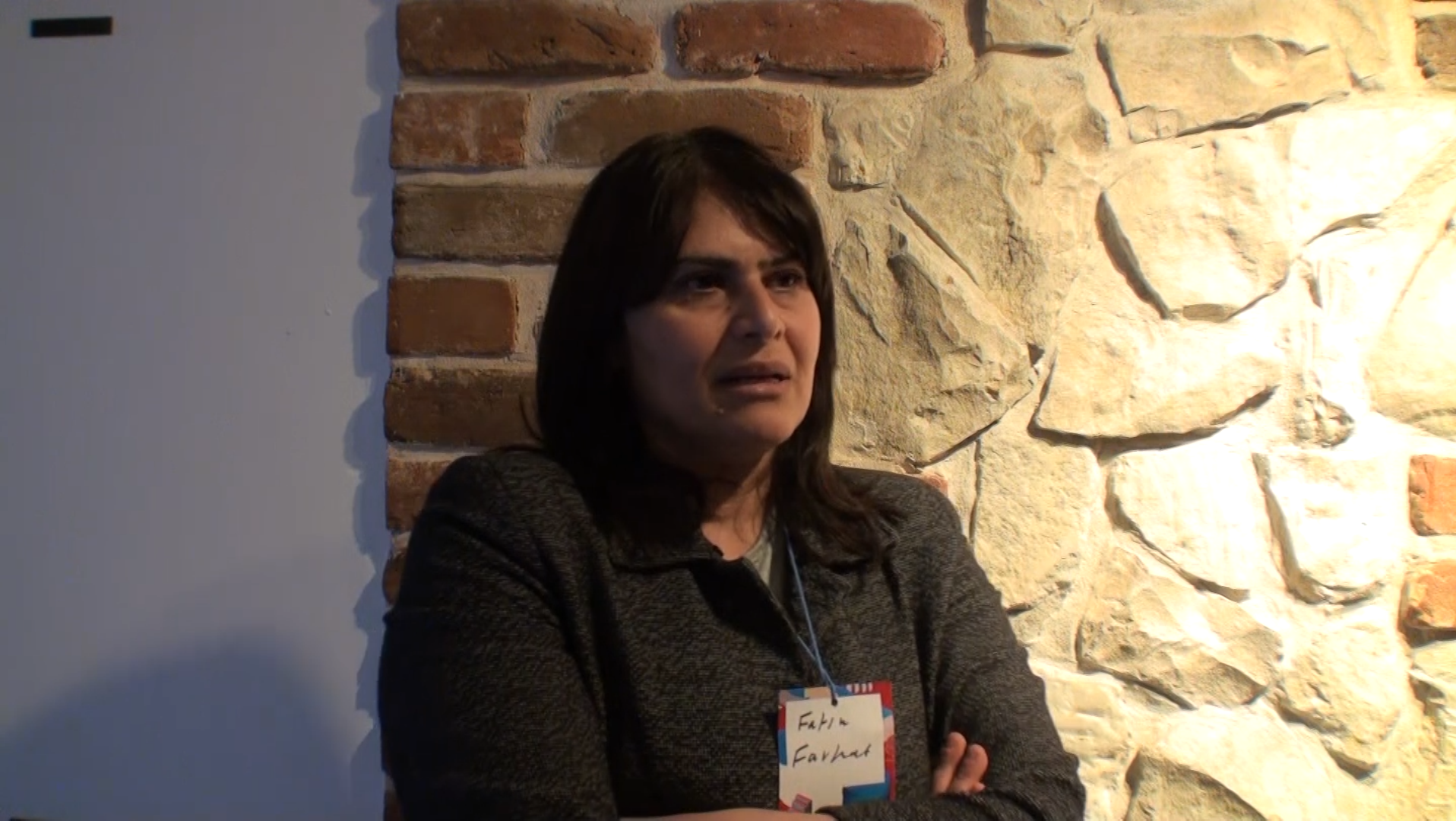
Fatin Farhat, a Palestinian based cultural worker from Ramallah talks about art sector in Palestine and MENA region, as well as about RAWA, a bottom up funding initiative. Fatin is currently enrolled in the Cultural Policy program at Hildesheim University as a Ph.D., examining the potential of inviting new practices to grassroots cultural initiatives, while highlighting the potential role local governments can play in fostering community/citizen participation and cultural development in Palestine.
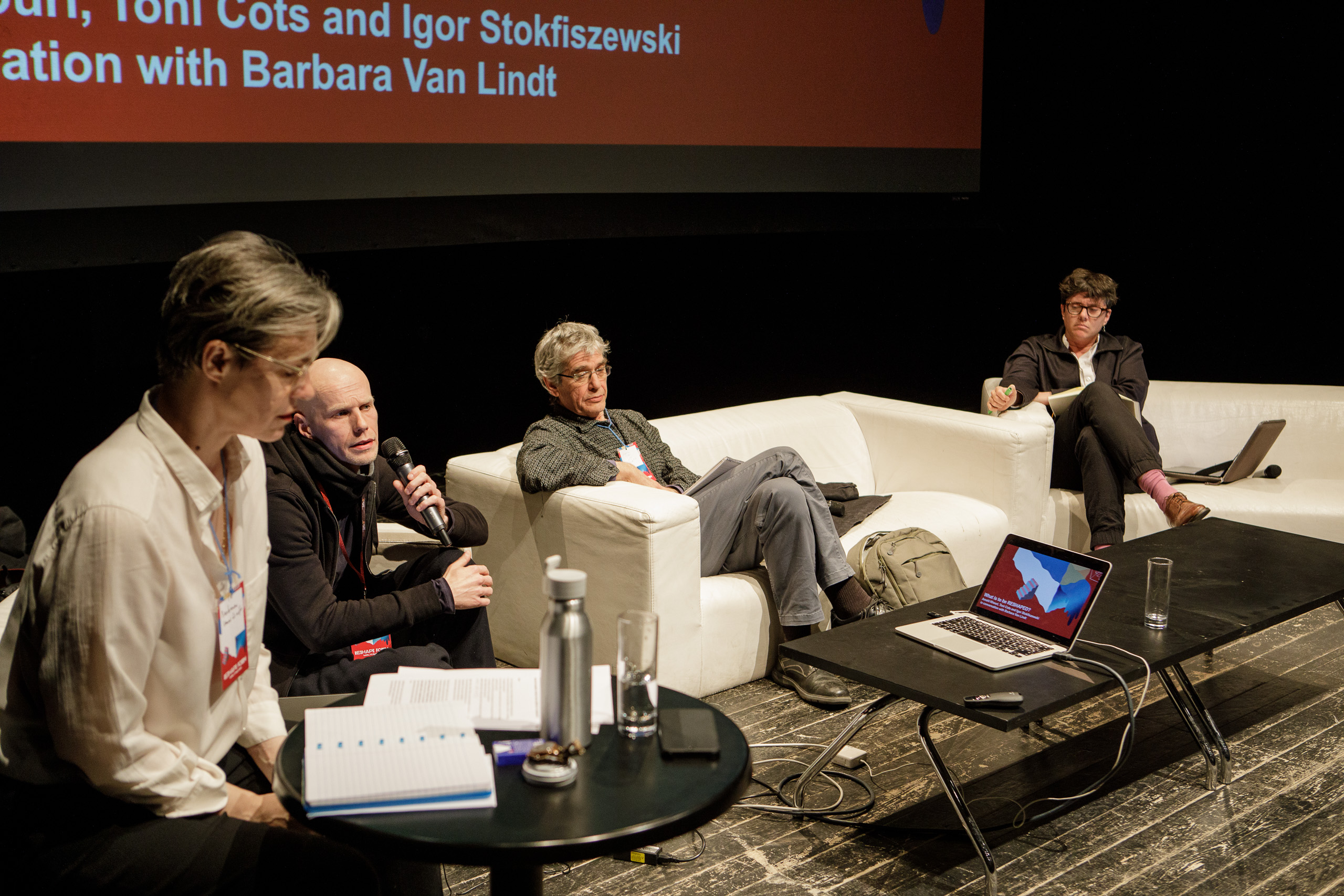
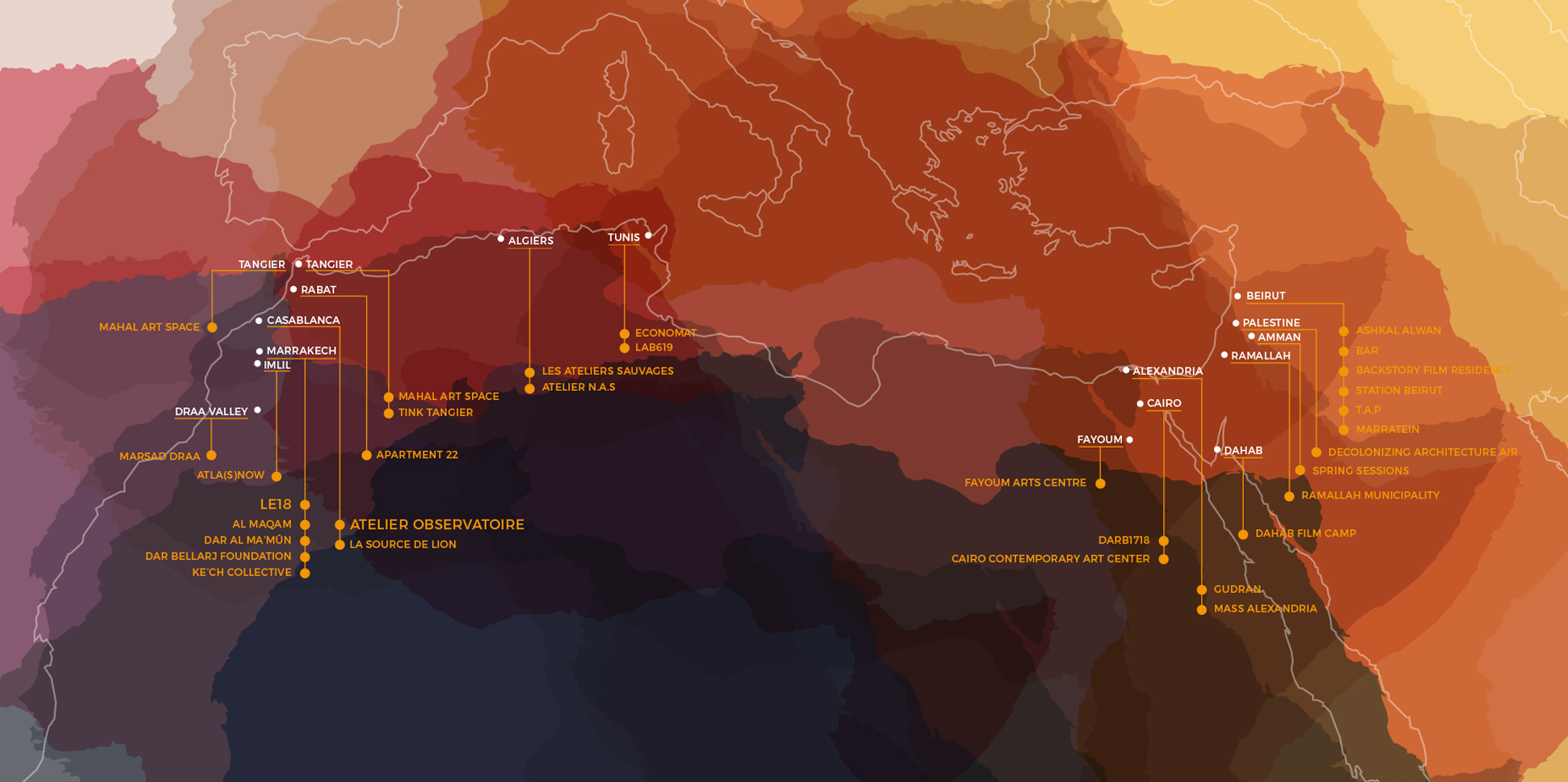
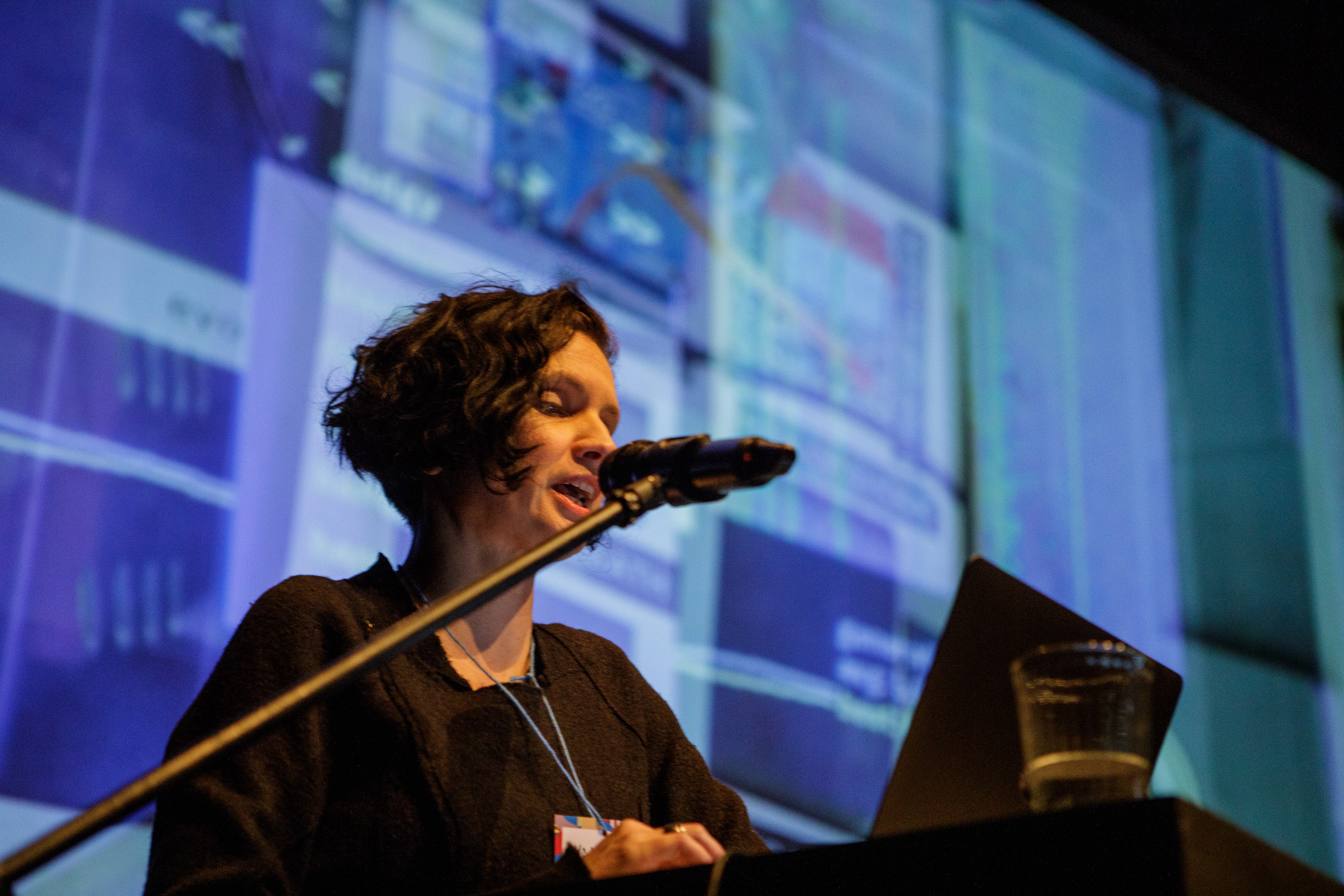
The complex uncertainties of our times make engaging with futures increasingly challenging. What could encourage proactive engagement with these challenges? The various approaches to uncertainty found in futures studies offer some starting points; where futures are iteratively imagined, tested, adapted and integrated into everyday experiences, as a continuous refinement of living in the long now.
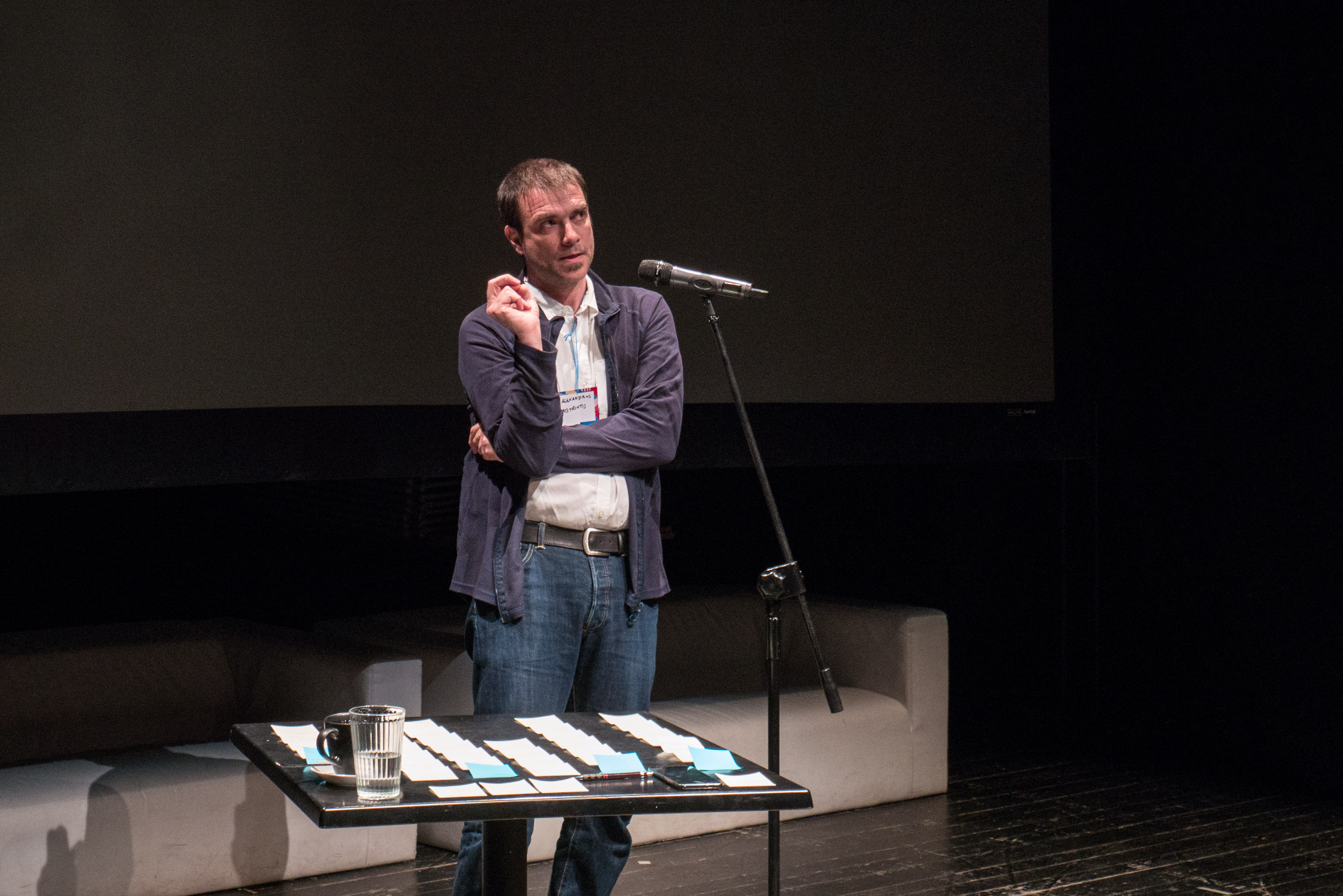
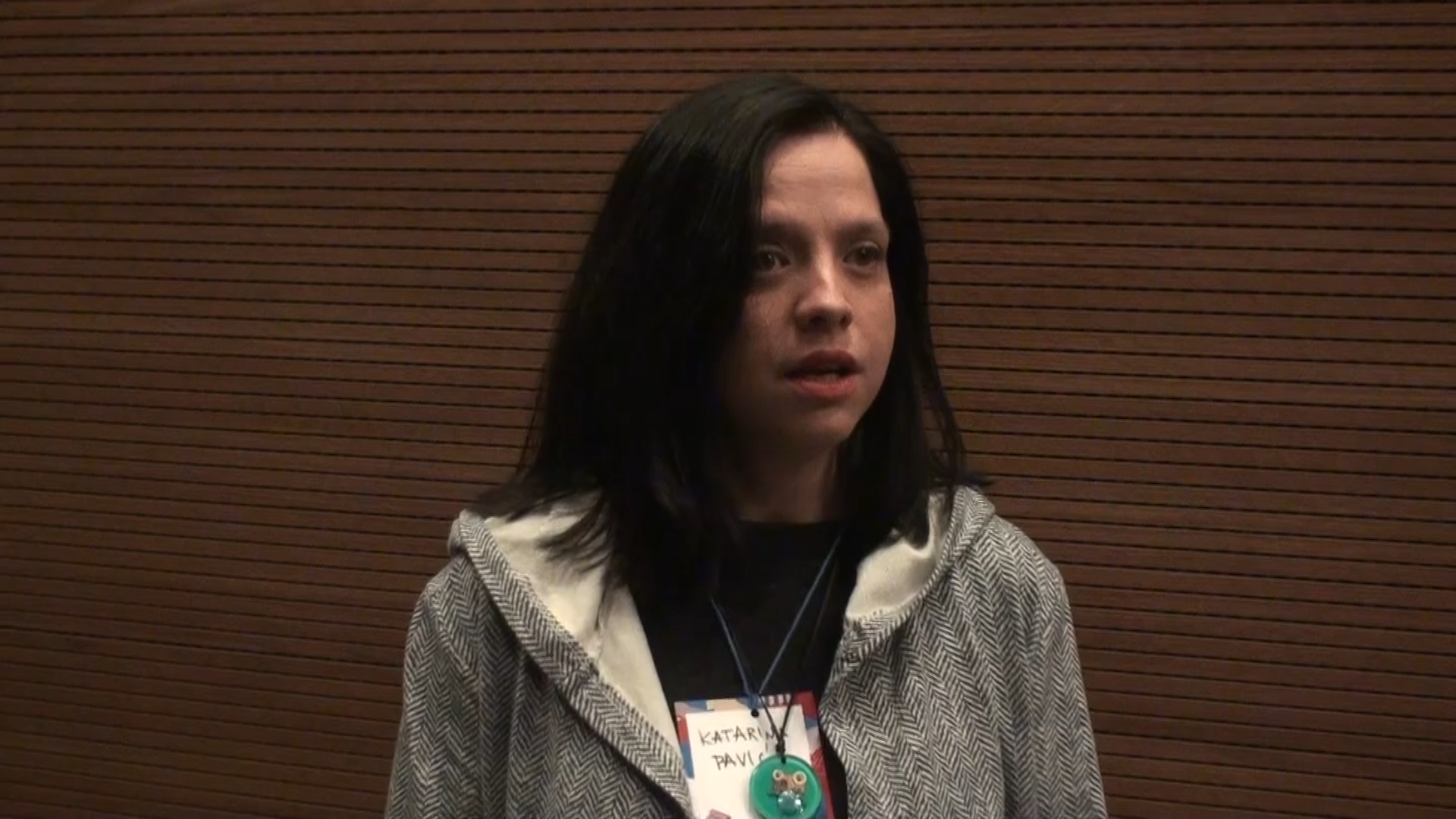
Katarina Pavić, a cultural worker and activist from Zagreb, Croatia, talks about reshaping cultural organizations: What you do every day is a habit, and then your habits form your character, then your character informs the way you do things and the way you organize. When we talk about reshaping organizational systems — this is how we need to start. We need to start with what we are doing every day and how we are doing things every day and this is how we produce something that is called change or novelty.
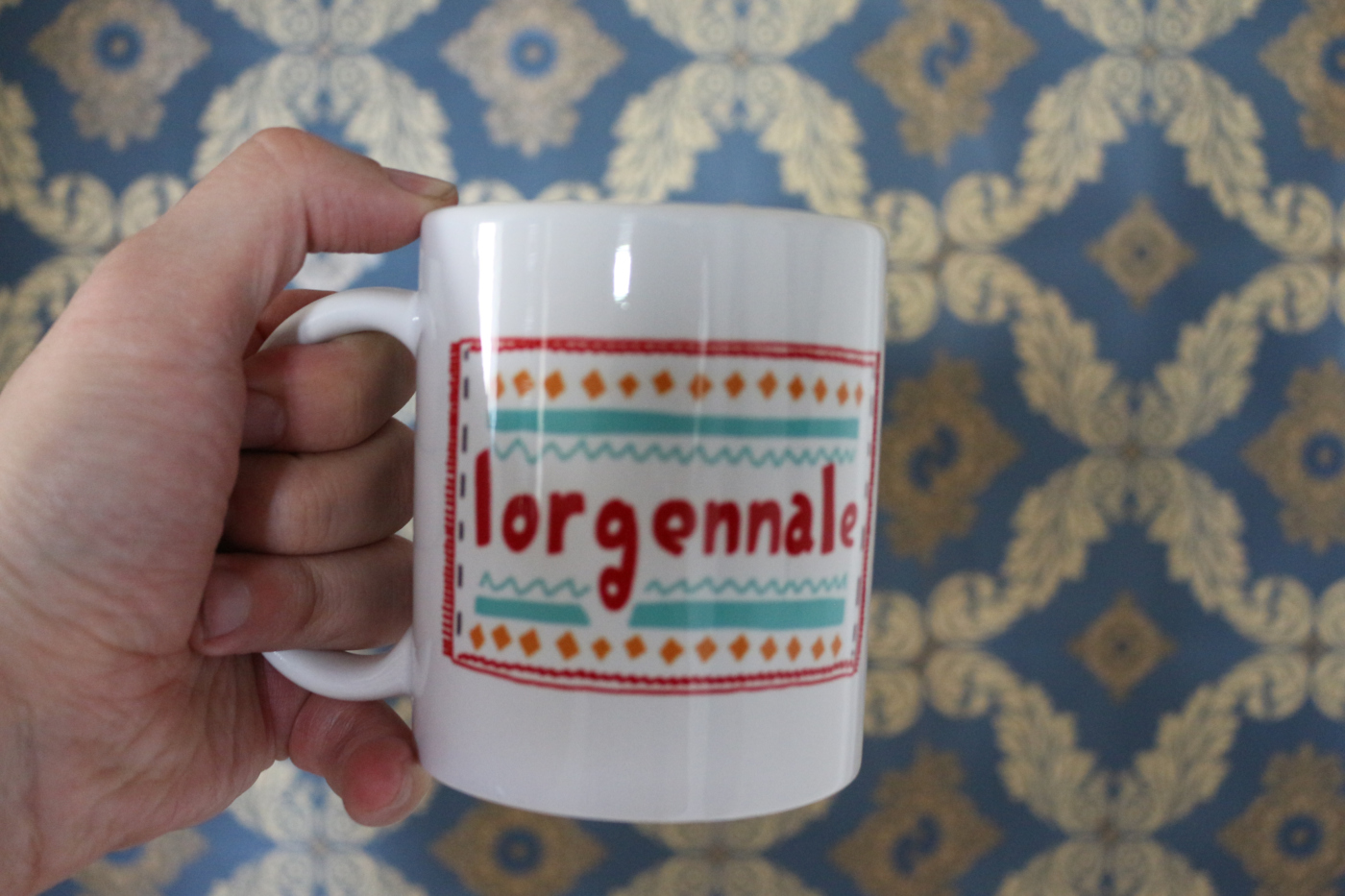

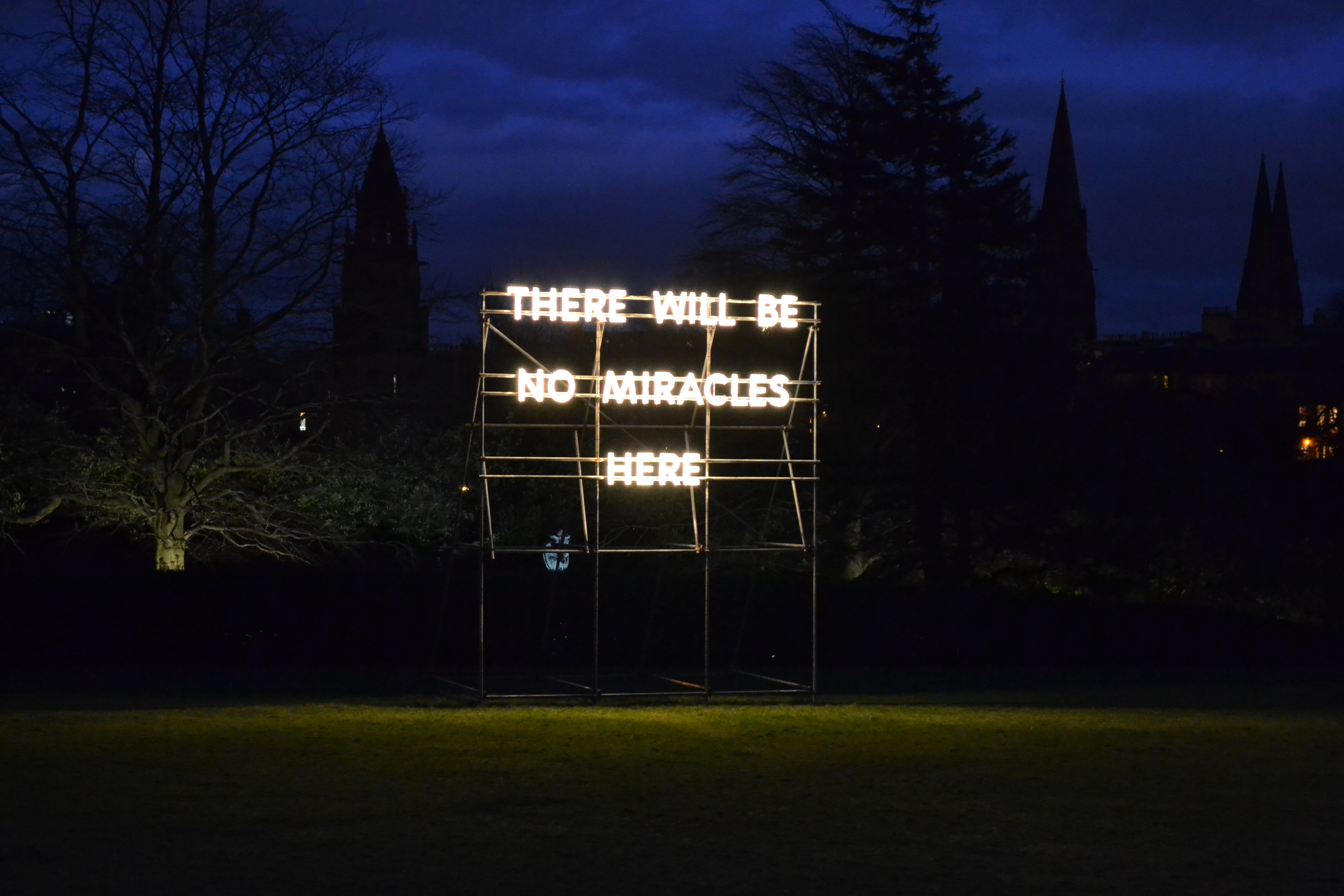
Arts professionals think that their work is important for society. Nevertheless, when it comes to defining or formulating this value in concrete terms, most of them fail to do so. Far from being able to establish the relevance of what they do for the people they aim to serve, they often seem to be totally unaware of what is going on around them and little informed on contemporary issues that affect their communities. Cuts in budgets for Culture, shrinking teams and an absurd demand for “doing more with less” have further intensified the disconnect between cultural organisations and society. The uncritical execution of repetitive tasks, therefore, has become a comfortable norm, where there seems to be little place for critical thinking, imagination, creativity and, ultimately, happiness. Can there be a way out from this swamp?
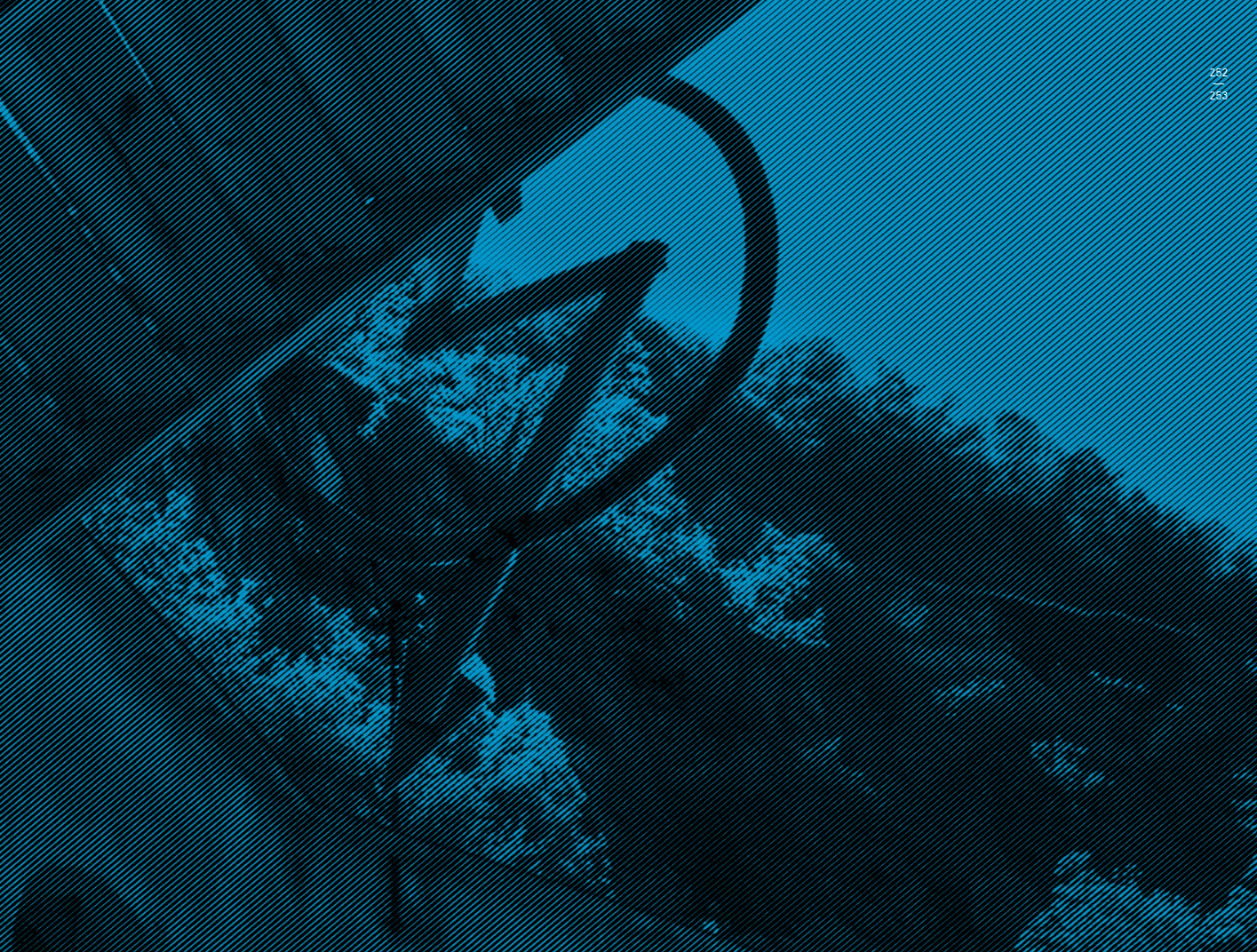
Participation does not imply only joining in the game but also the rules of the game, i.e., the conditions under which the game is played. Understanding these rules and the possibility of creating them make the key difference. Participation in this case becomes a tool for positive changes
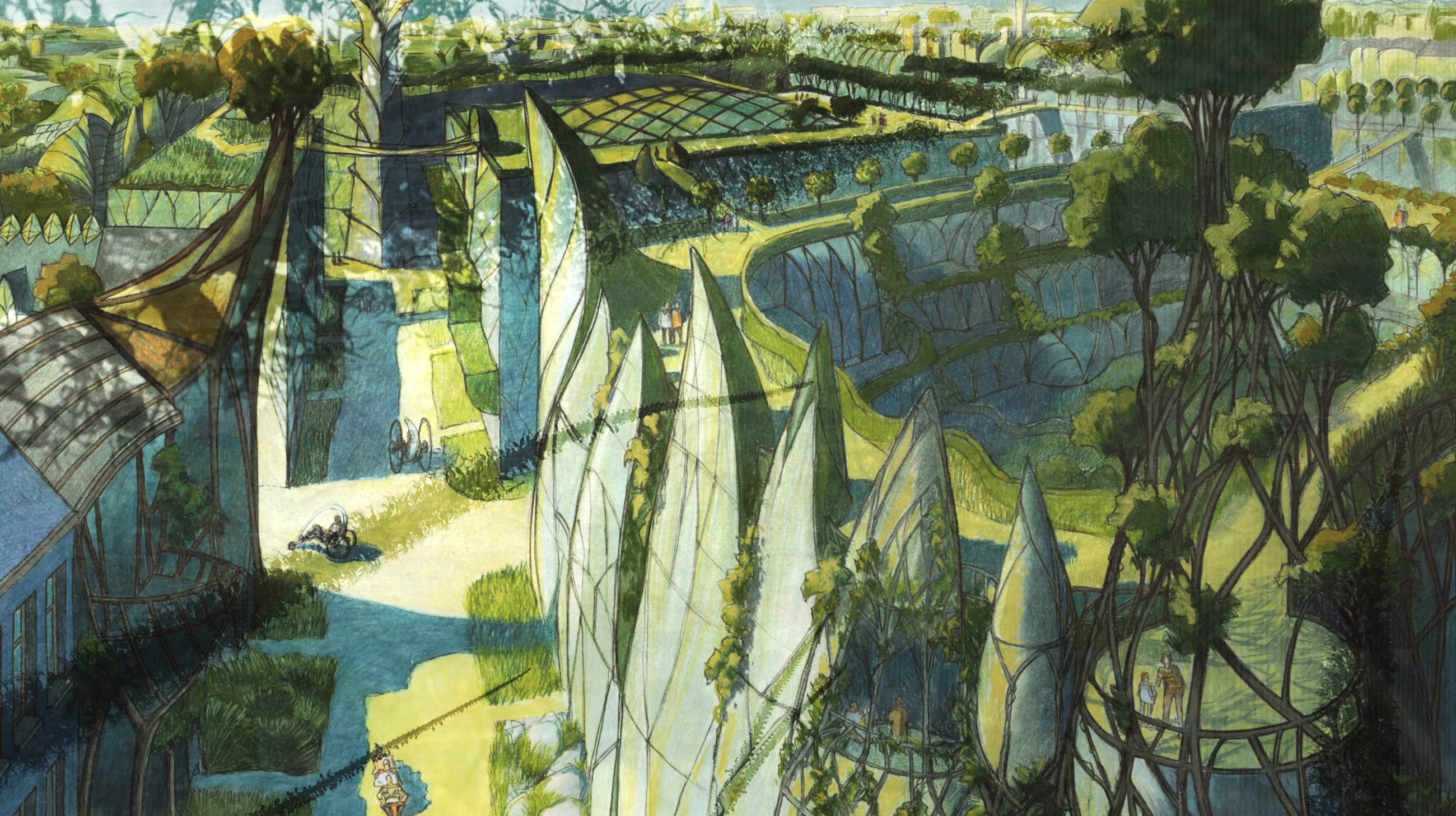
This article is intended to provide a brief introduction to working with futures as artists and culture makers. One of the central concerns is how and why Futures can provide useful methods for increasing agency and encouraging co-creation of our collective futures. It is about why futuring is important for everyone, not just corporations and governments. It describes what we at FoAM understand by futuring, our interpretation of the (pre)history of Futures and a few suggestions about where it might be able to take us. It touches on the crossovers between art, design and futures and ends with a proposition for more widespread futures literacy.
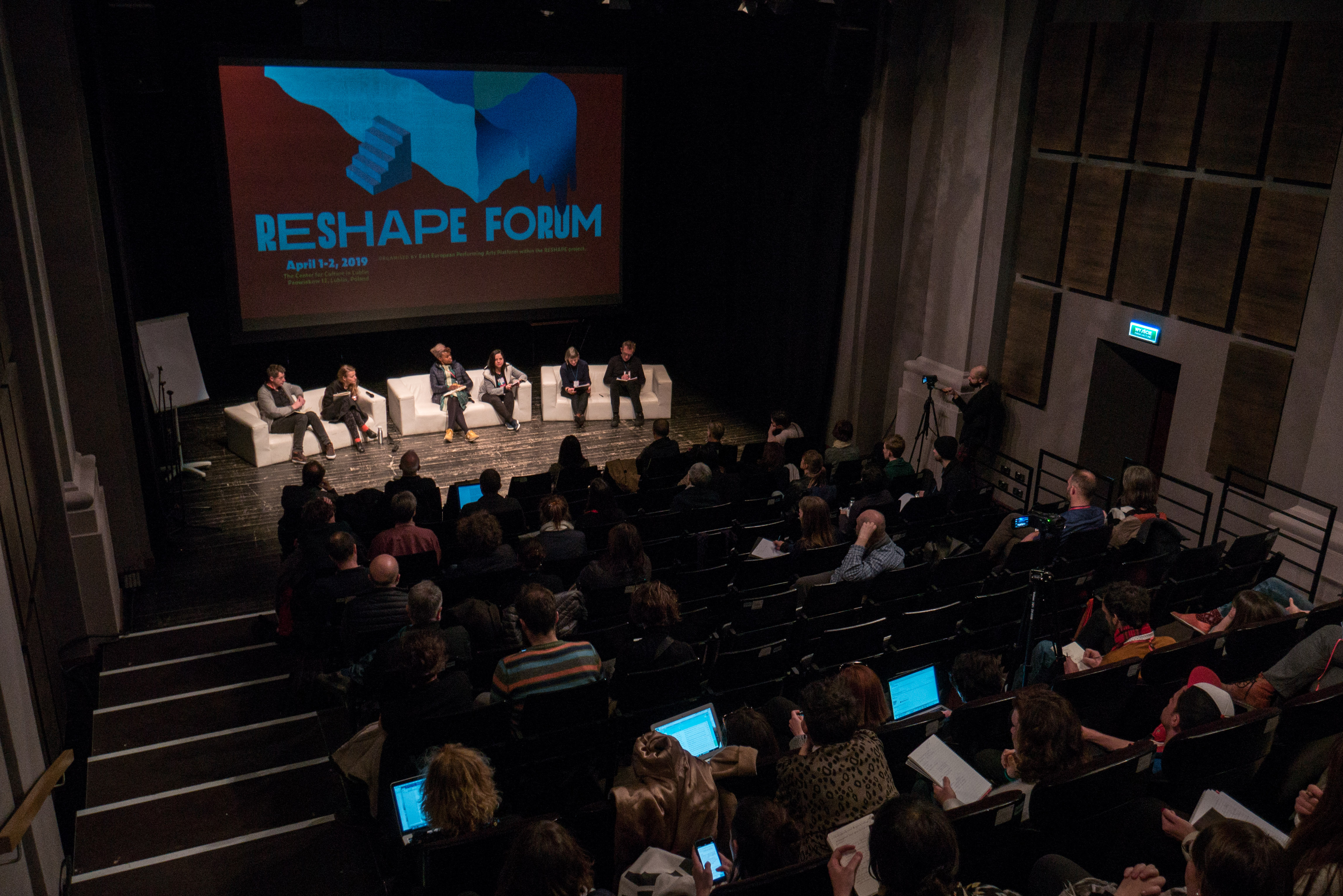
This short paper is the result of the opportunity to join the conversations happening at the Reshape Forum in Lublin during the first week of April. It is also part of the wider research I am conducting in the framework of my PhD in Artistic Studies at the University of Coimbra on alternative models of organization and management in the performing arts. If you’re interested in continuing this conversation, do get in touch. The research is funded by FCT - SFRH/BD/136458/2018.
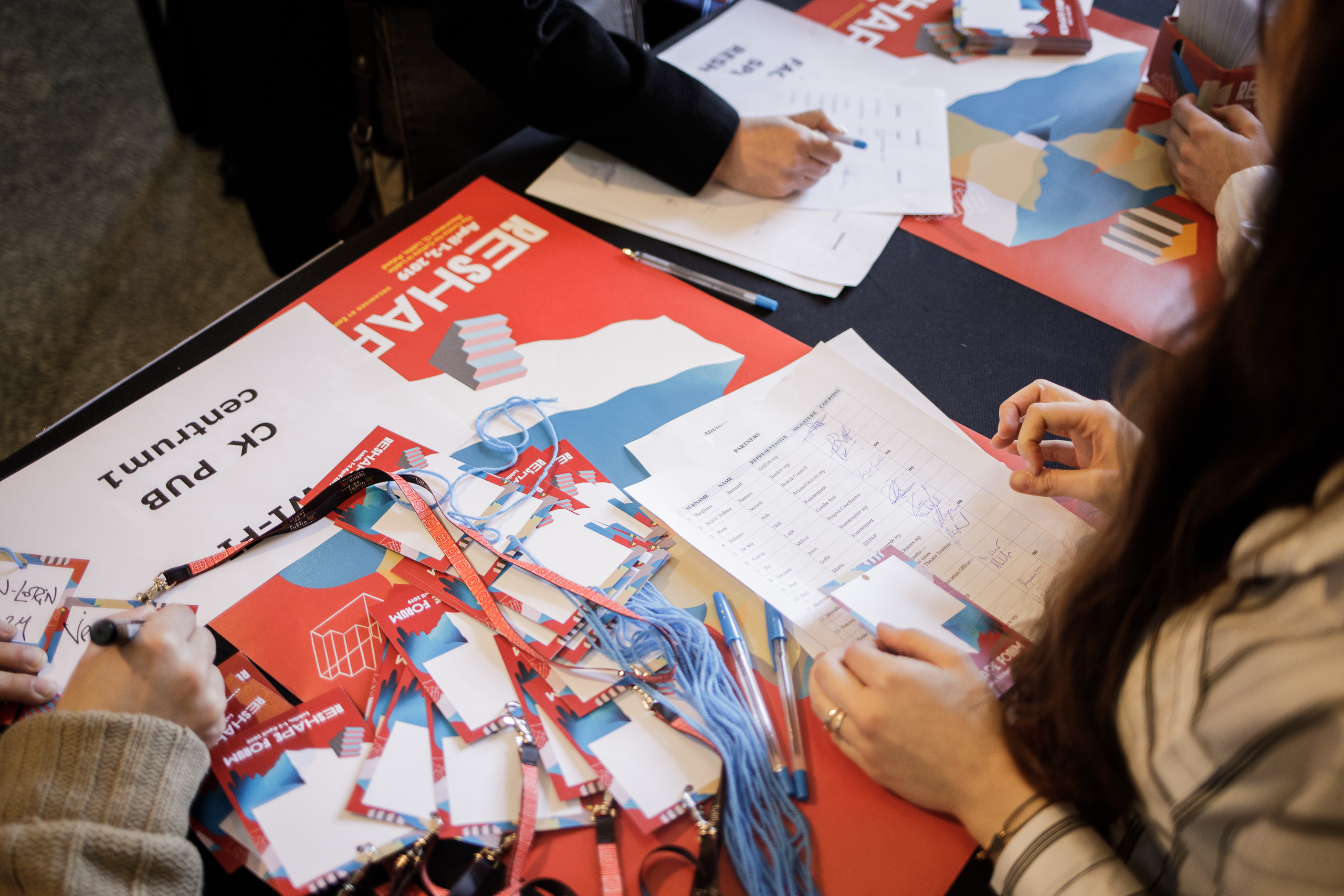
We use cookies to improve your experience on our site. To find out more, read our privacy policy.